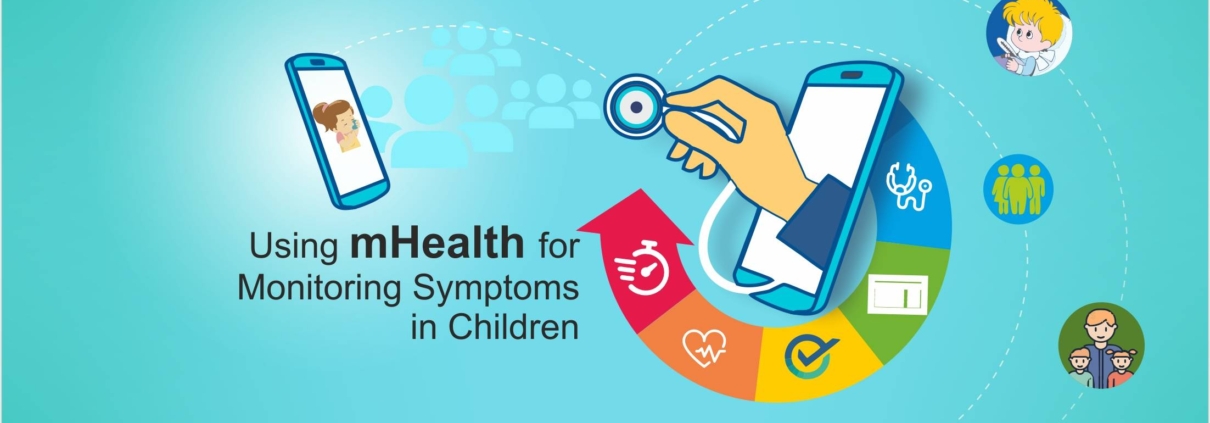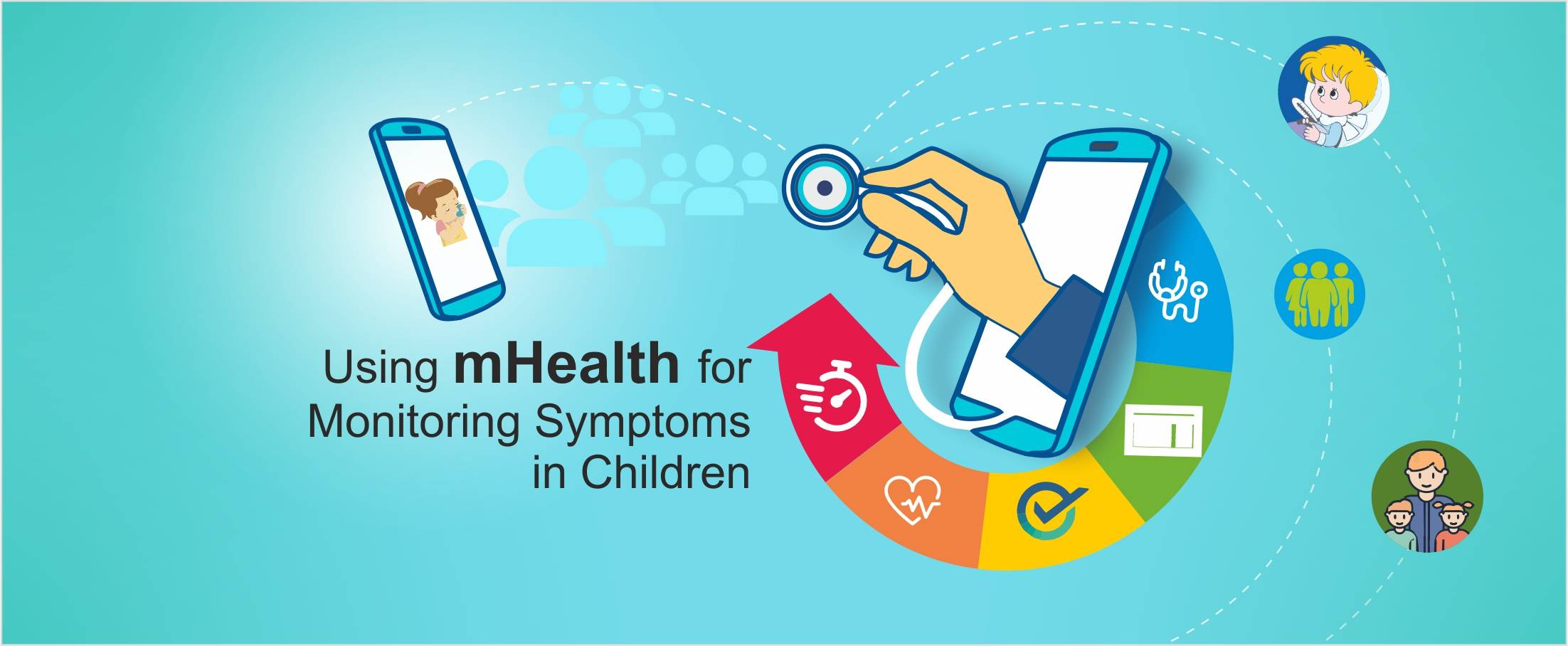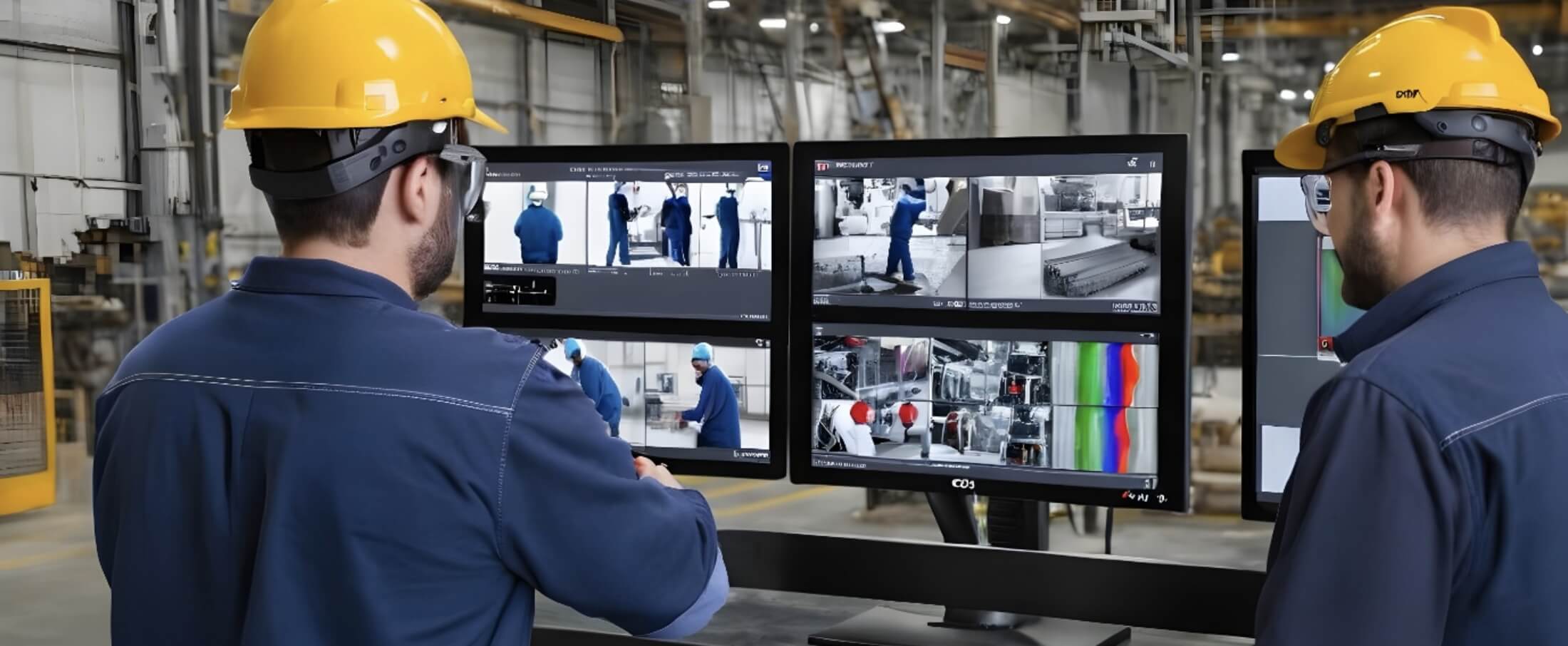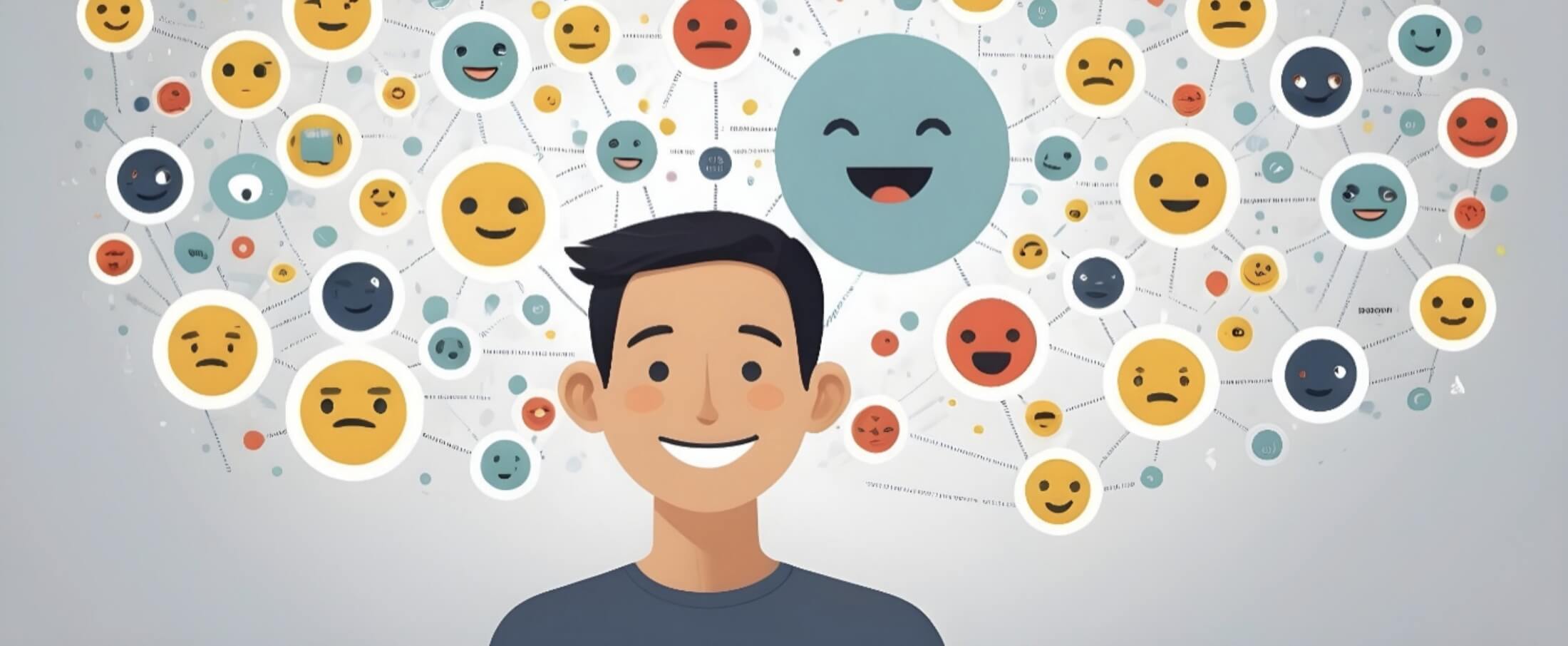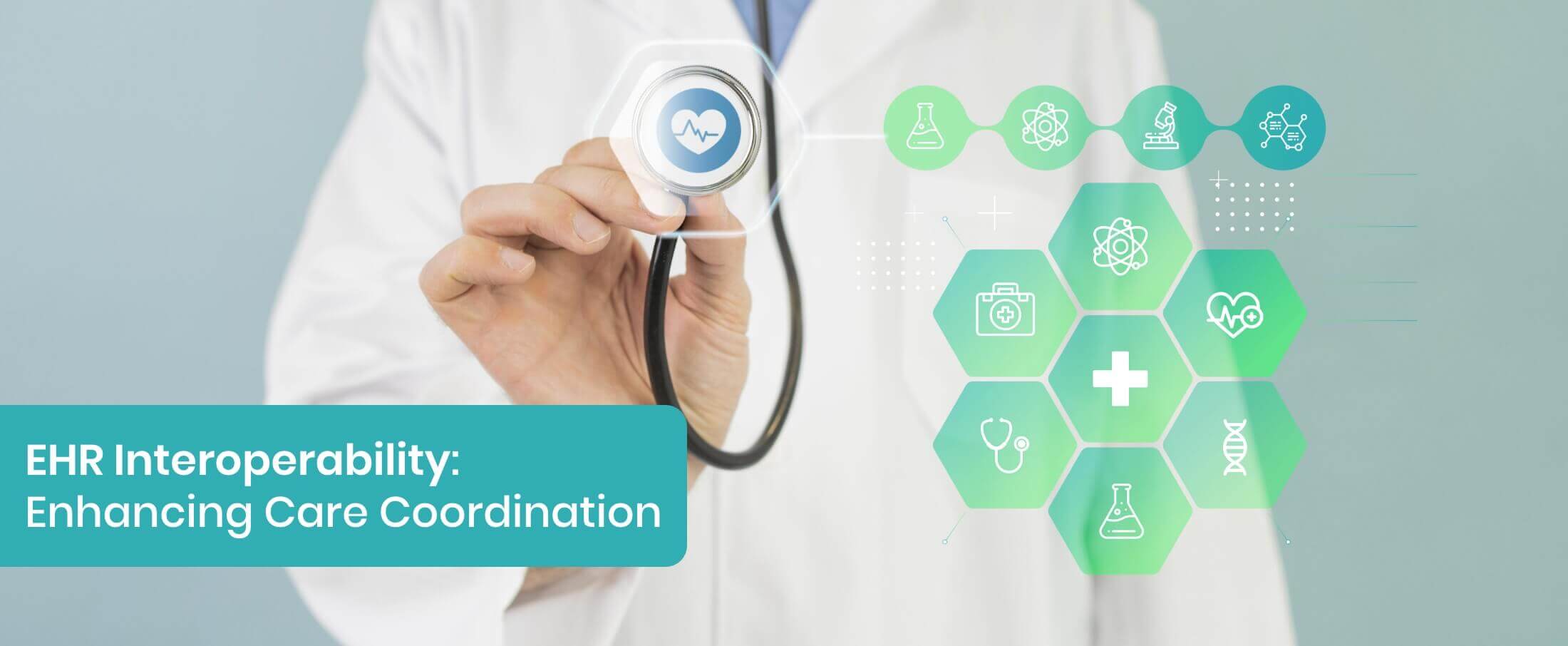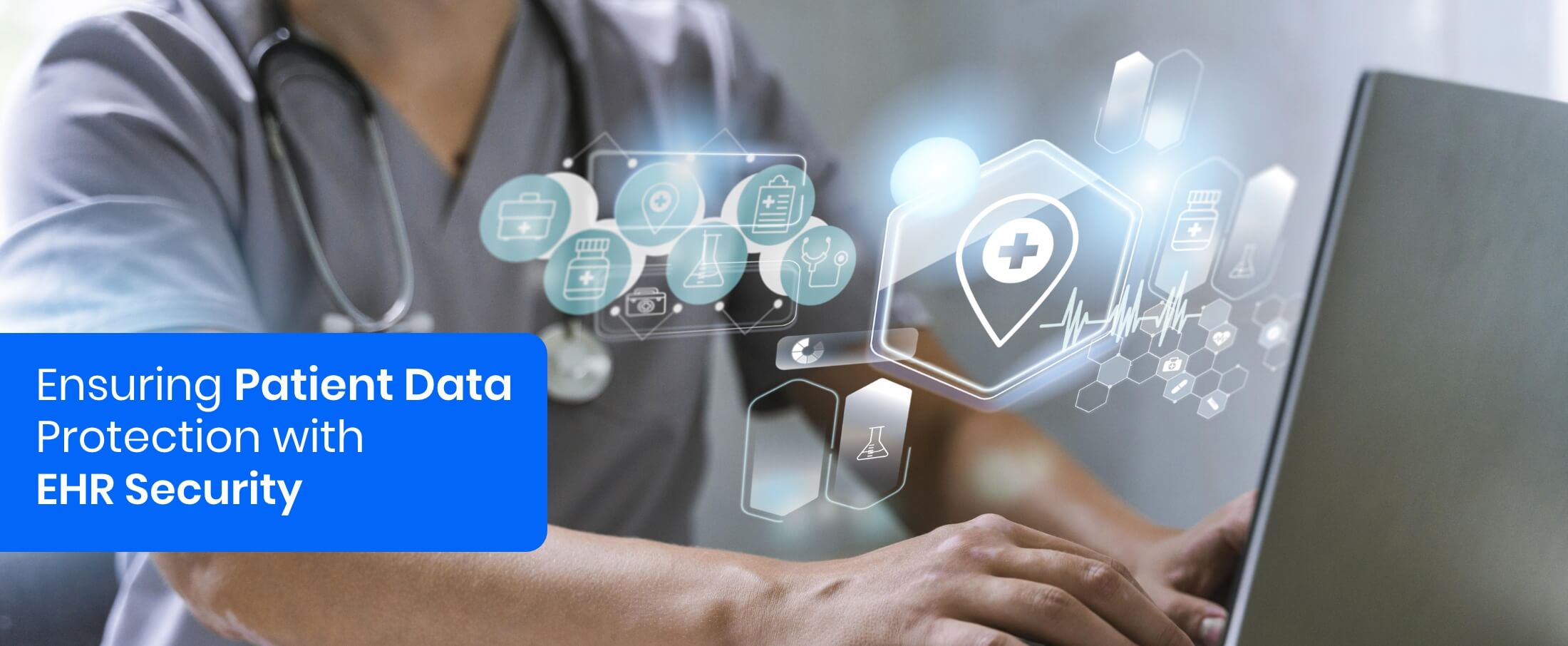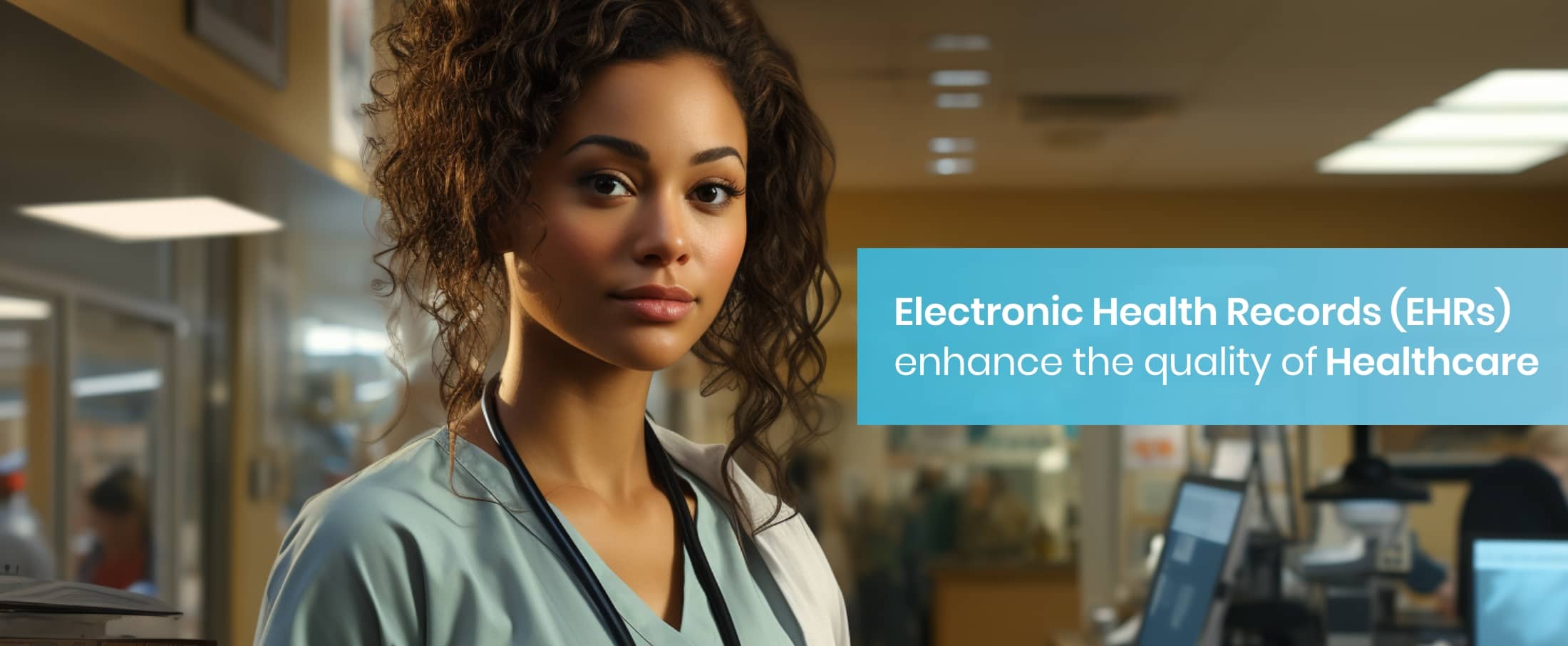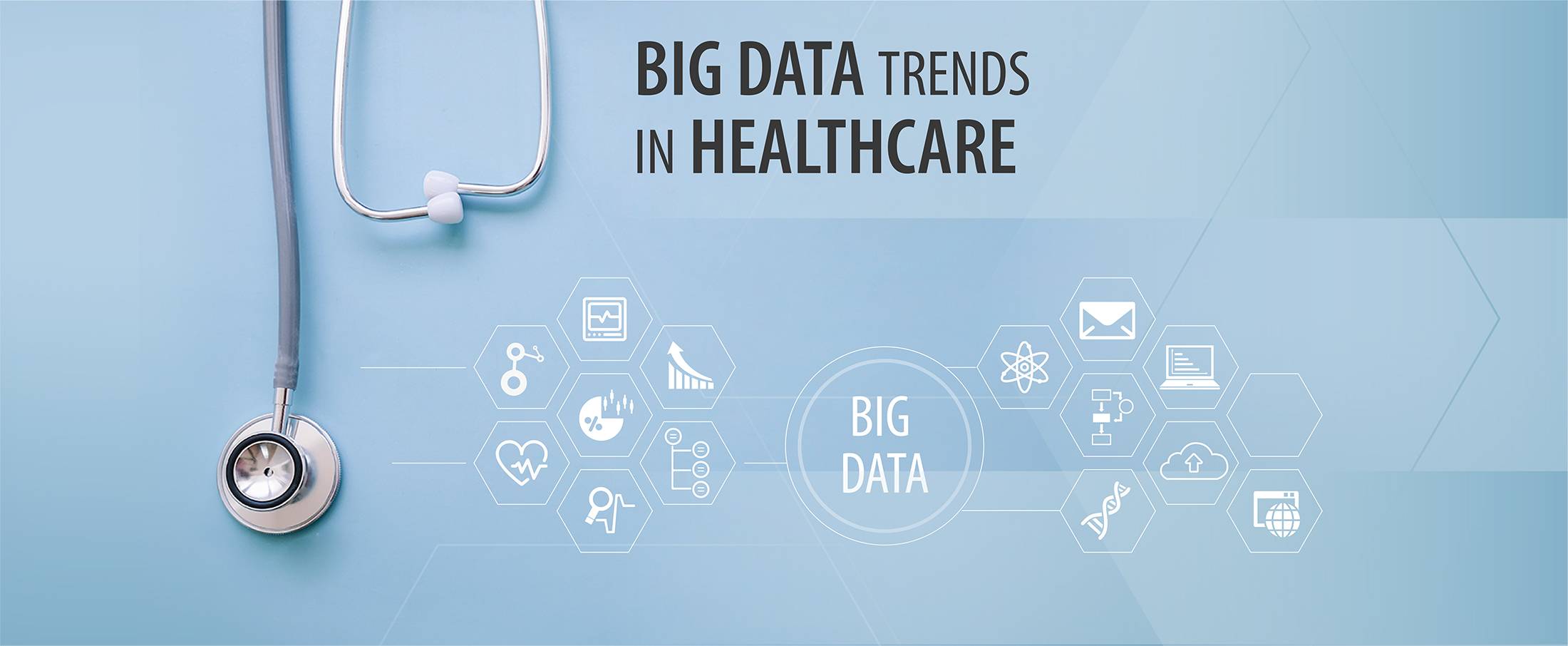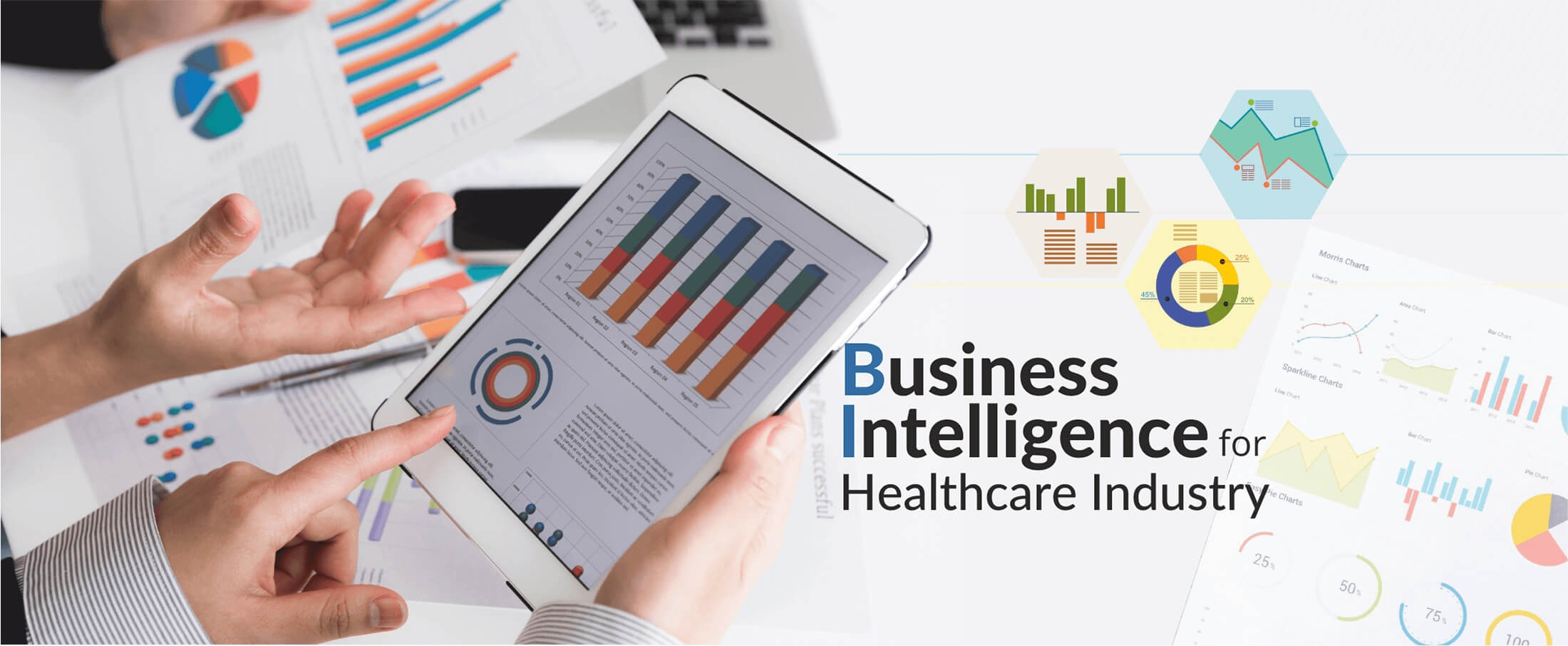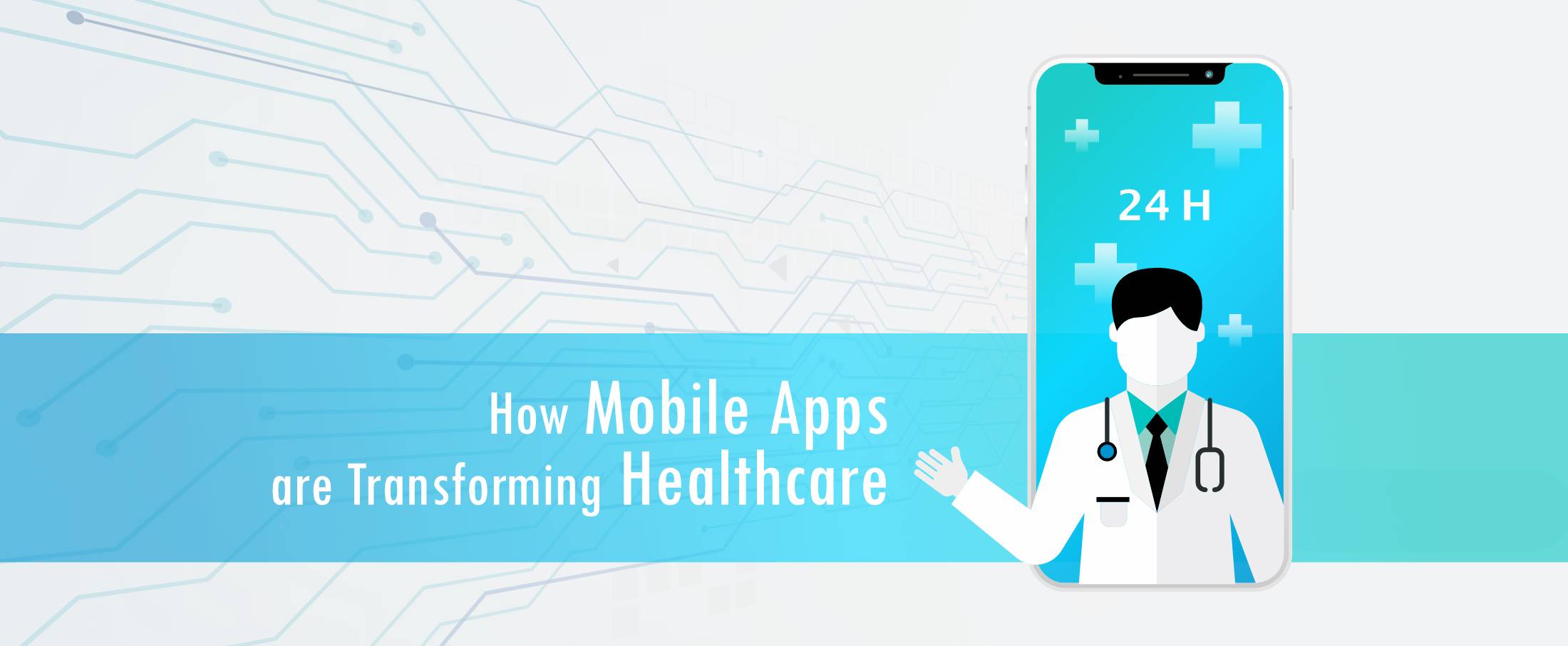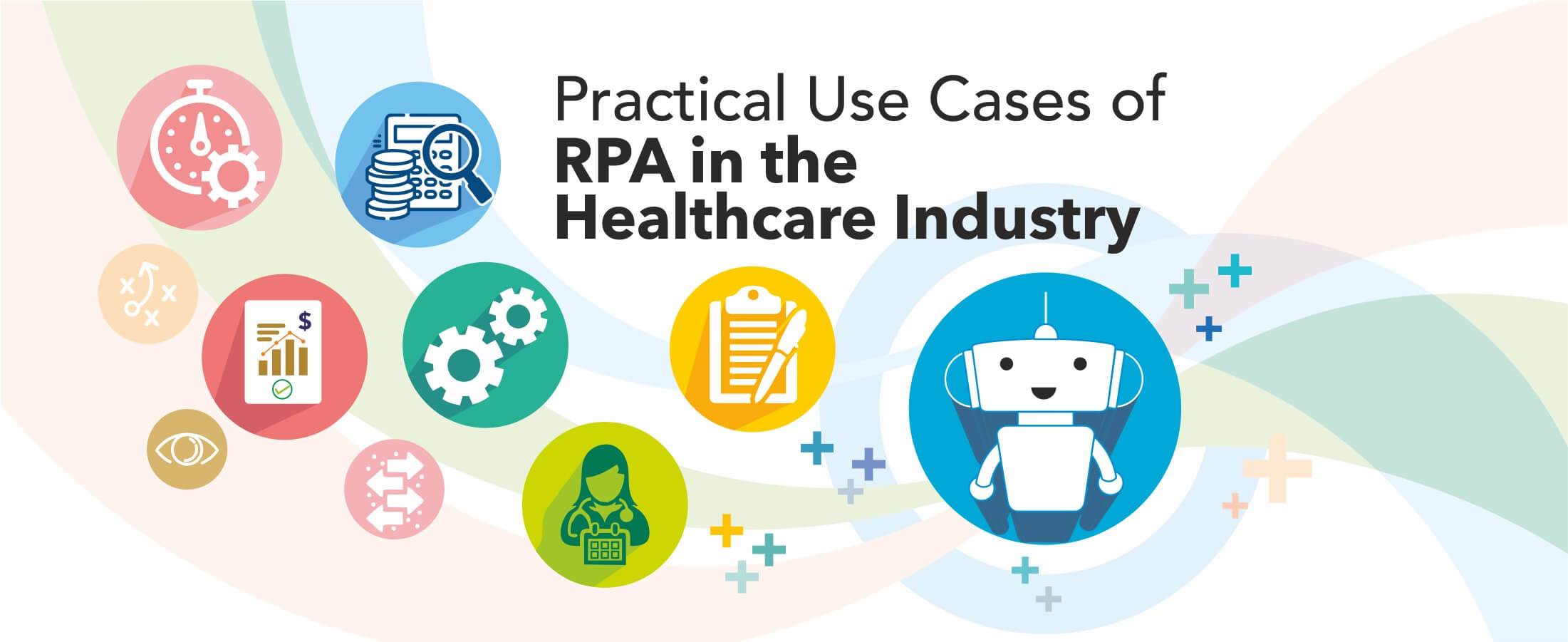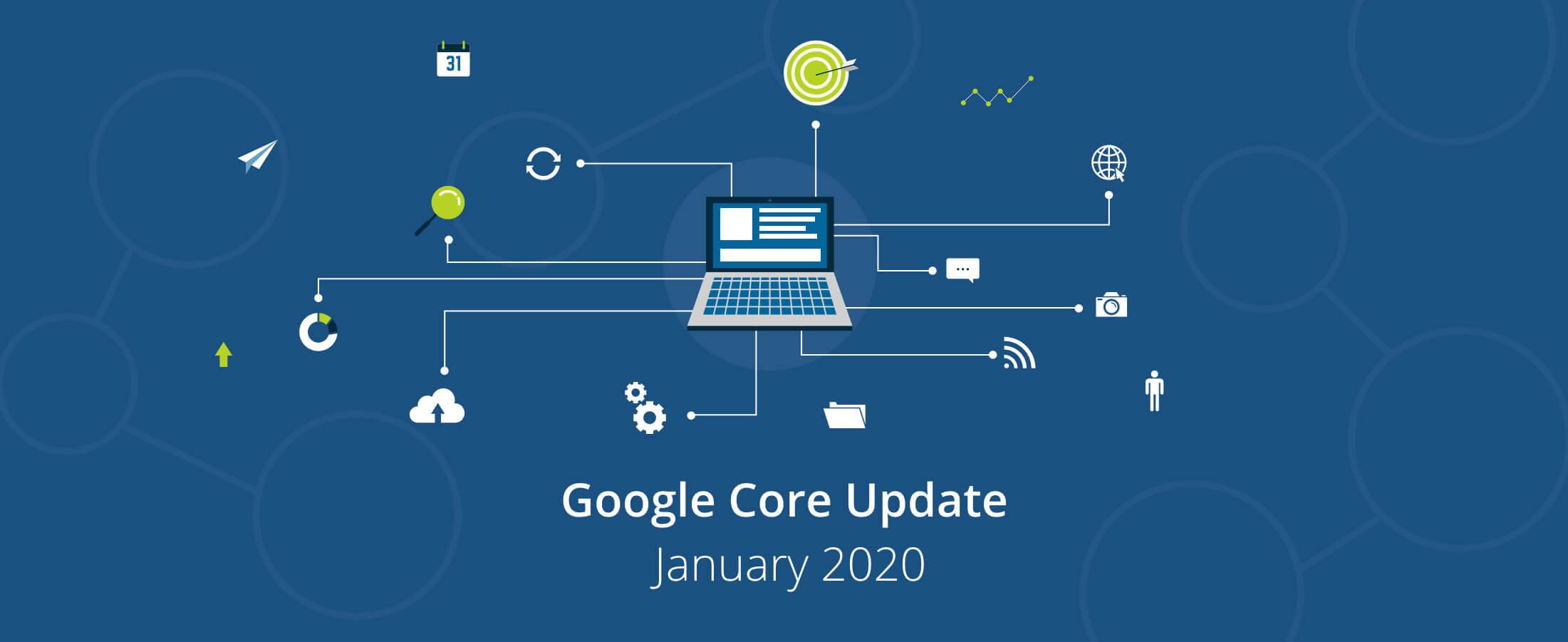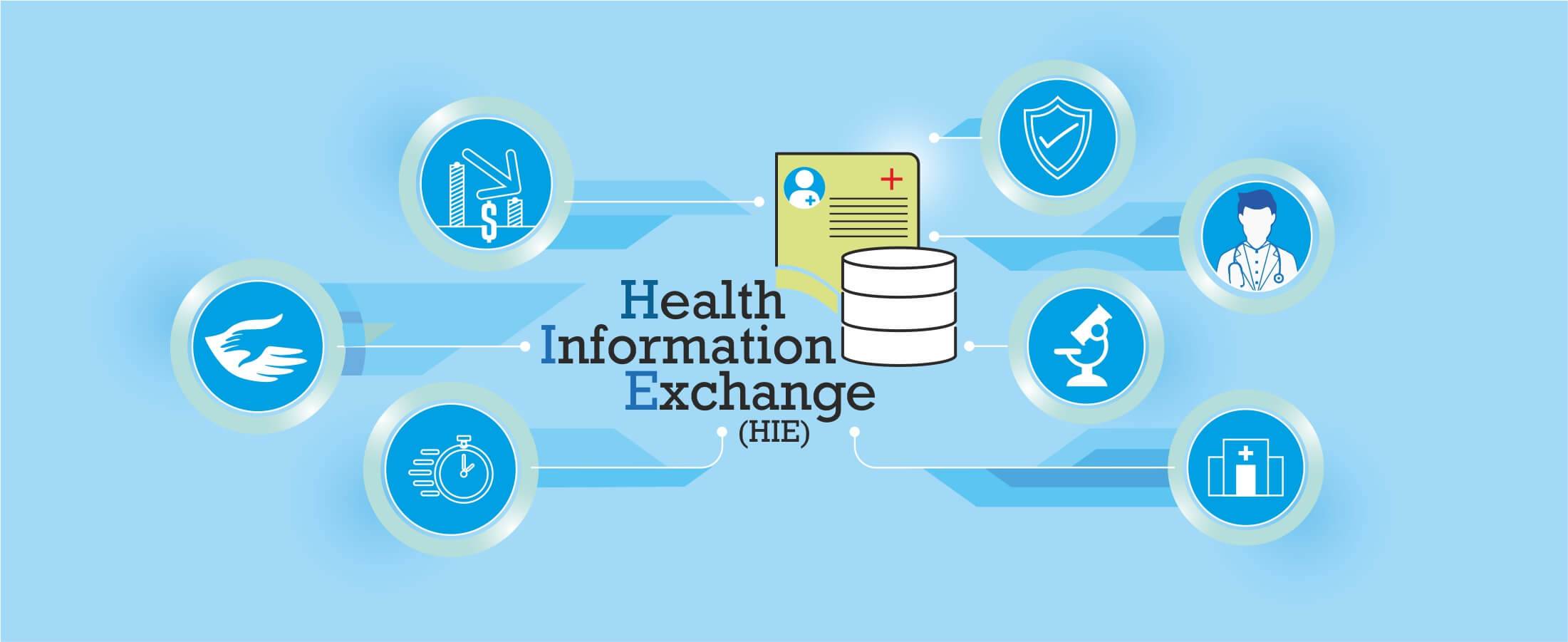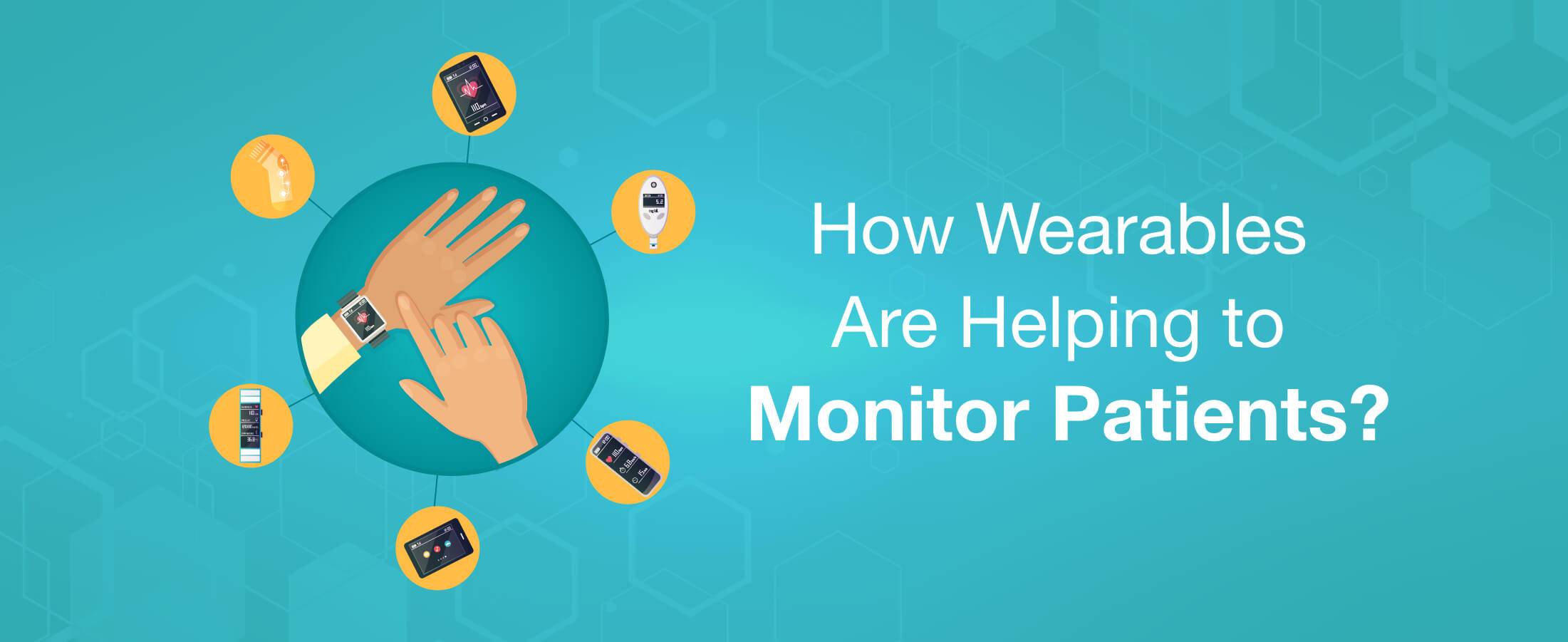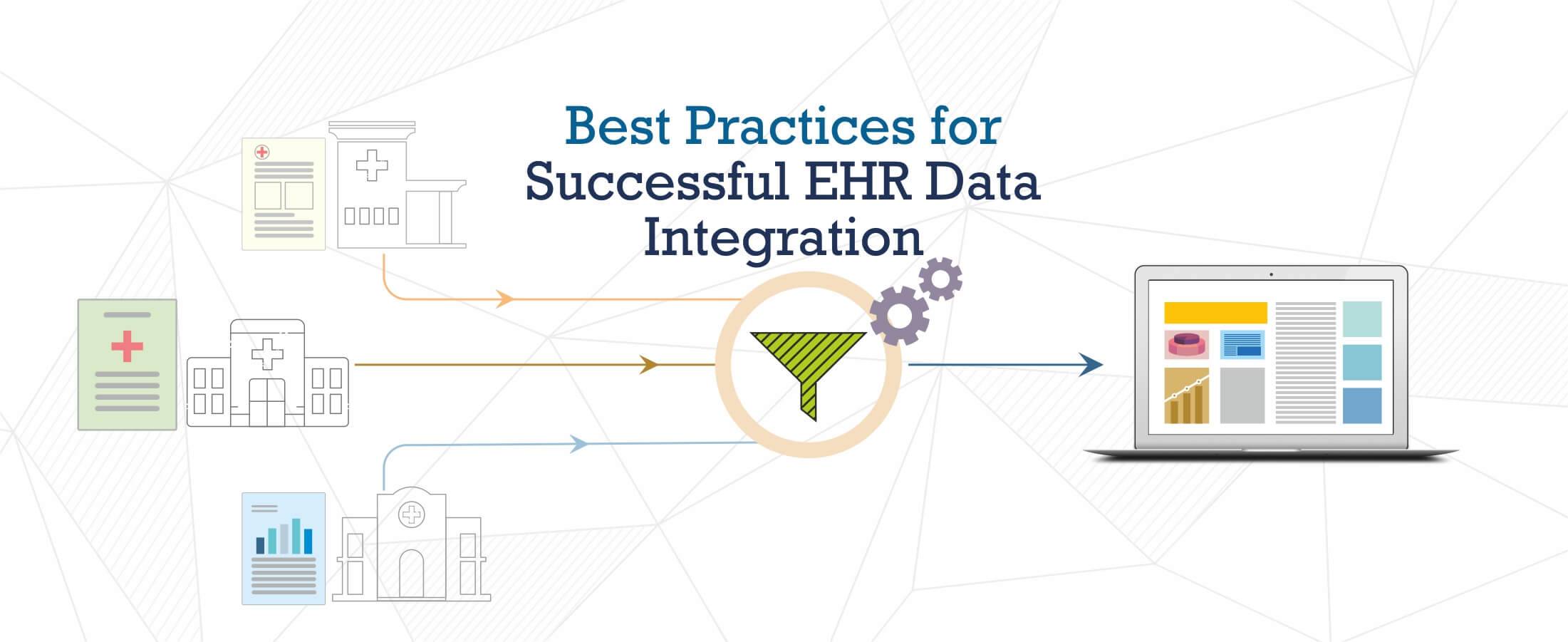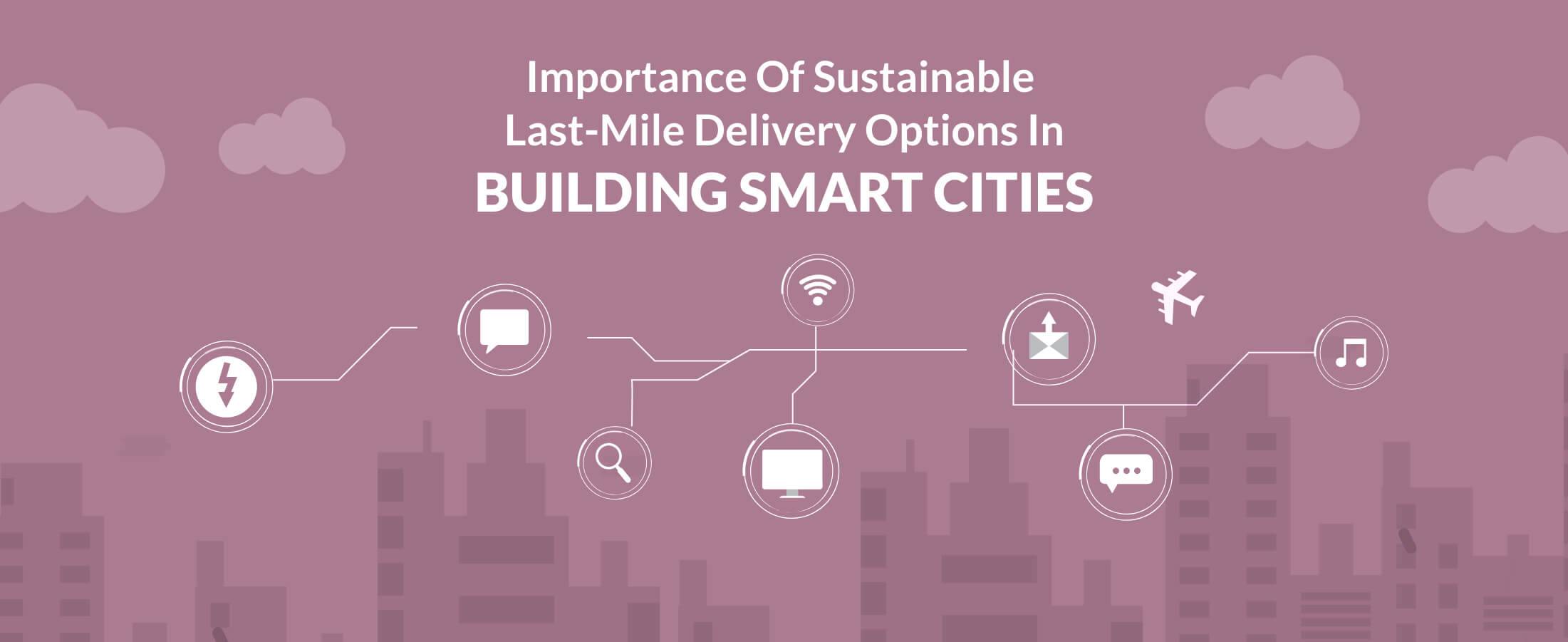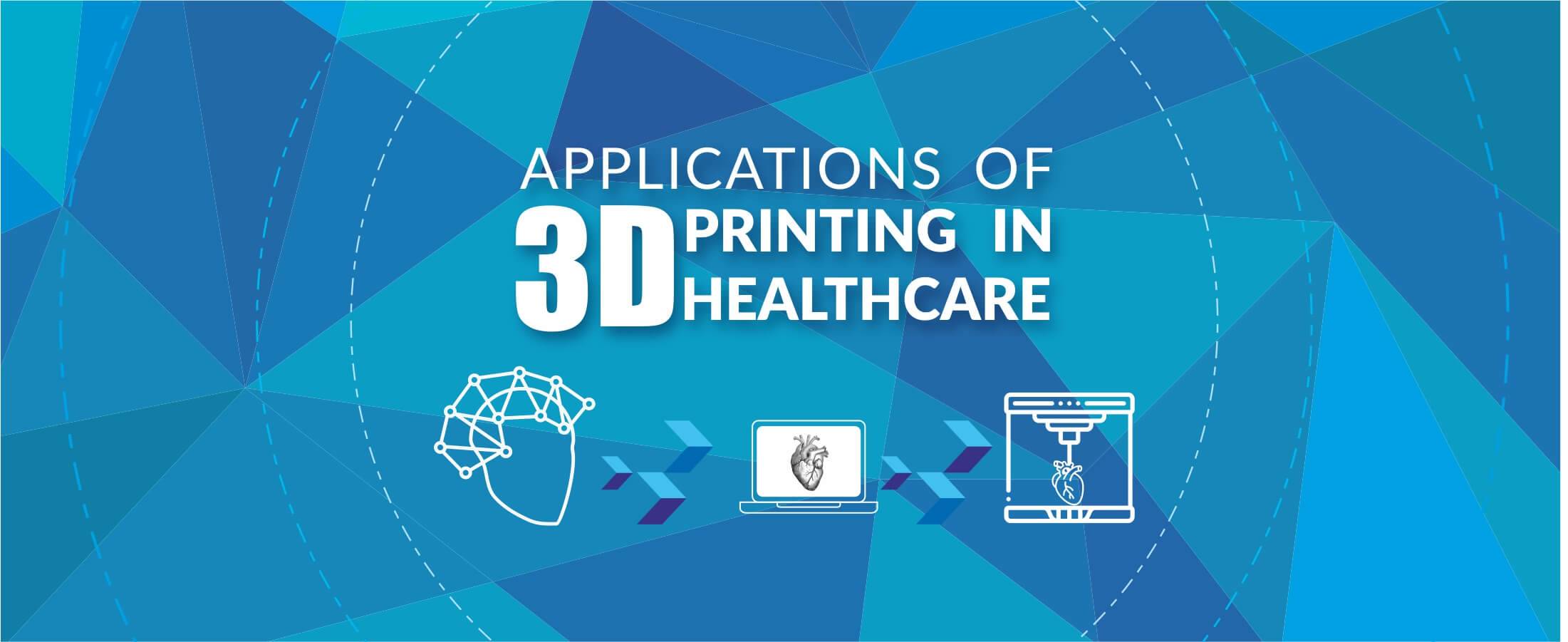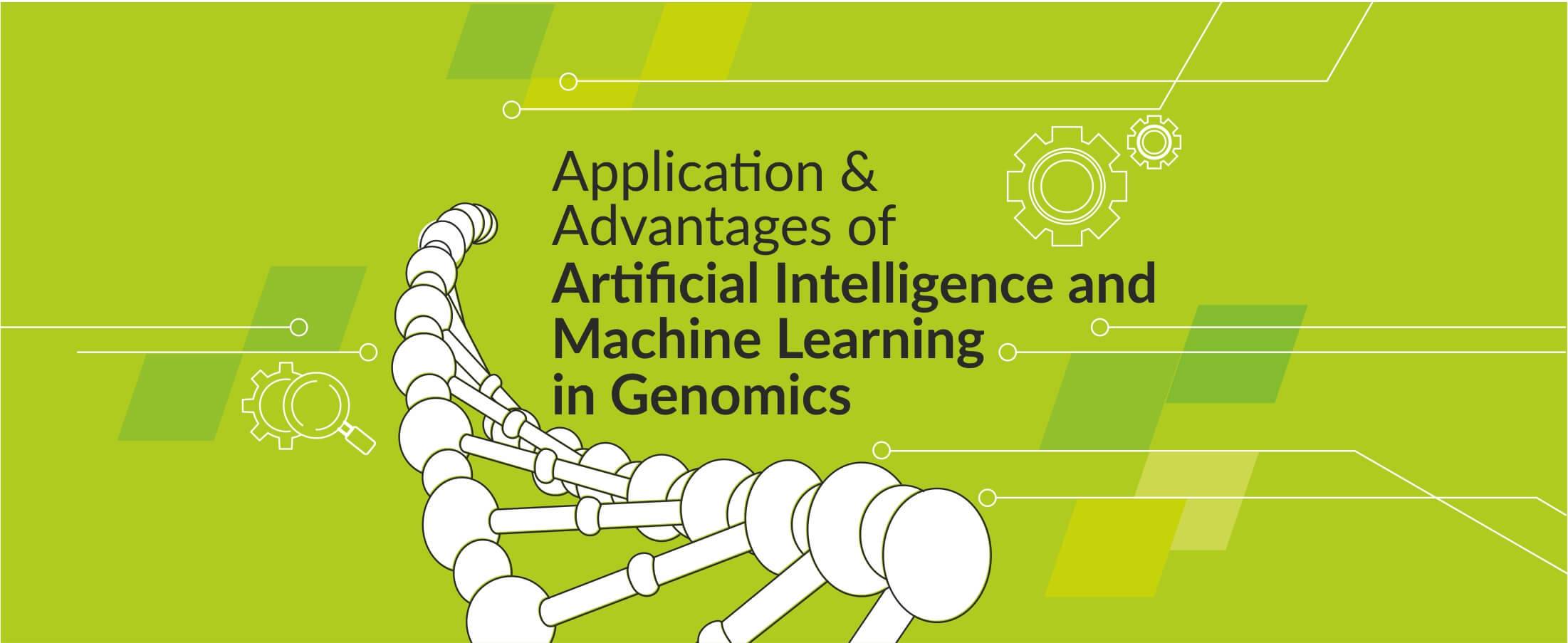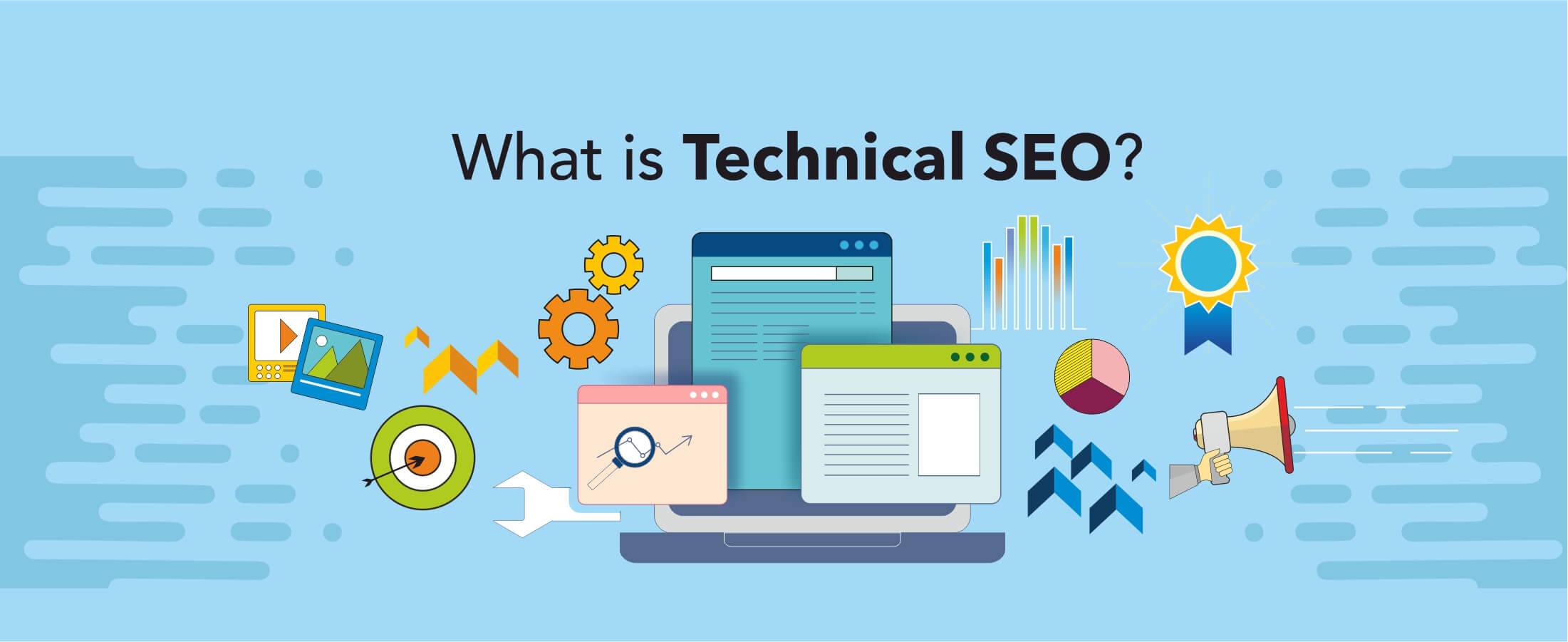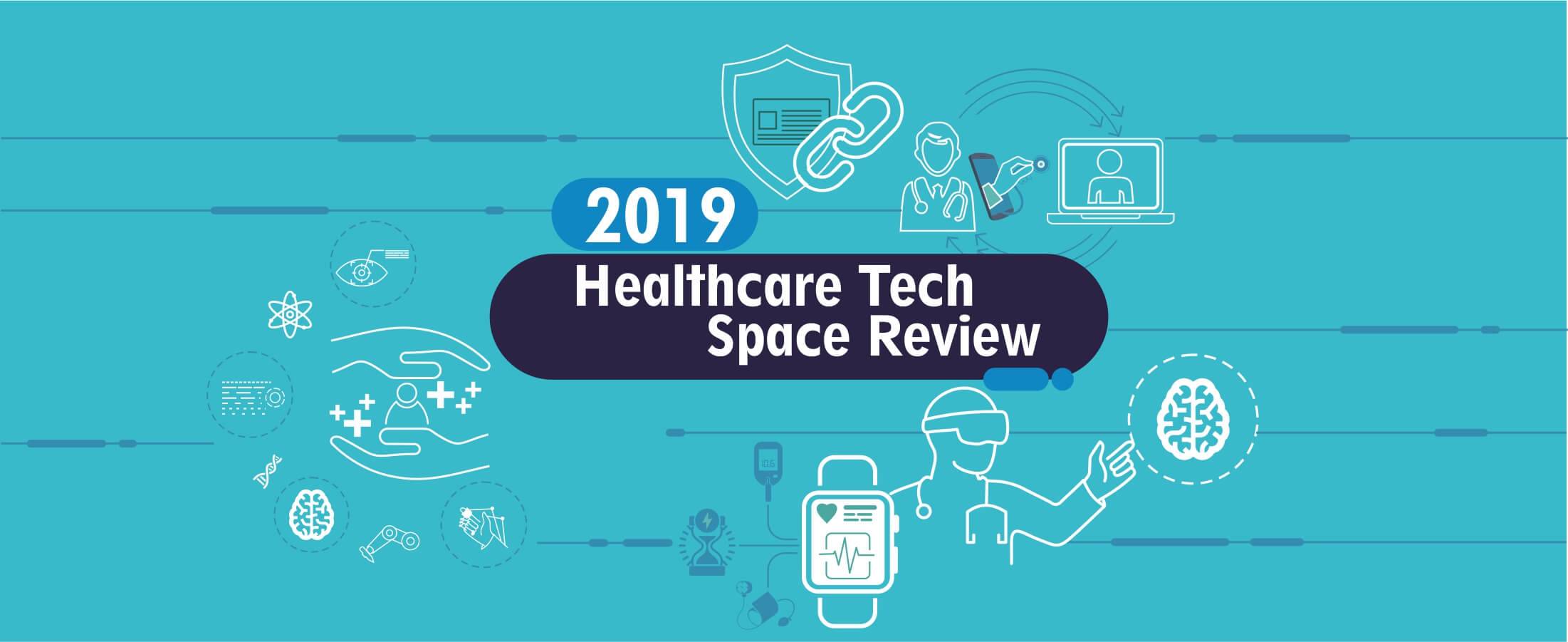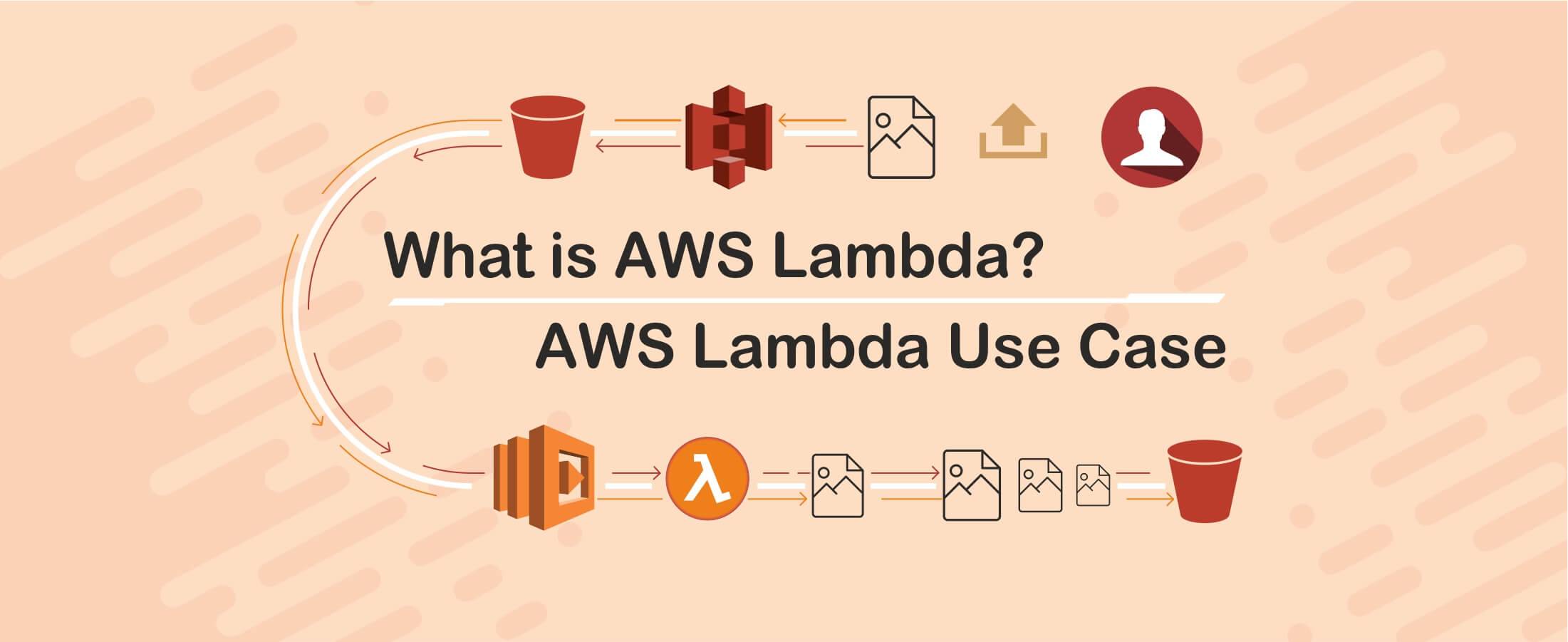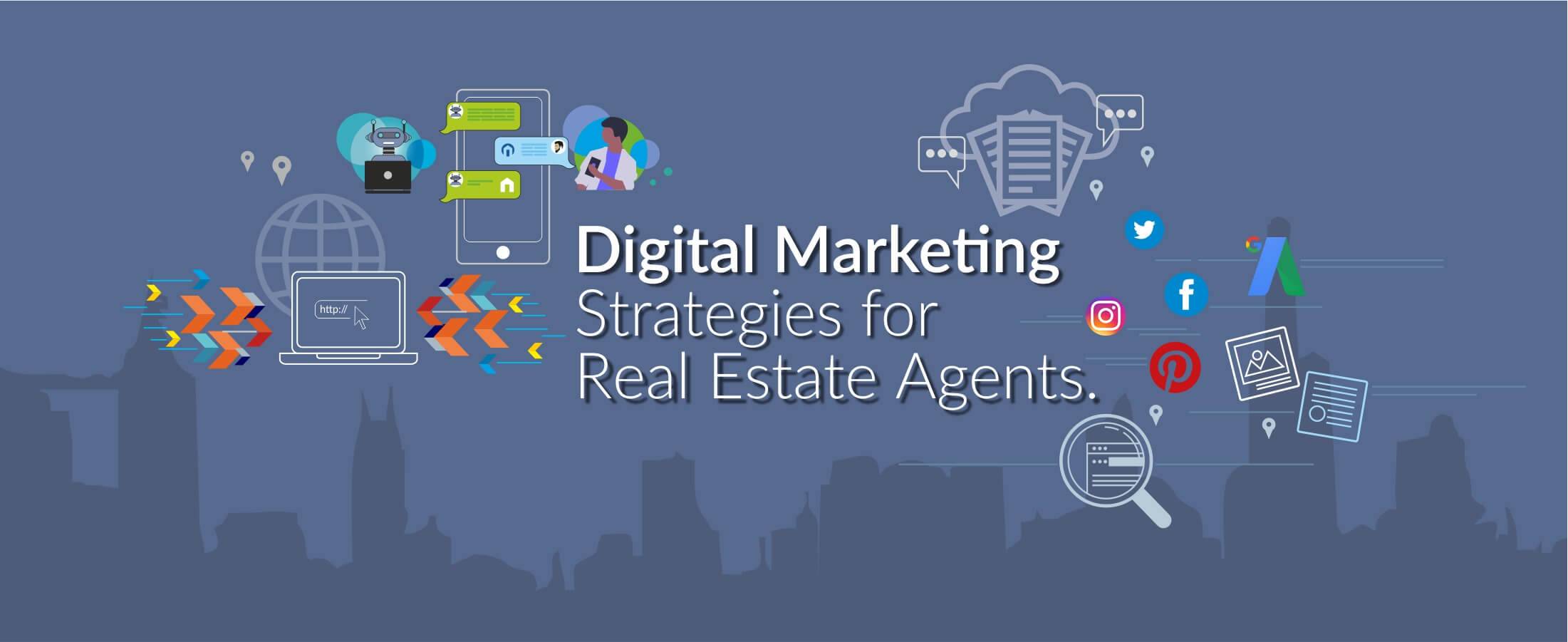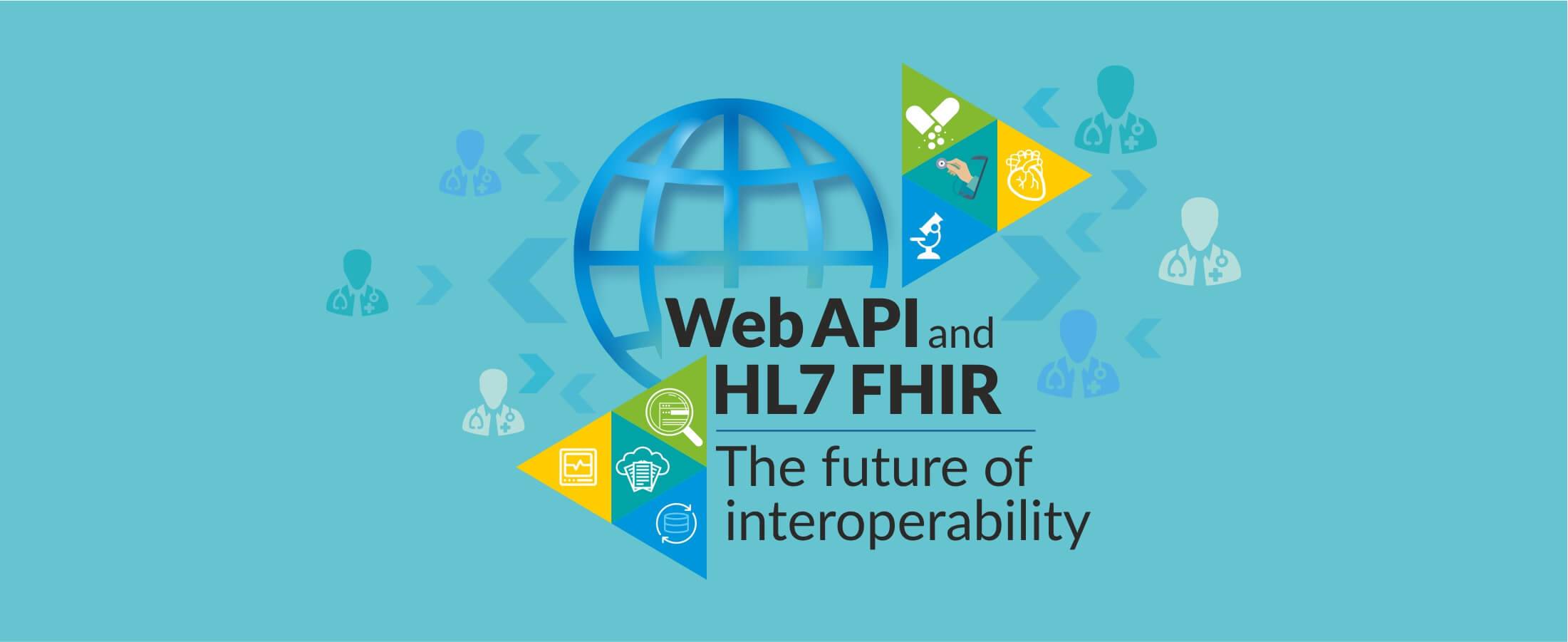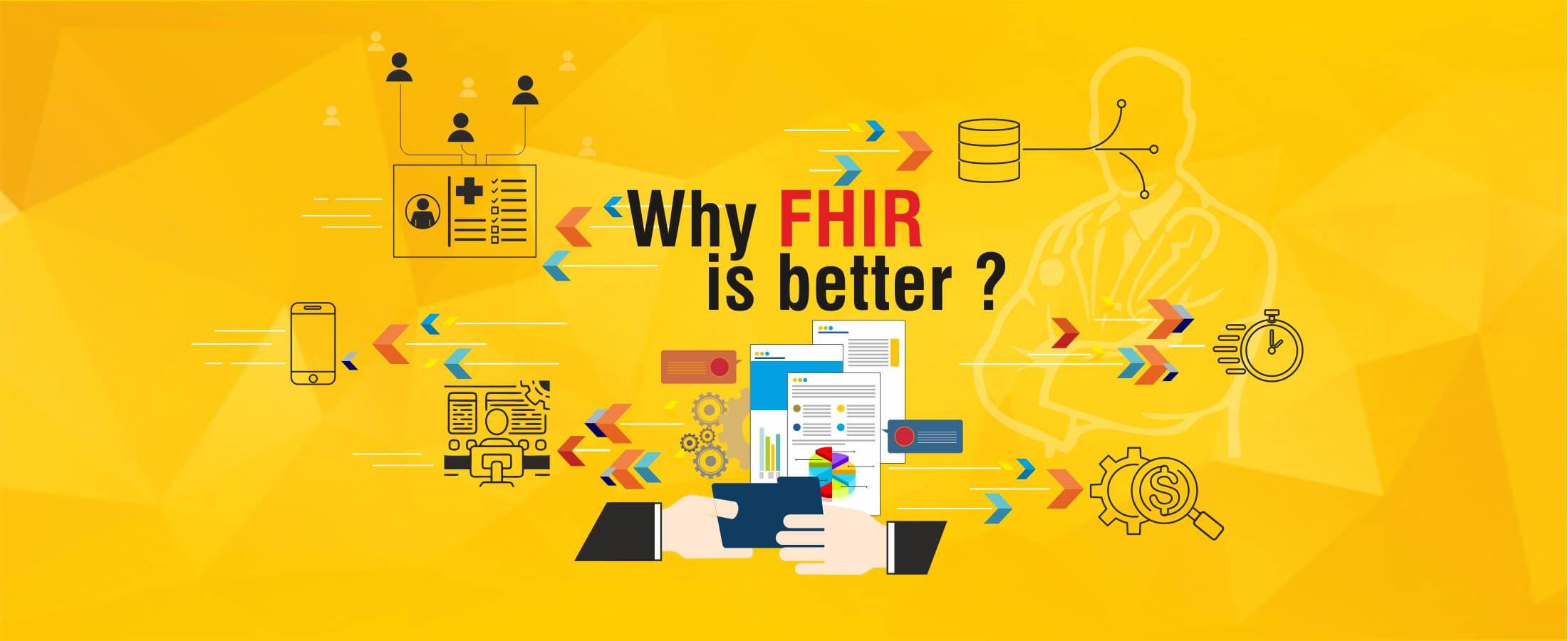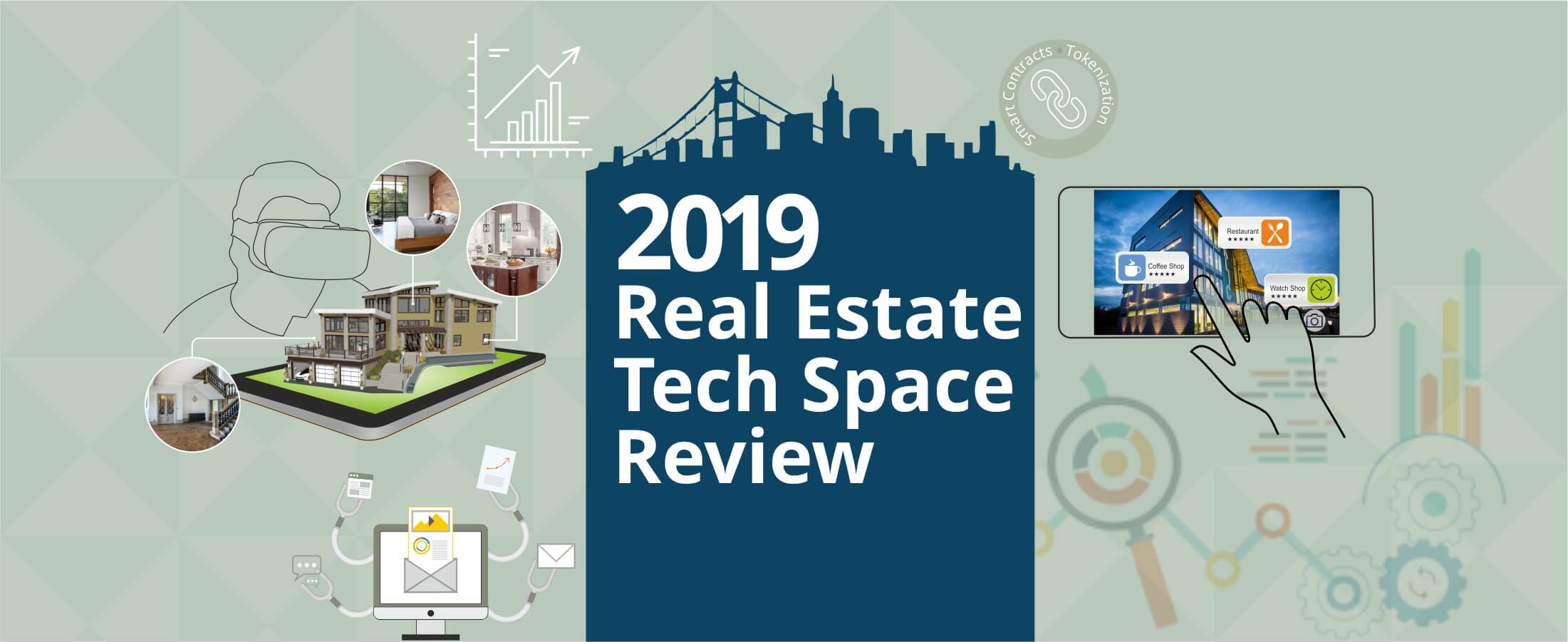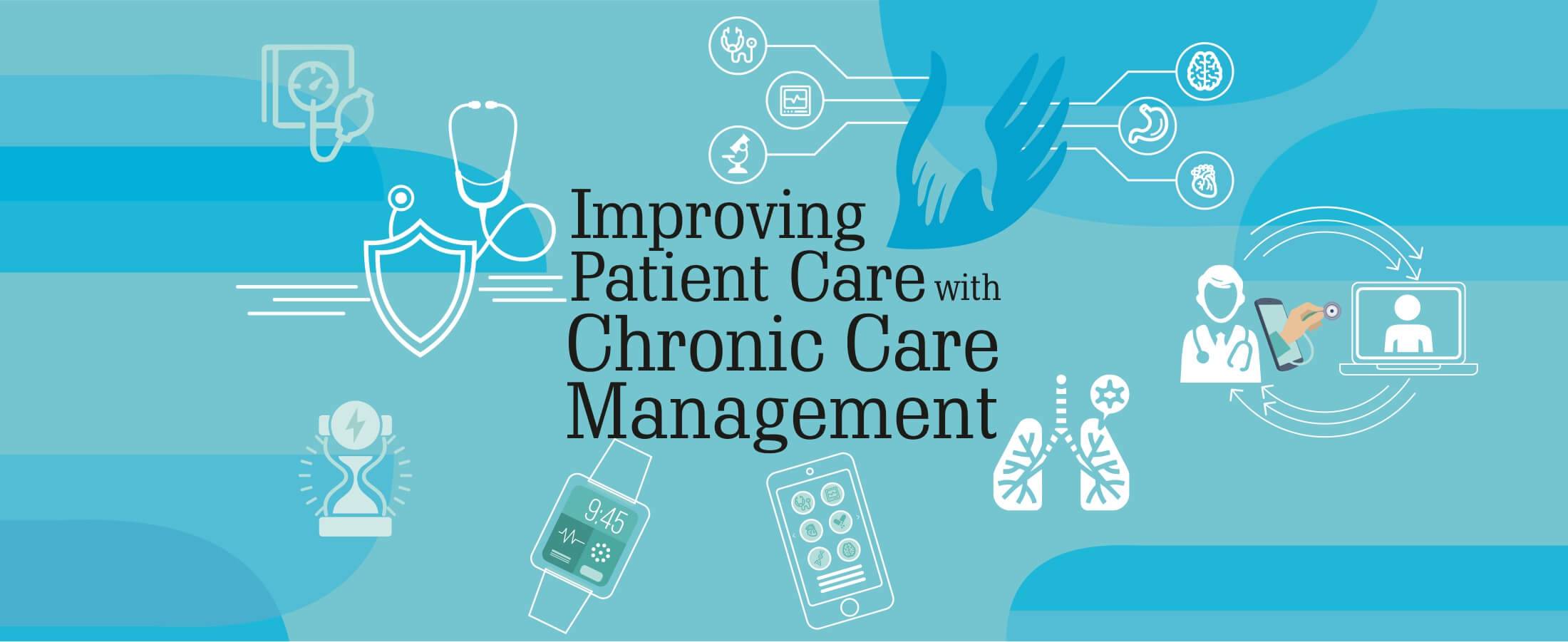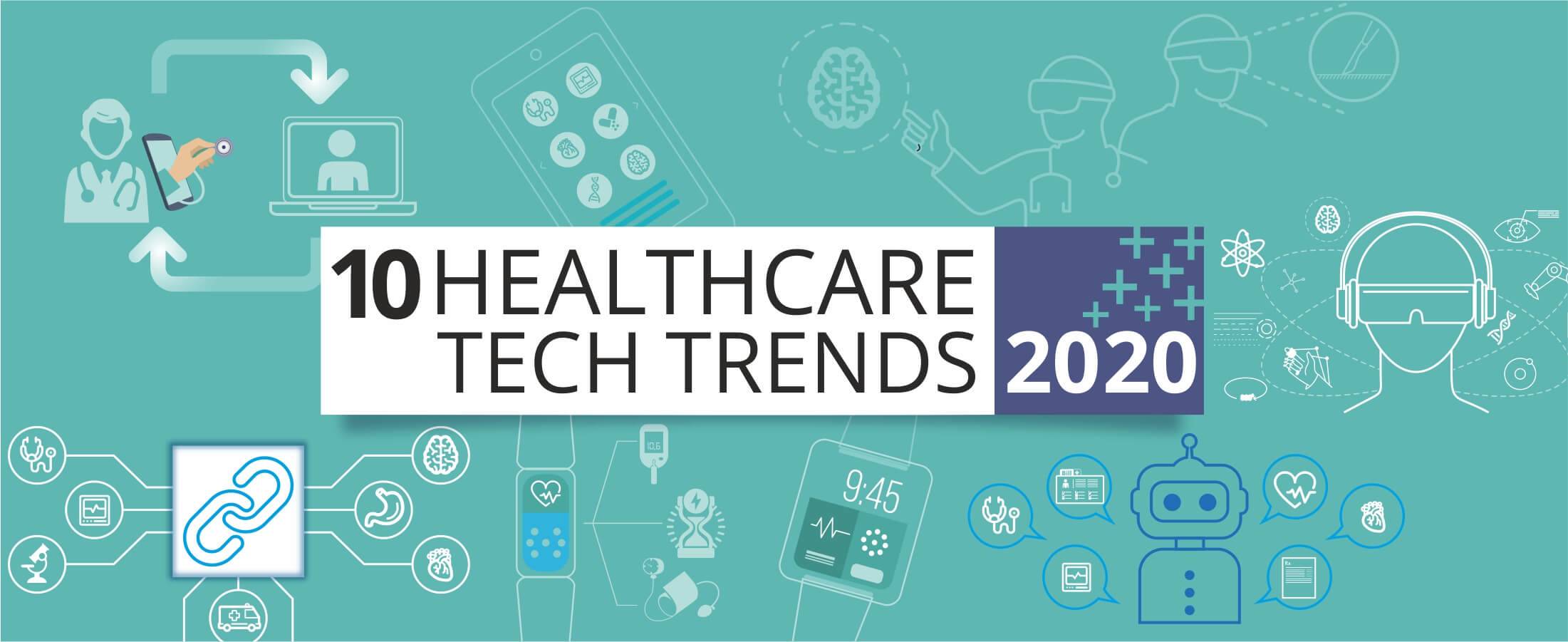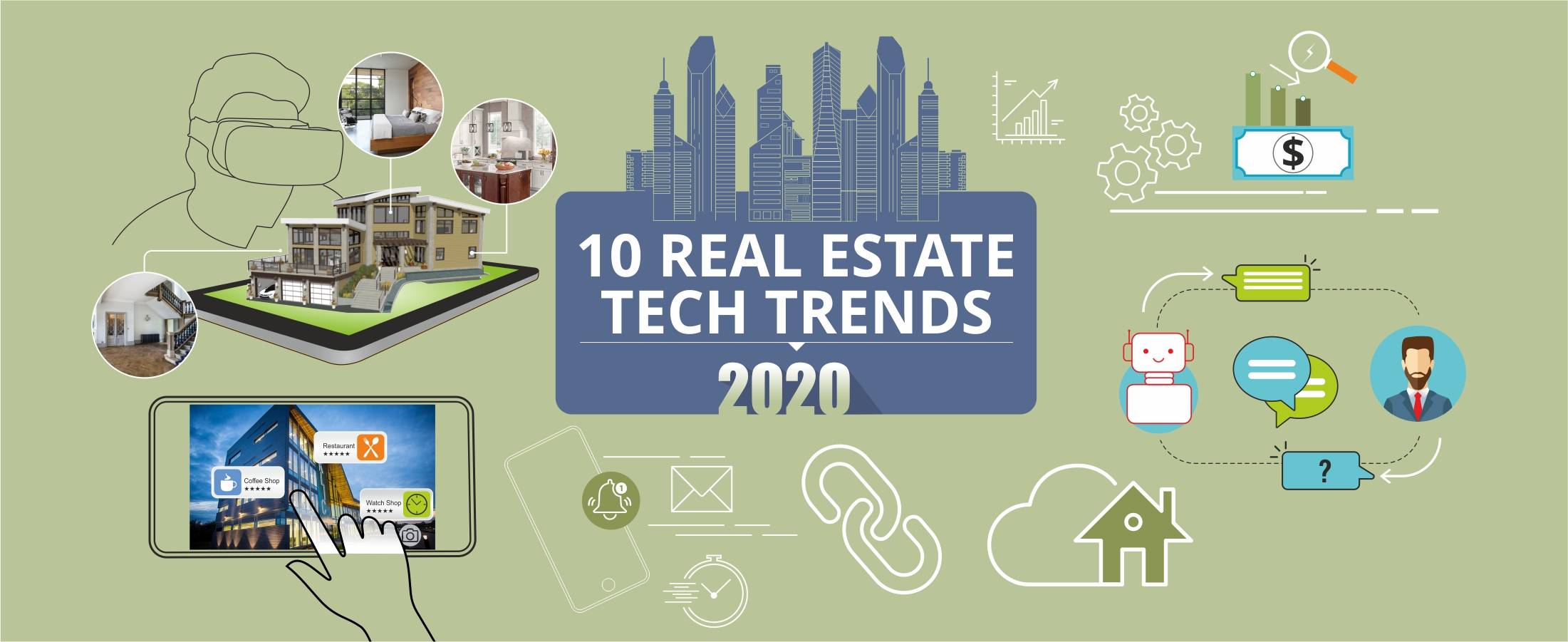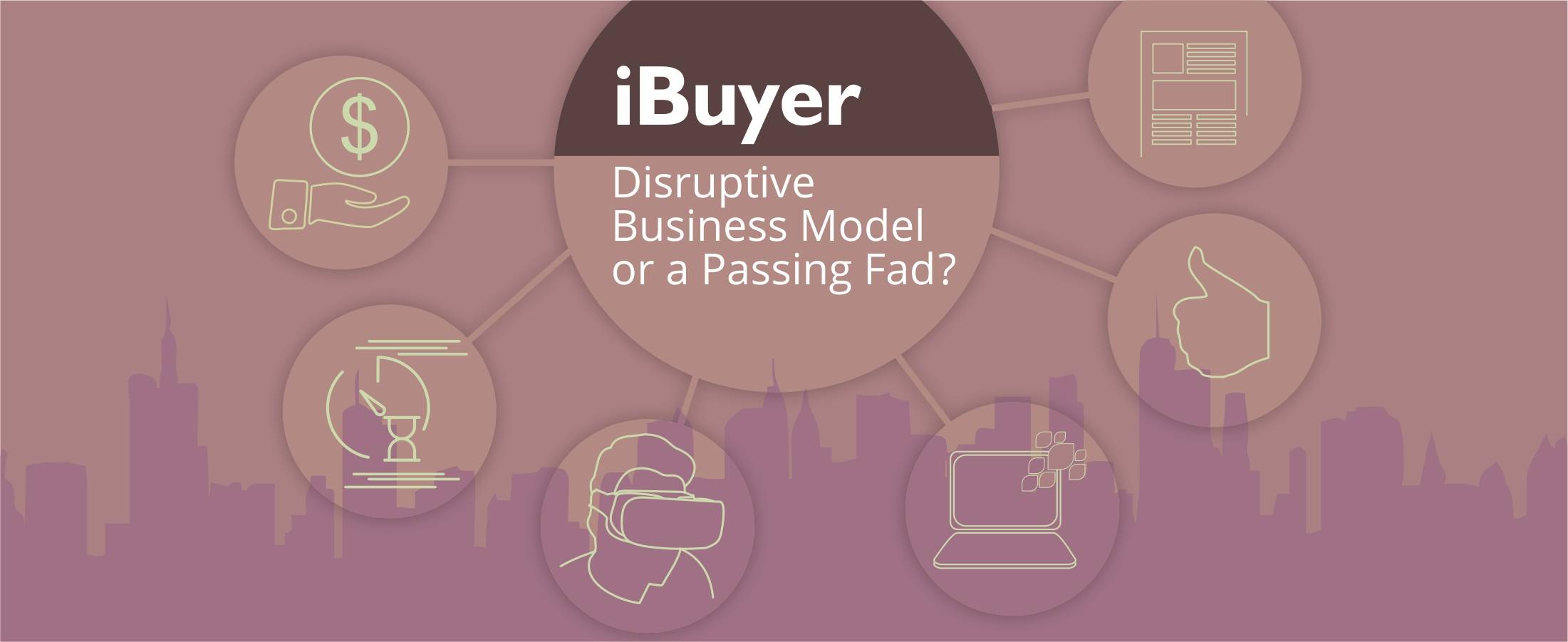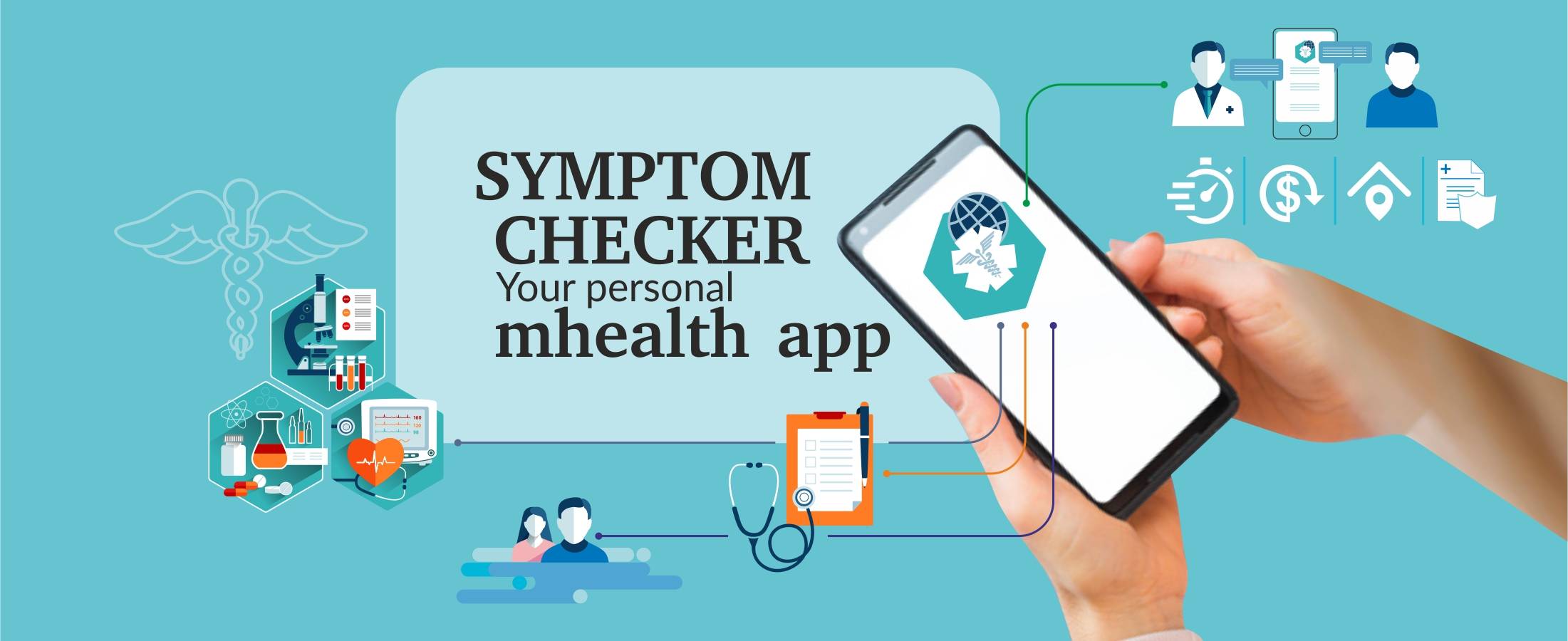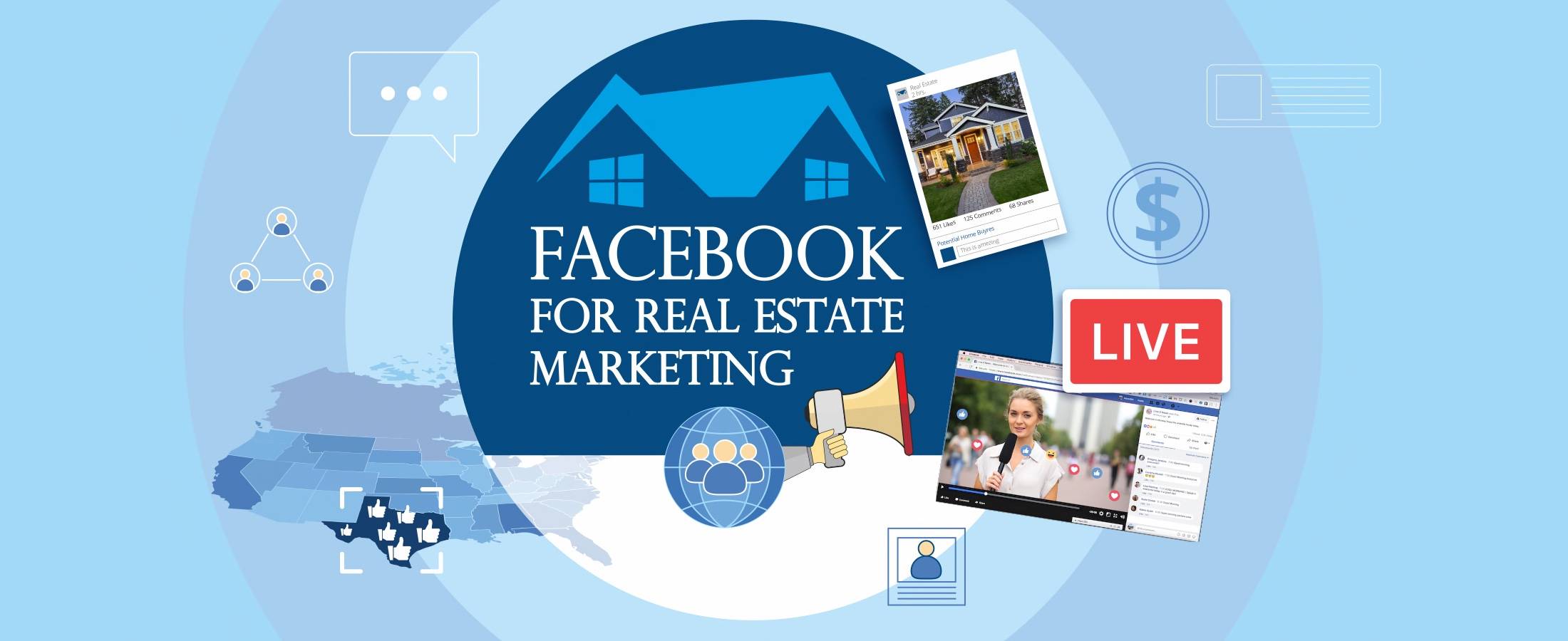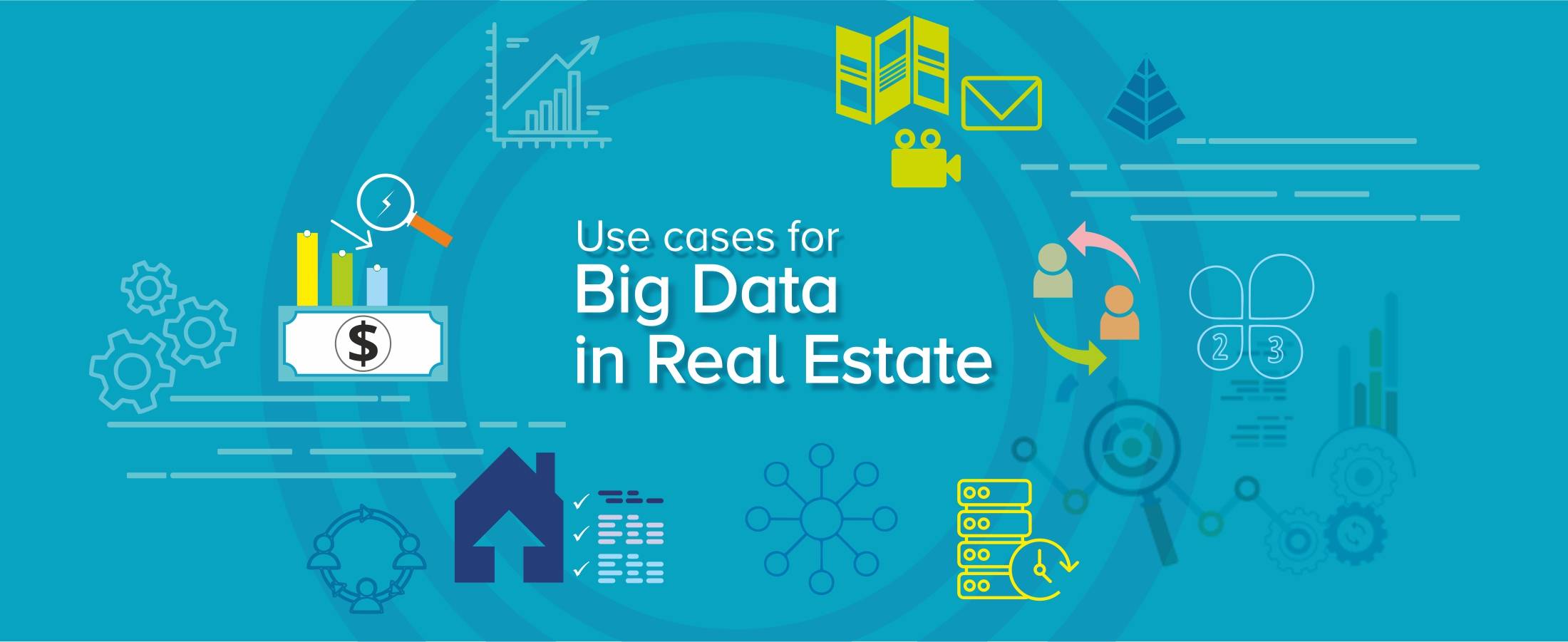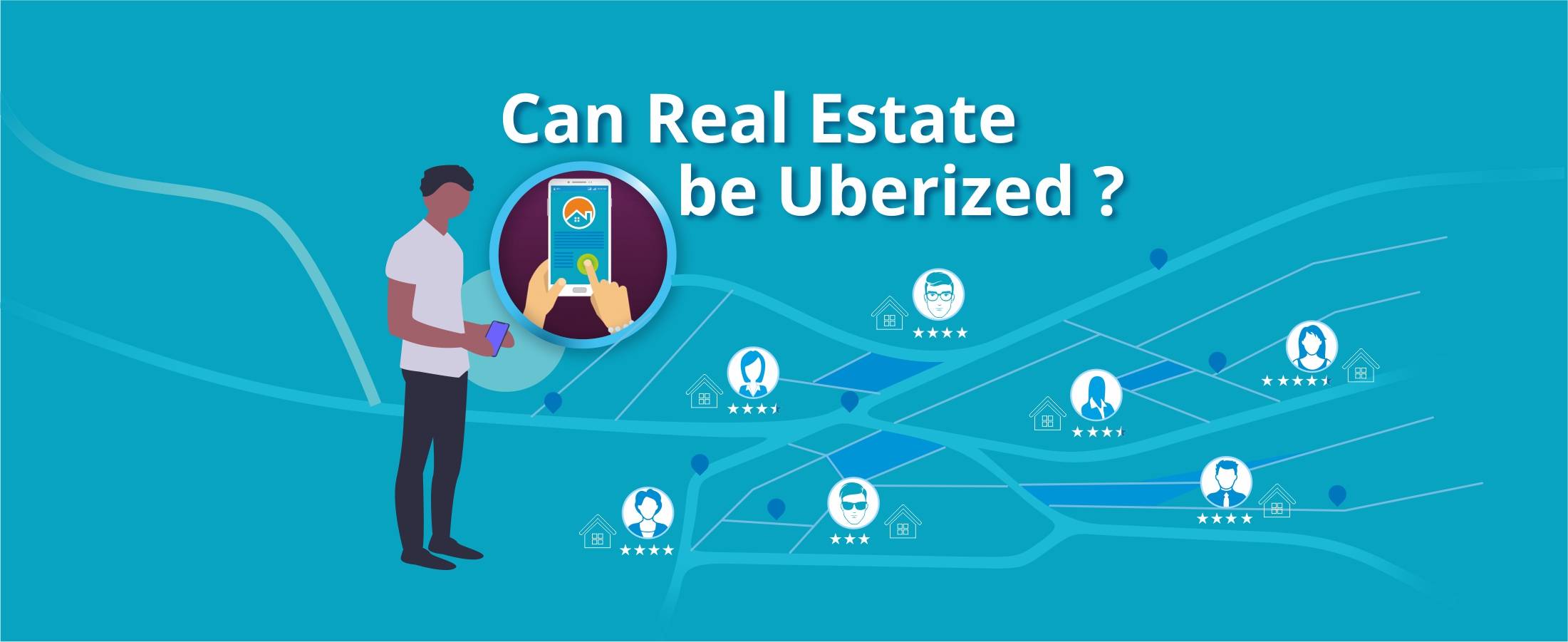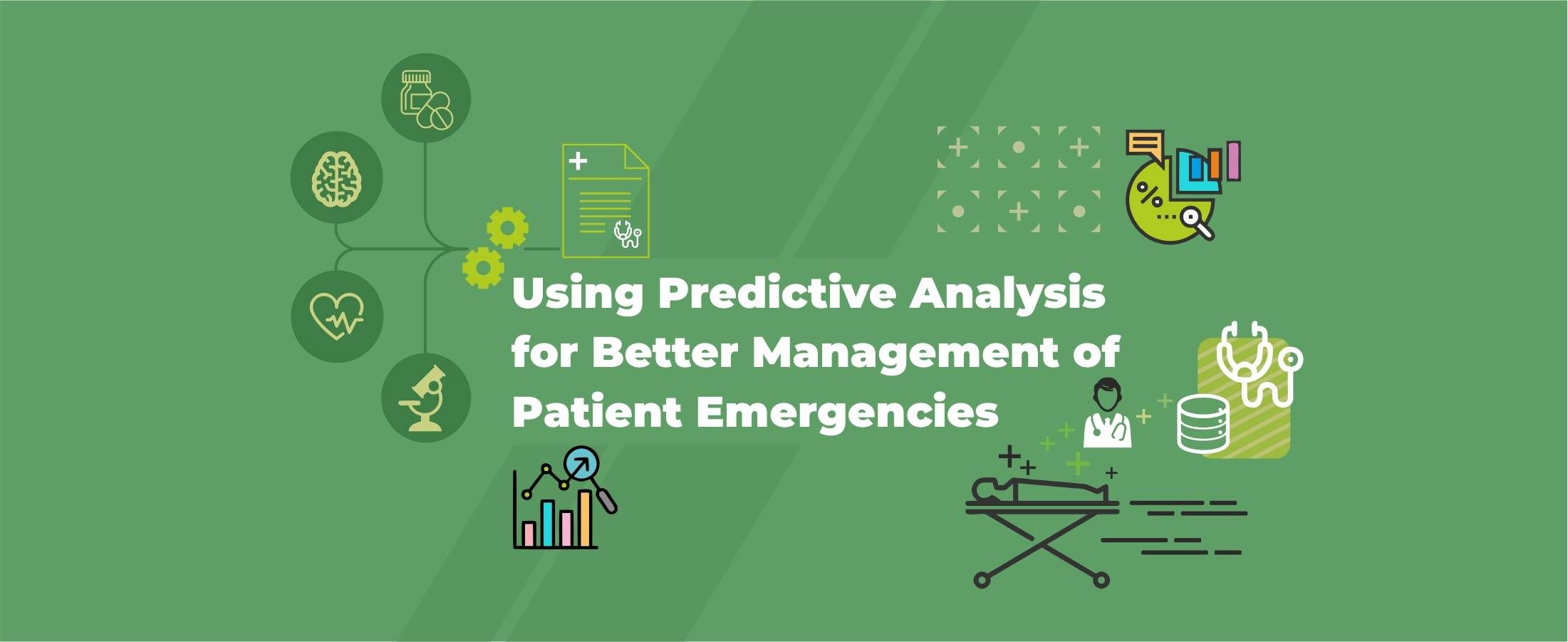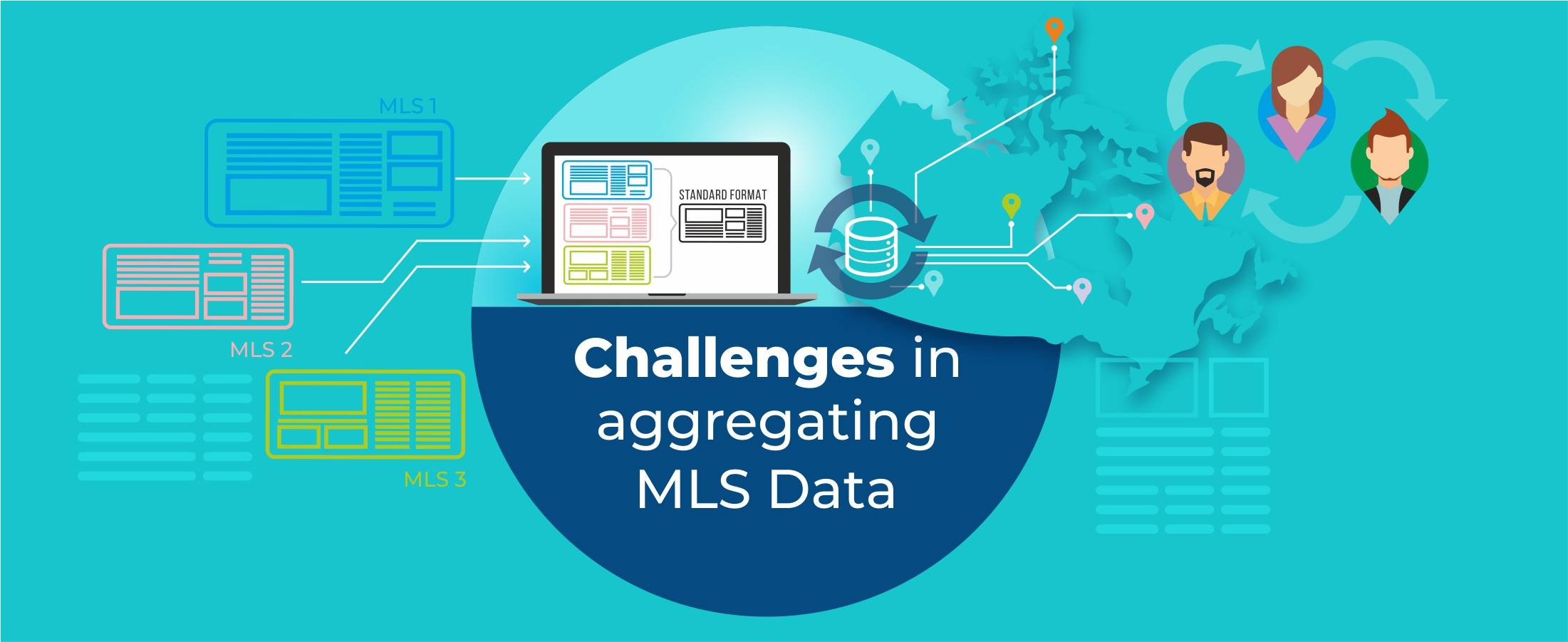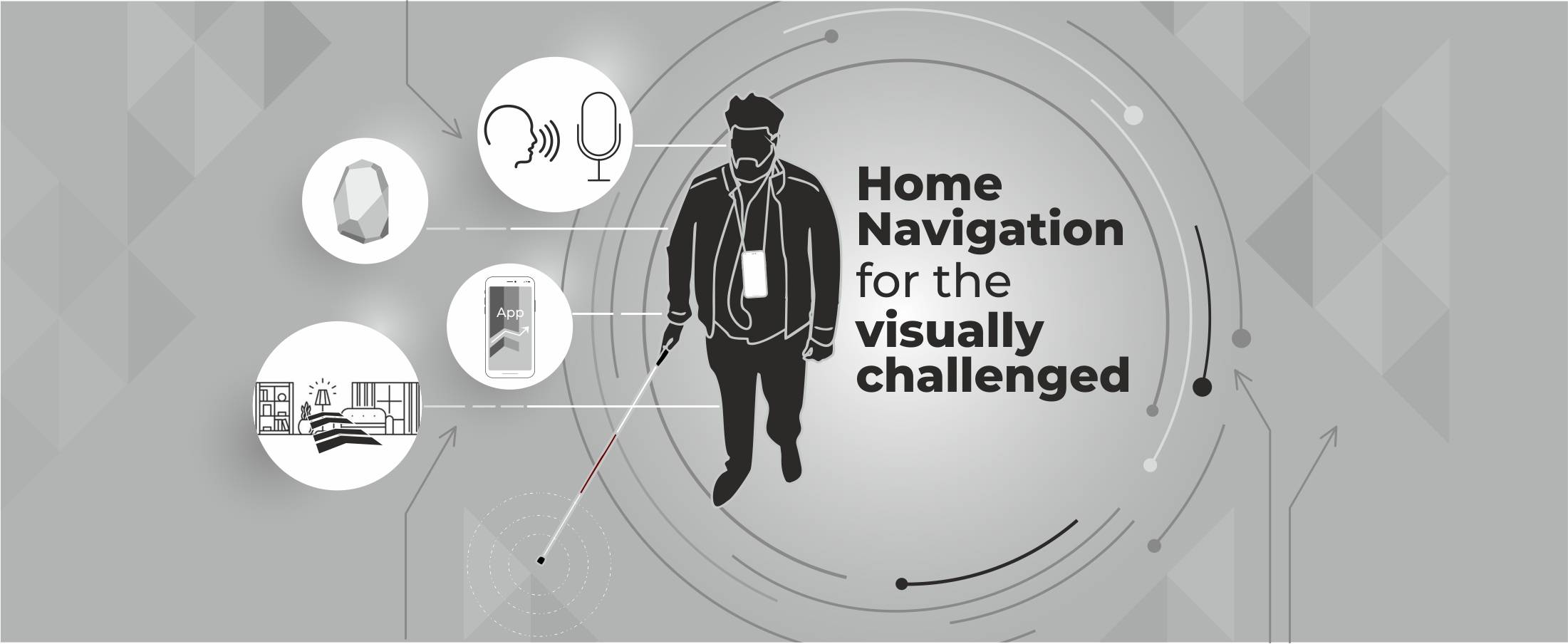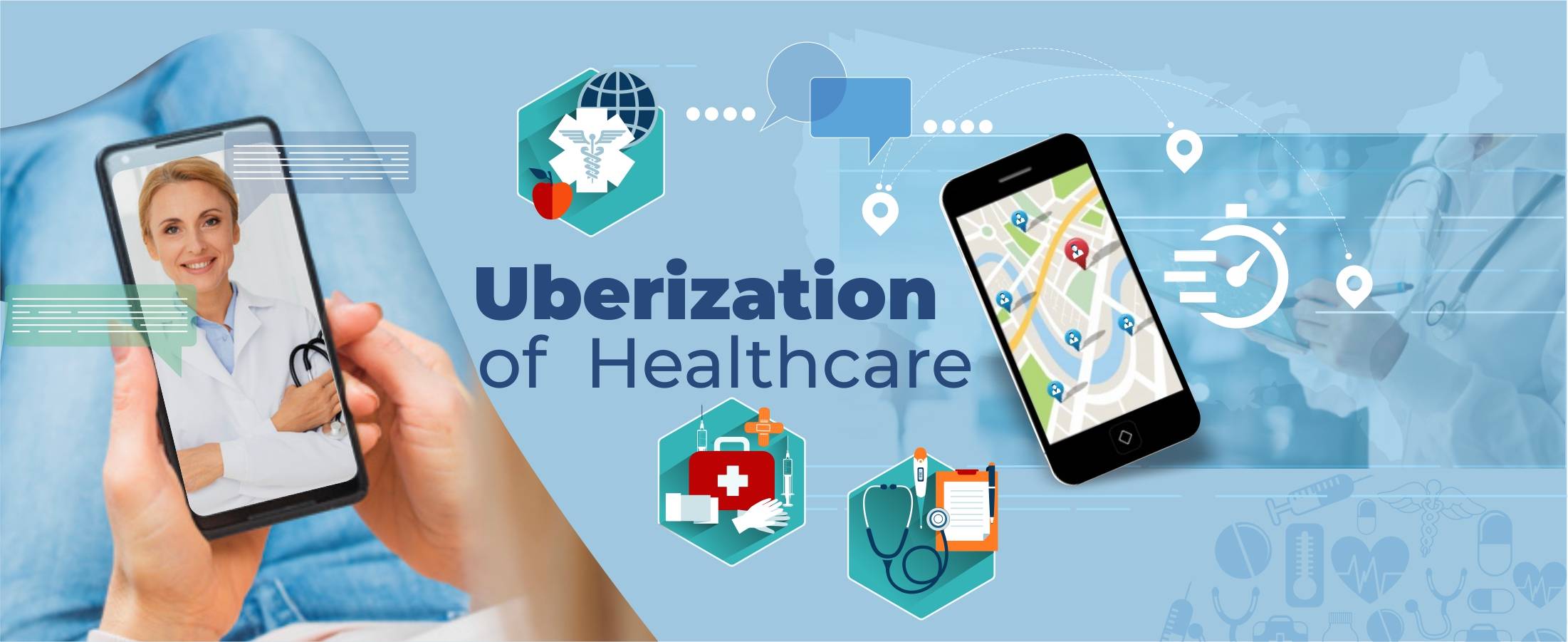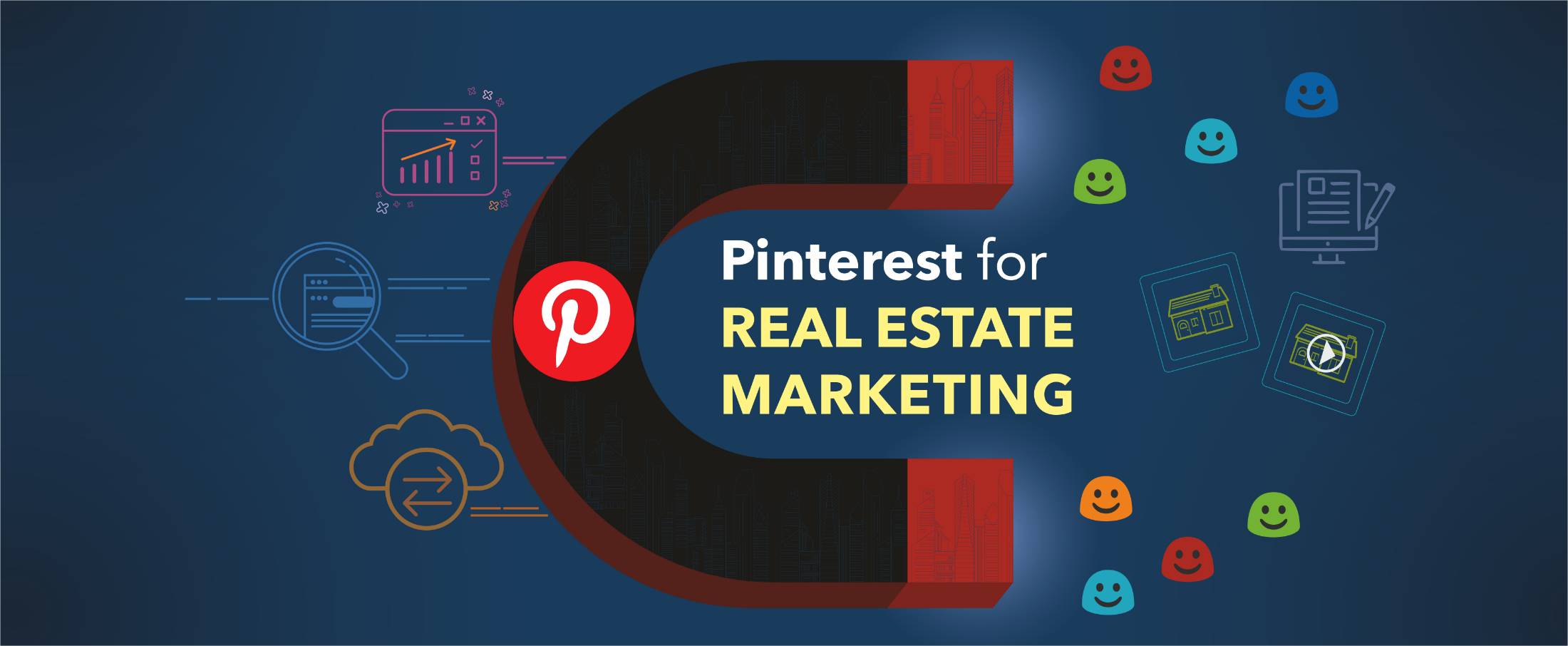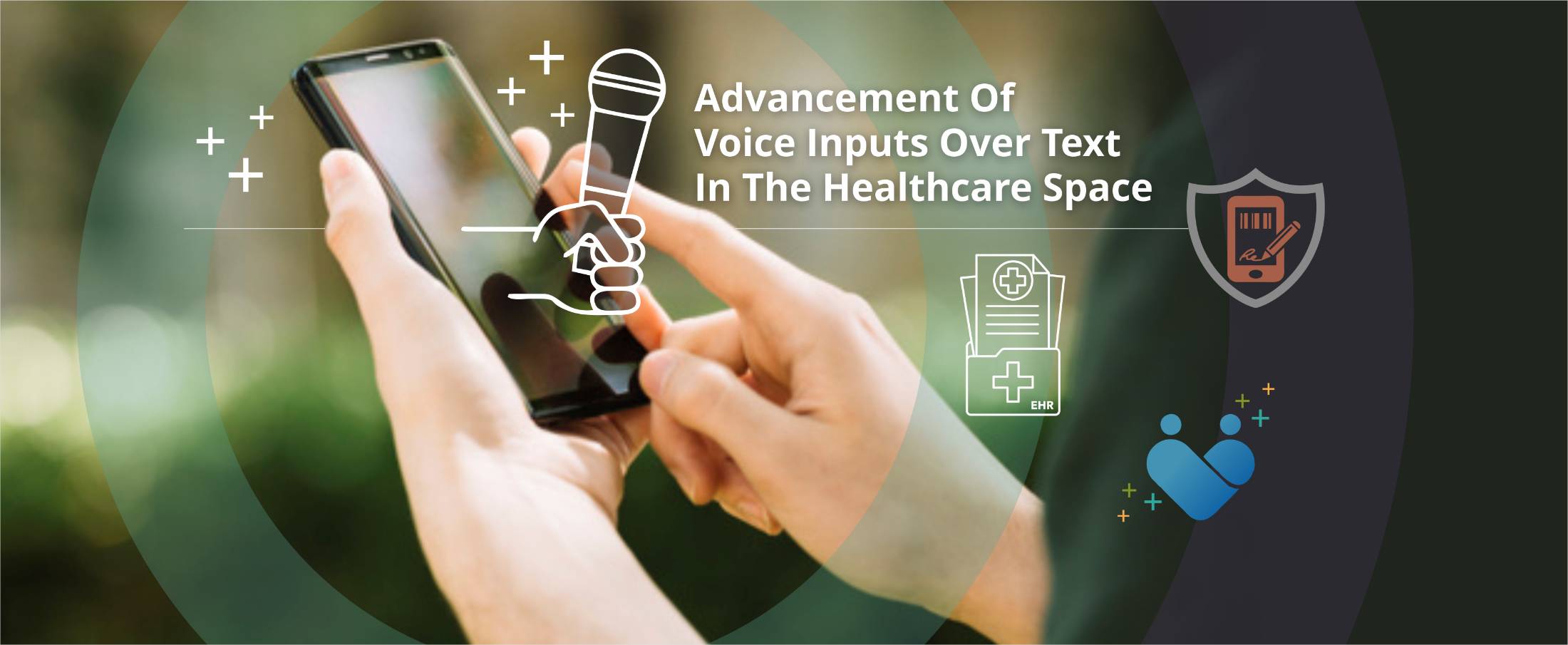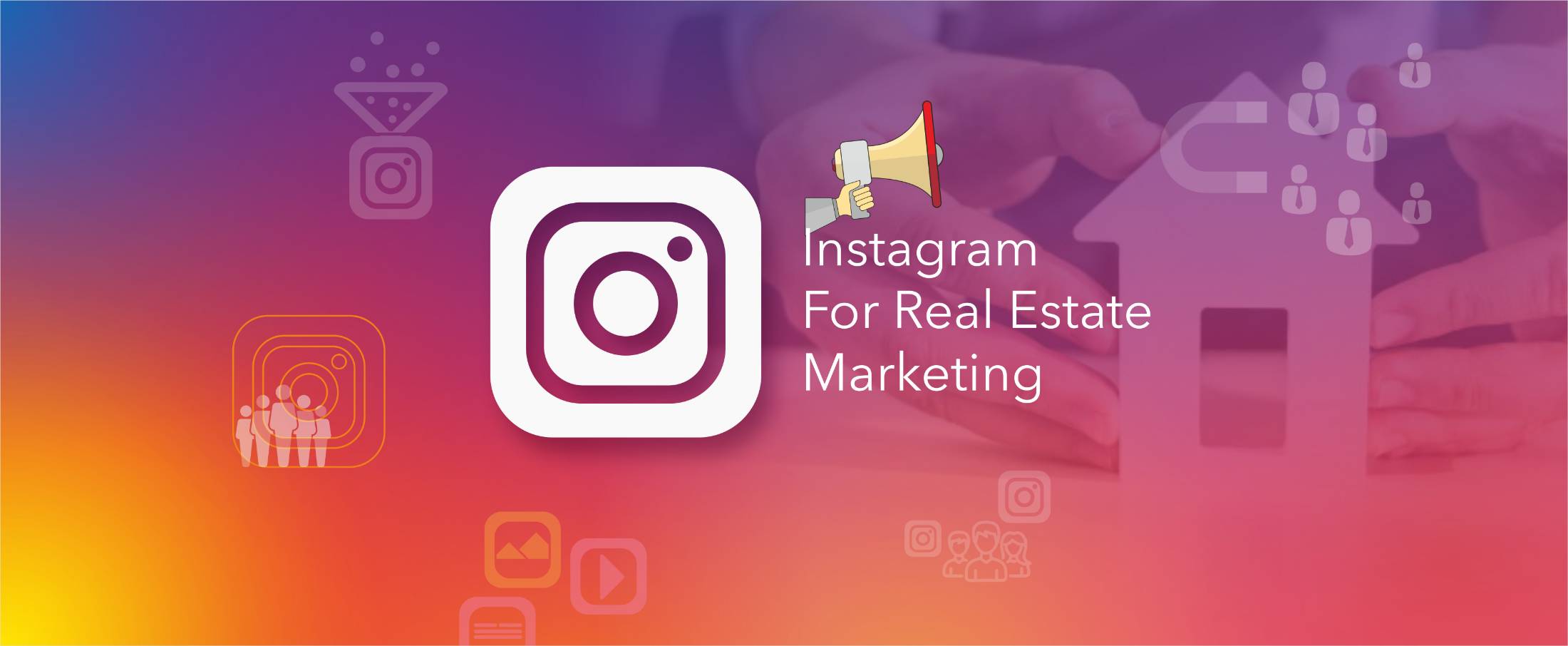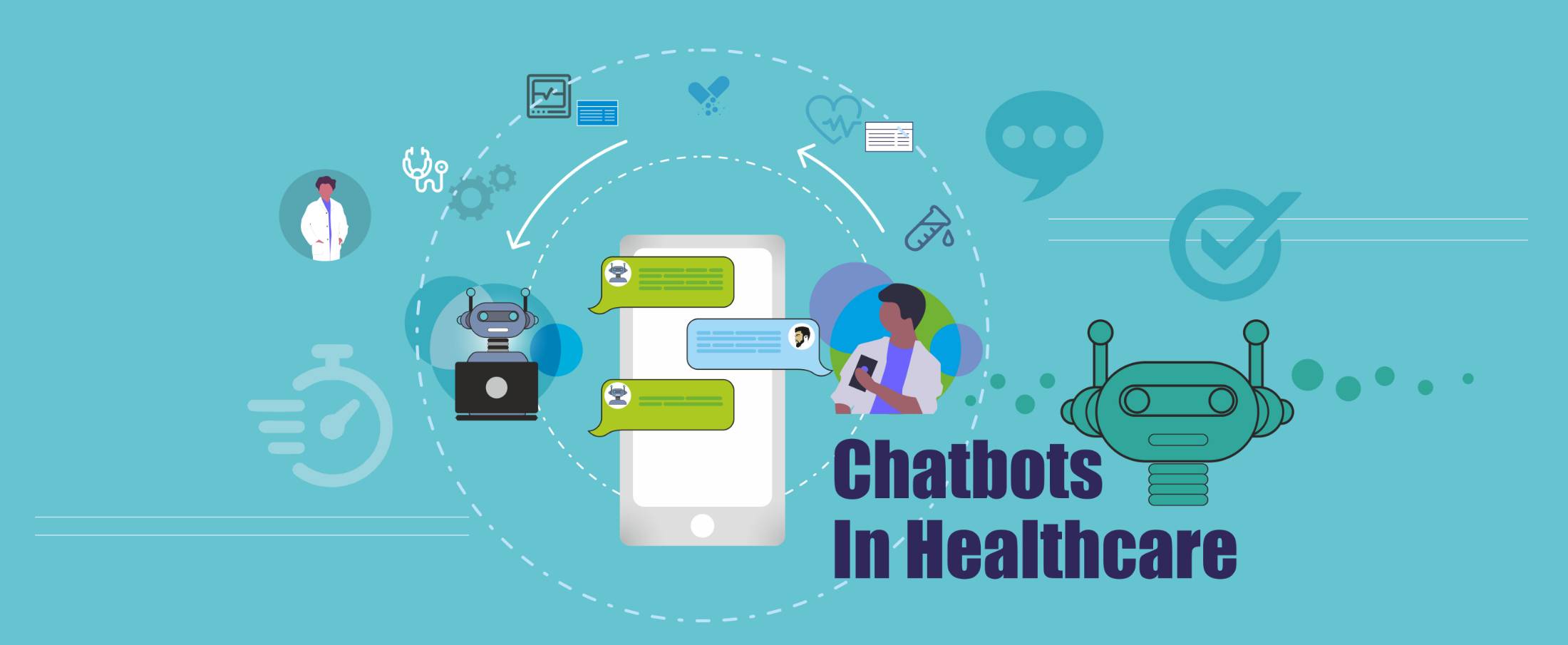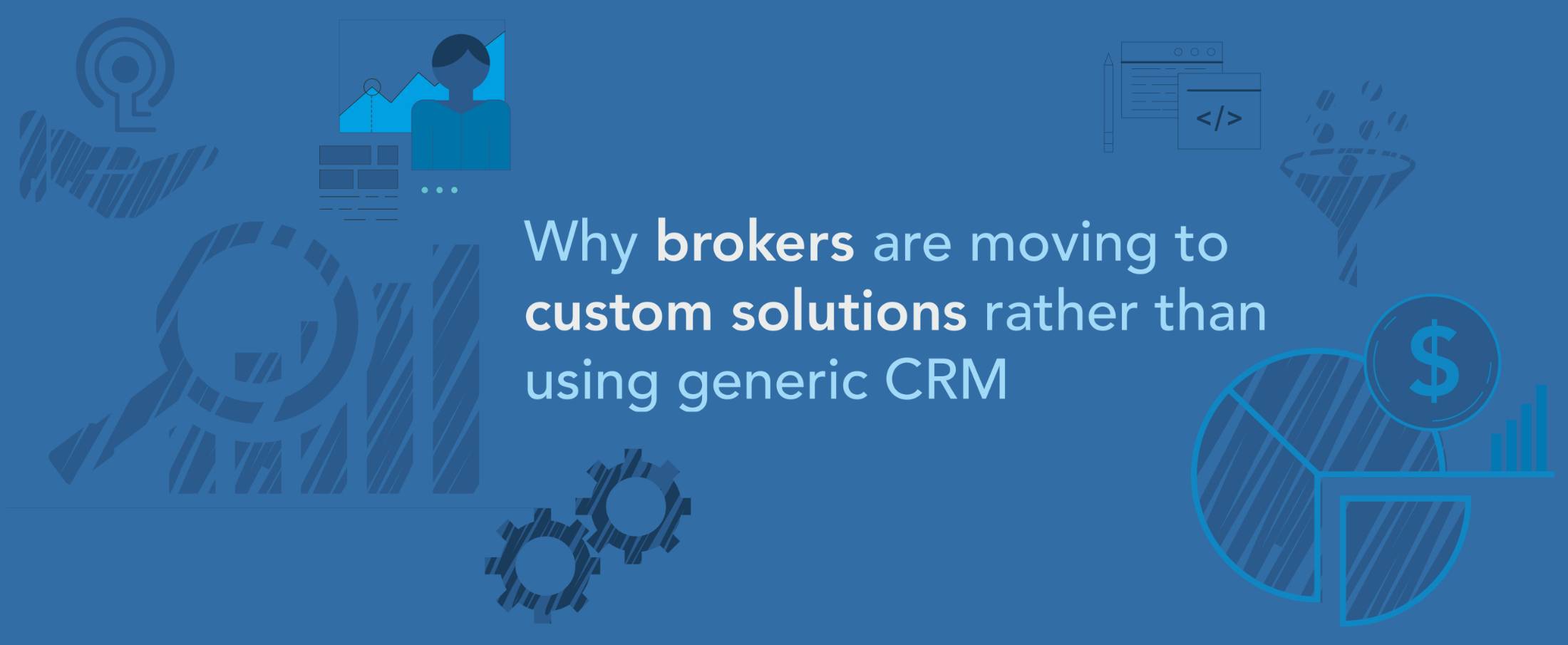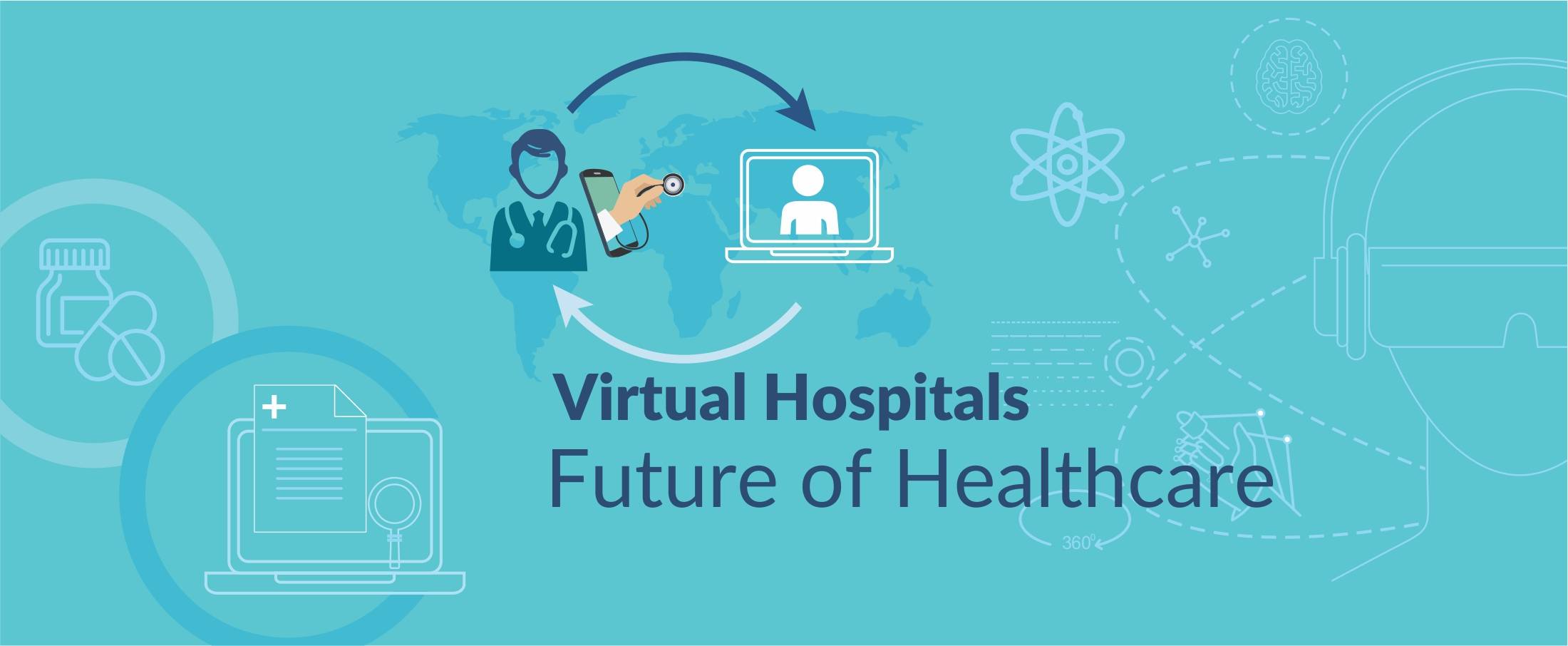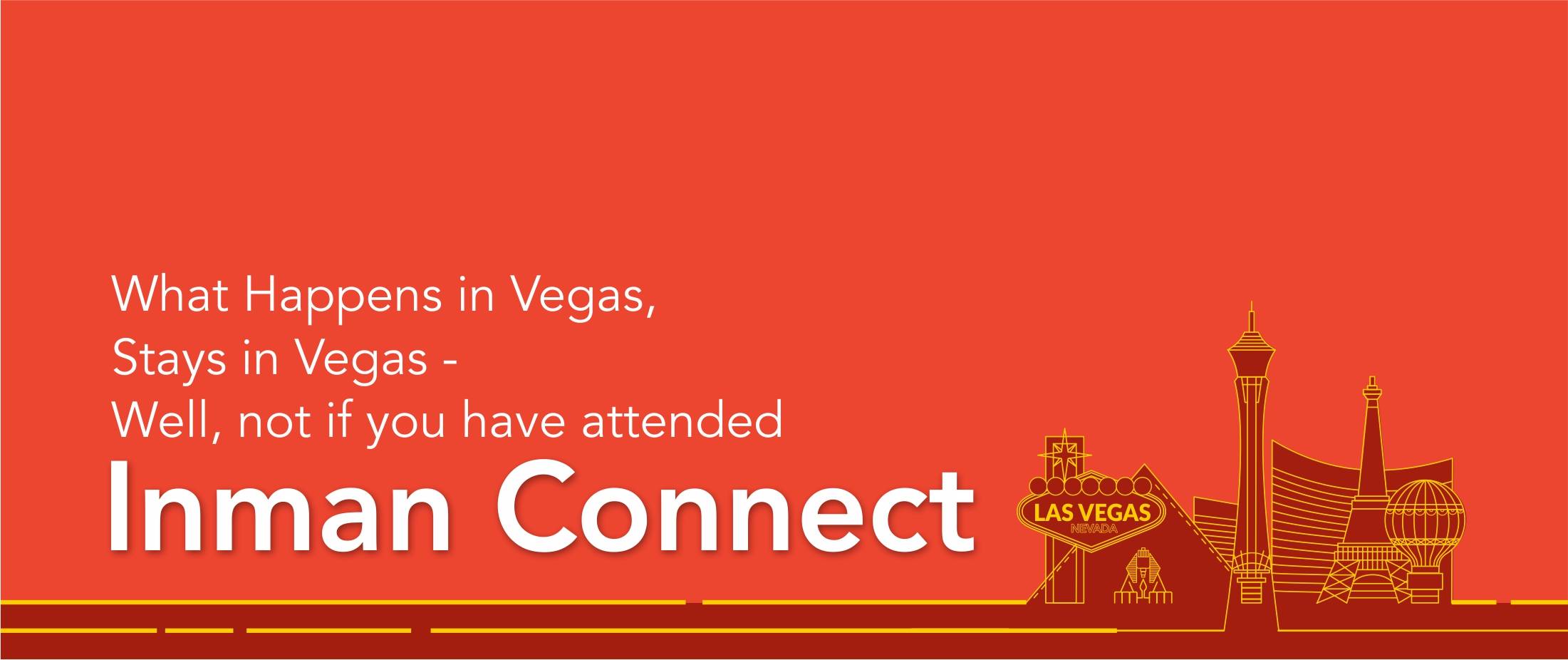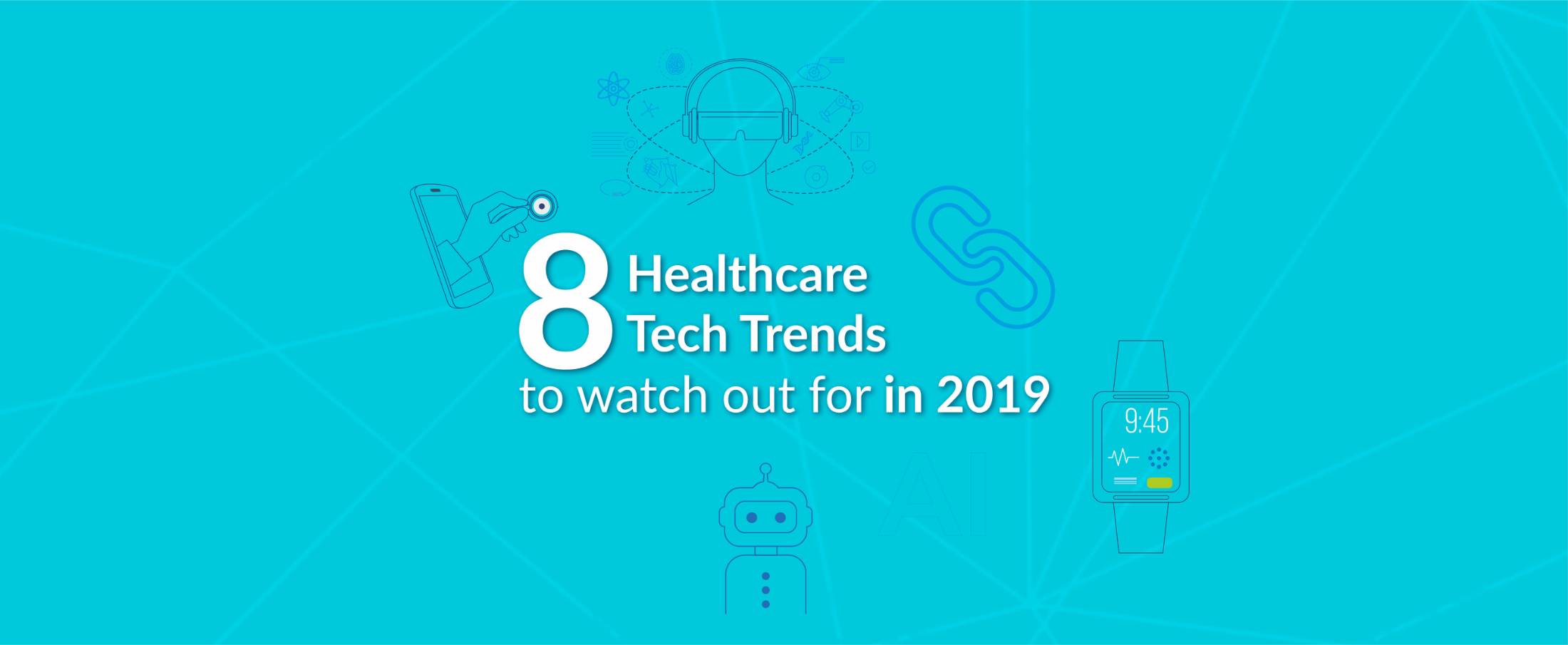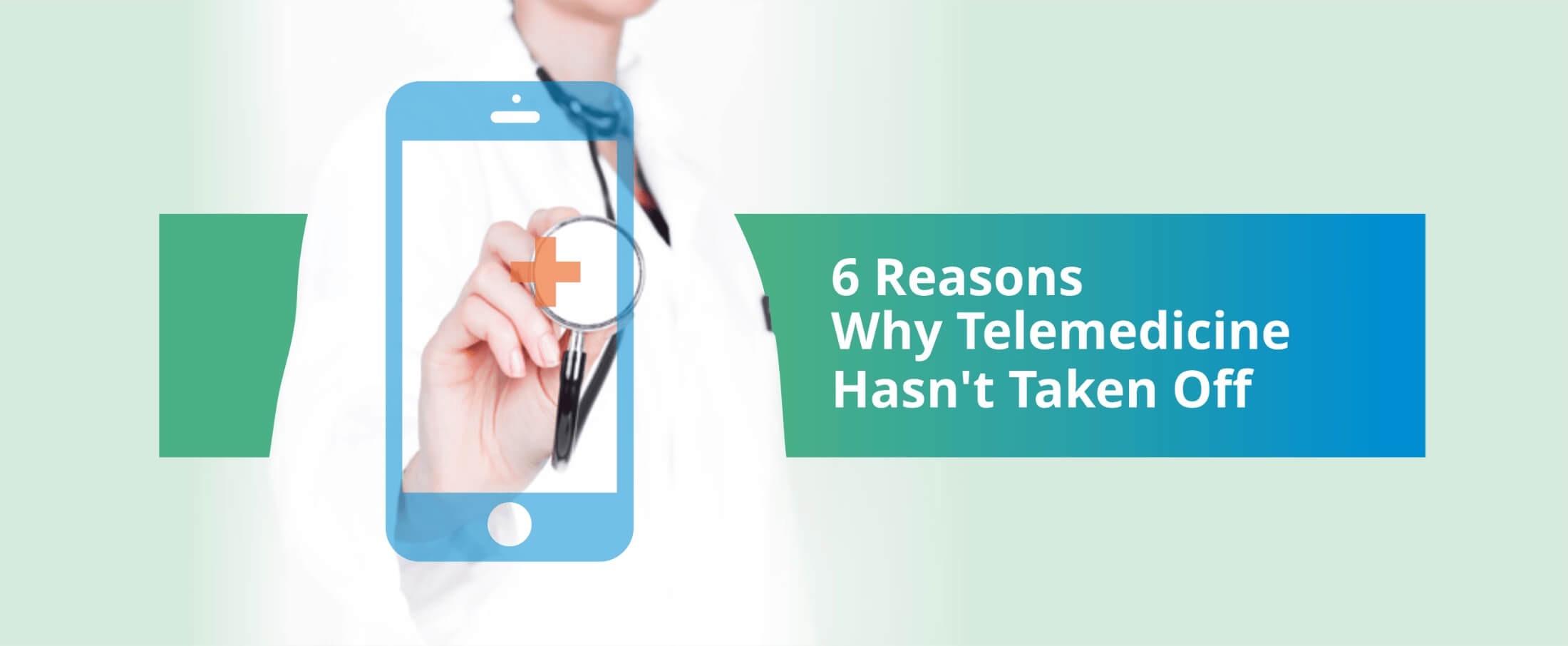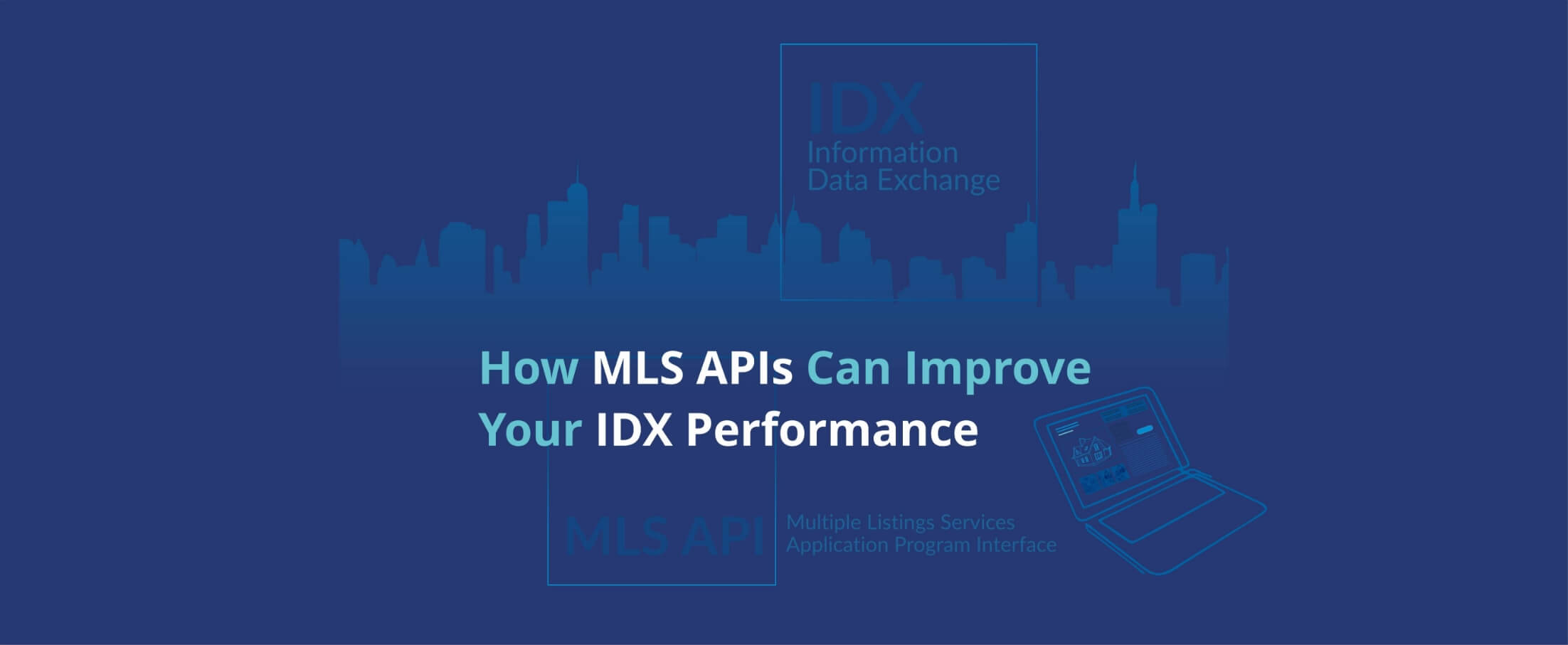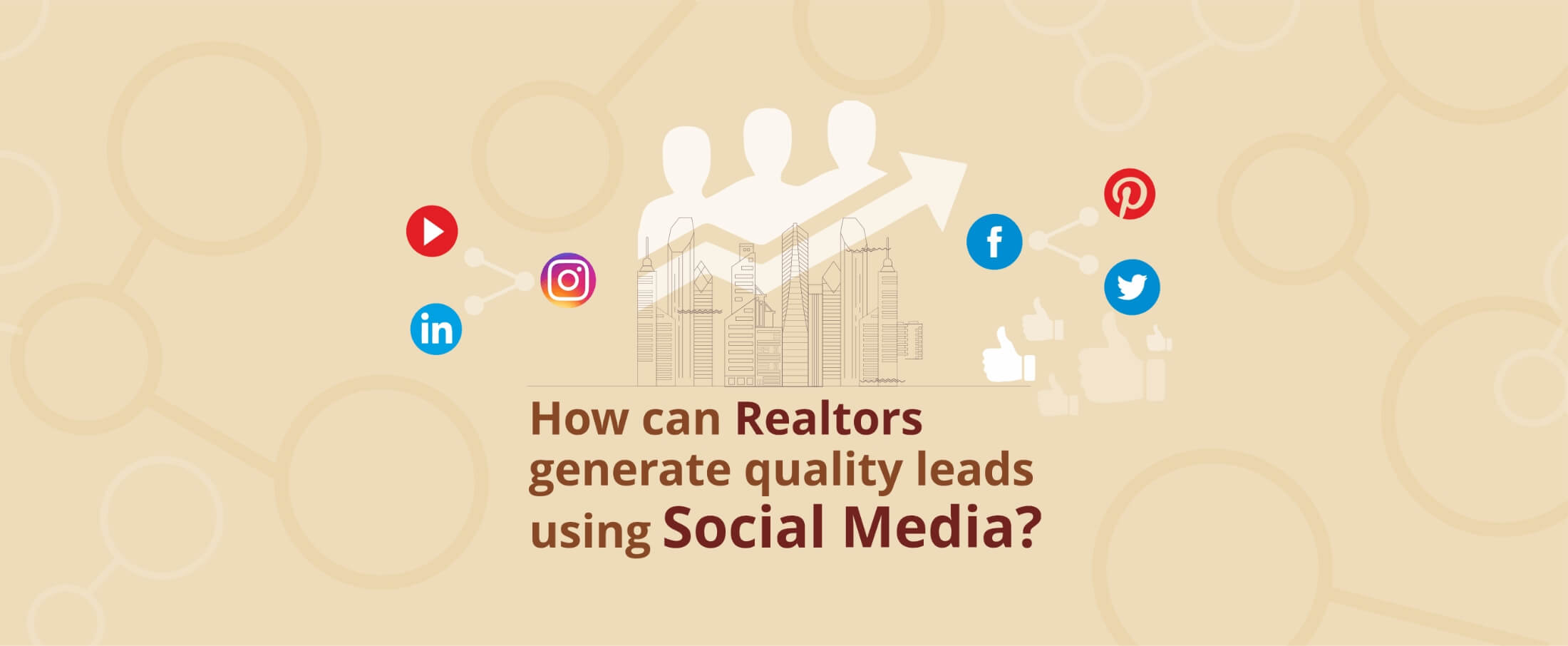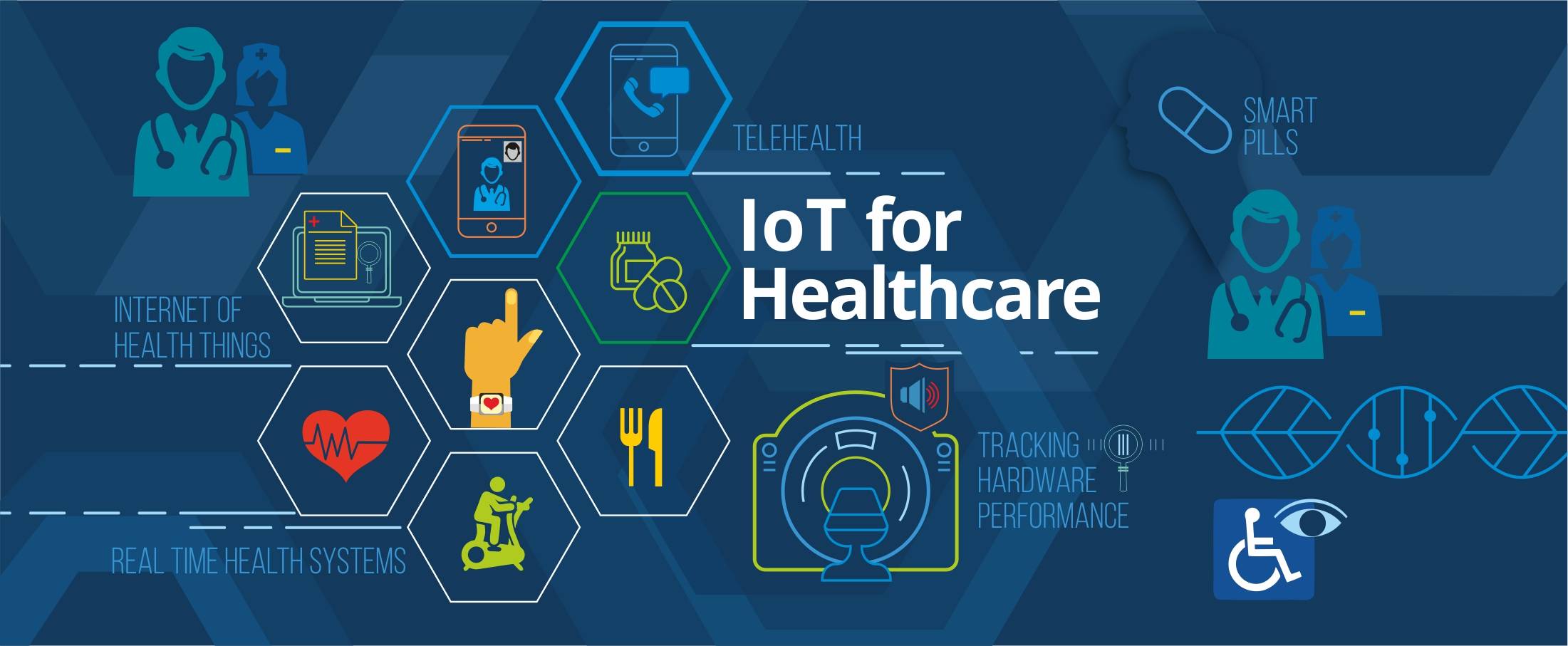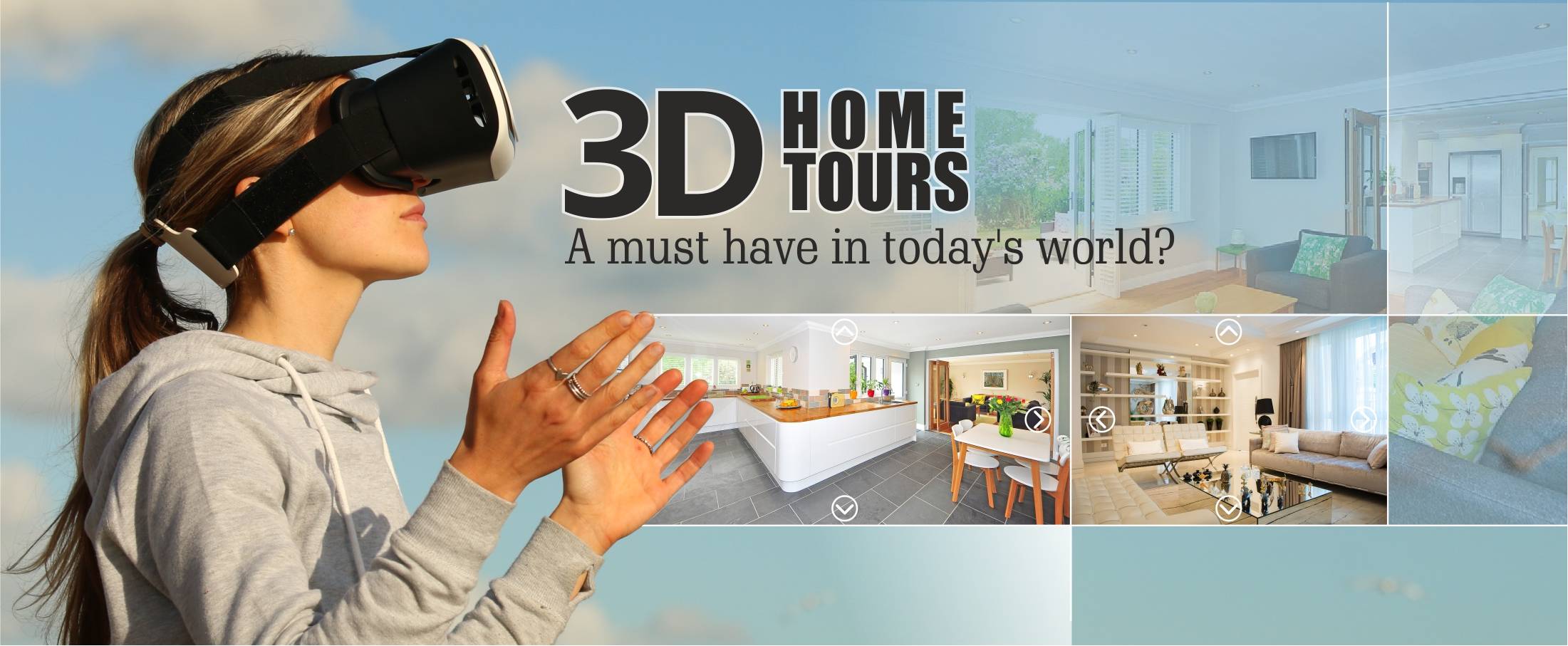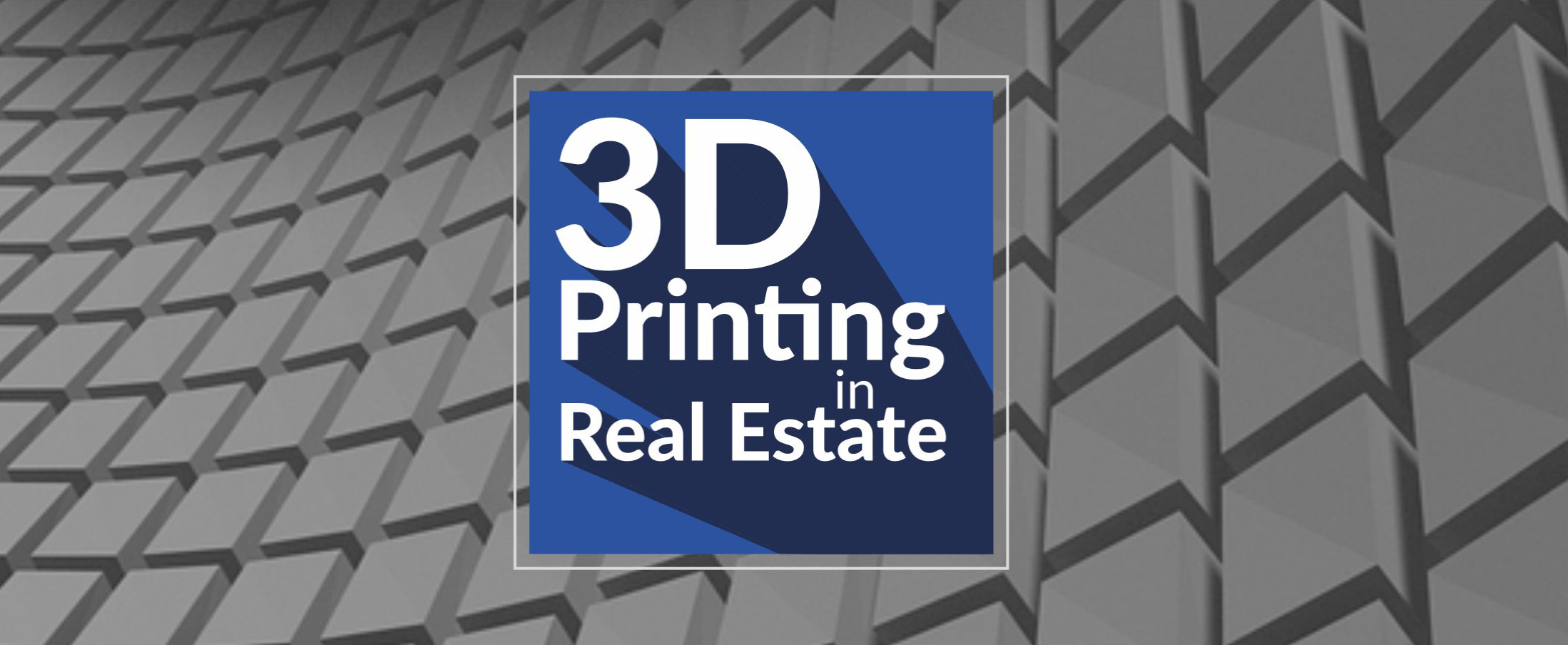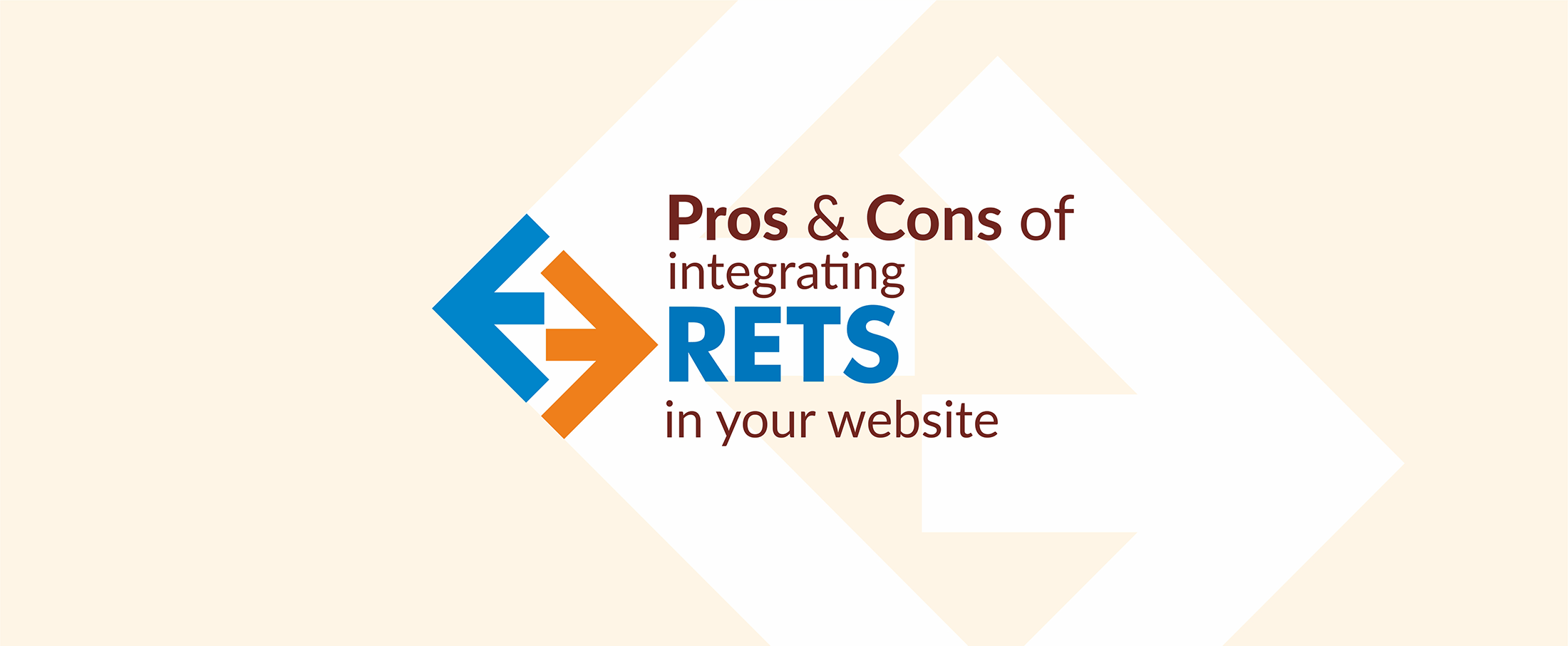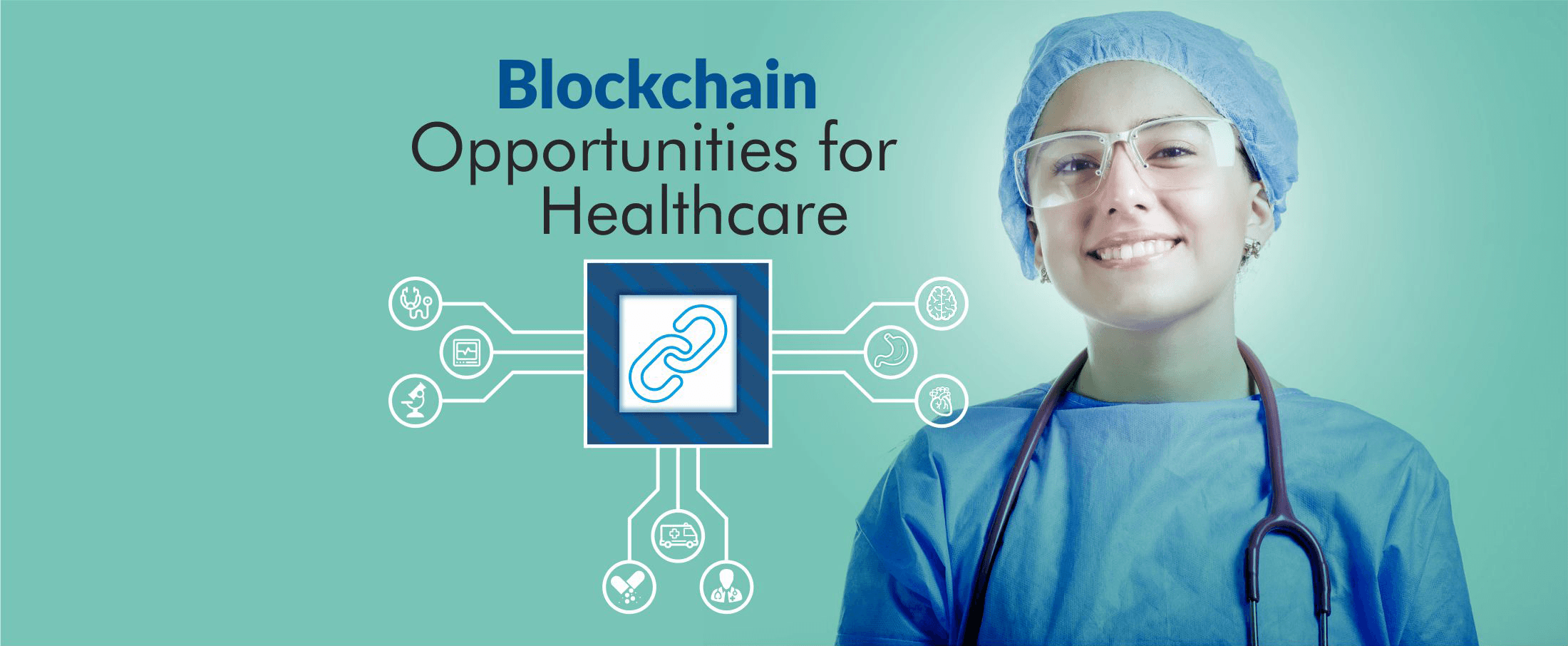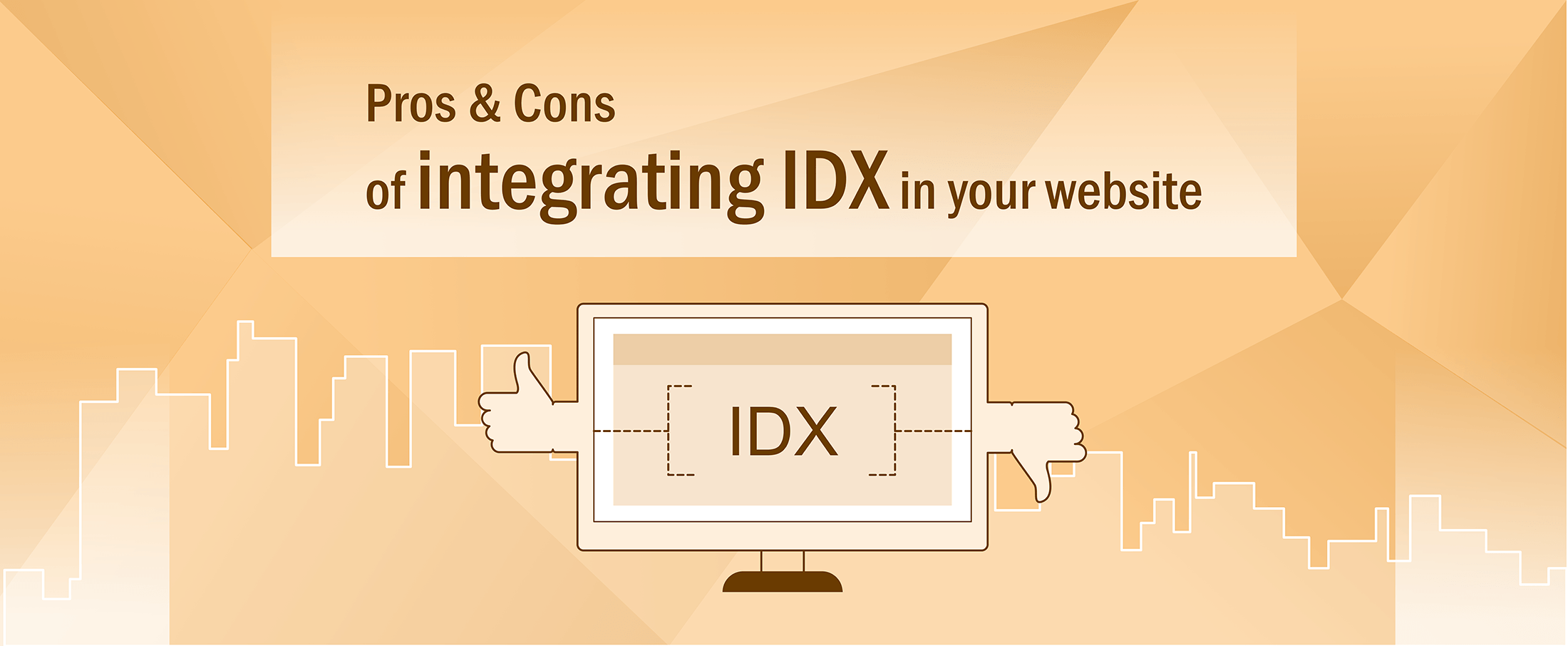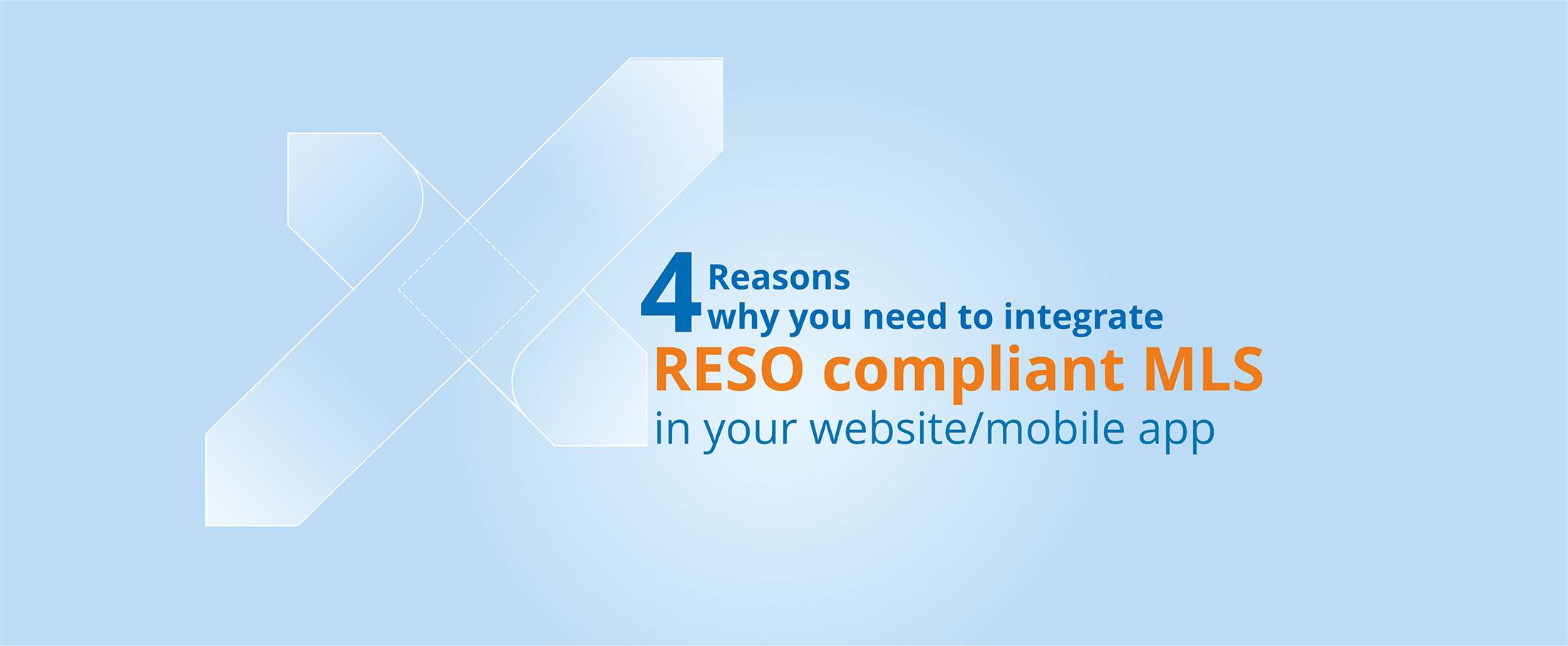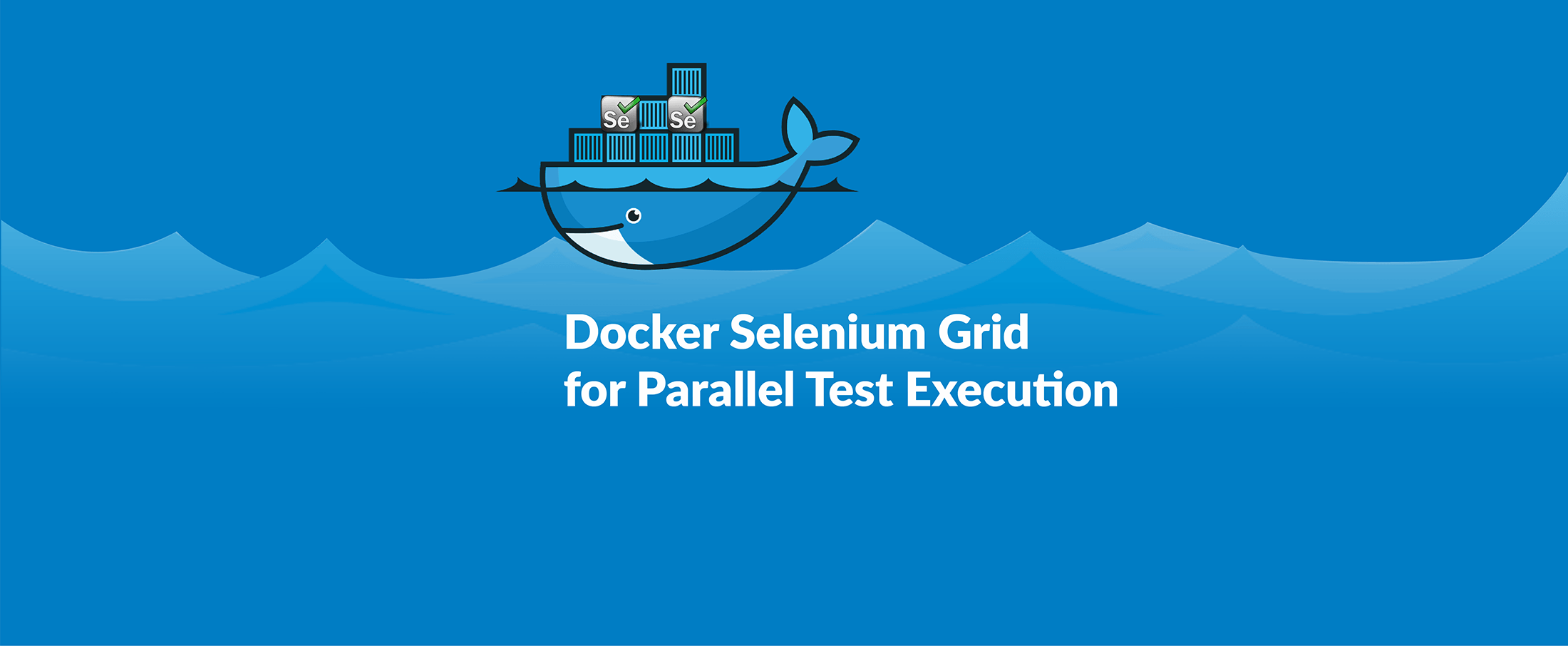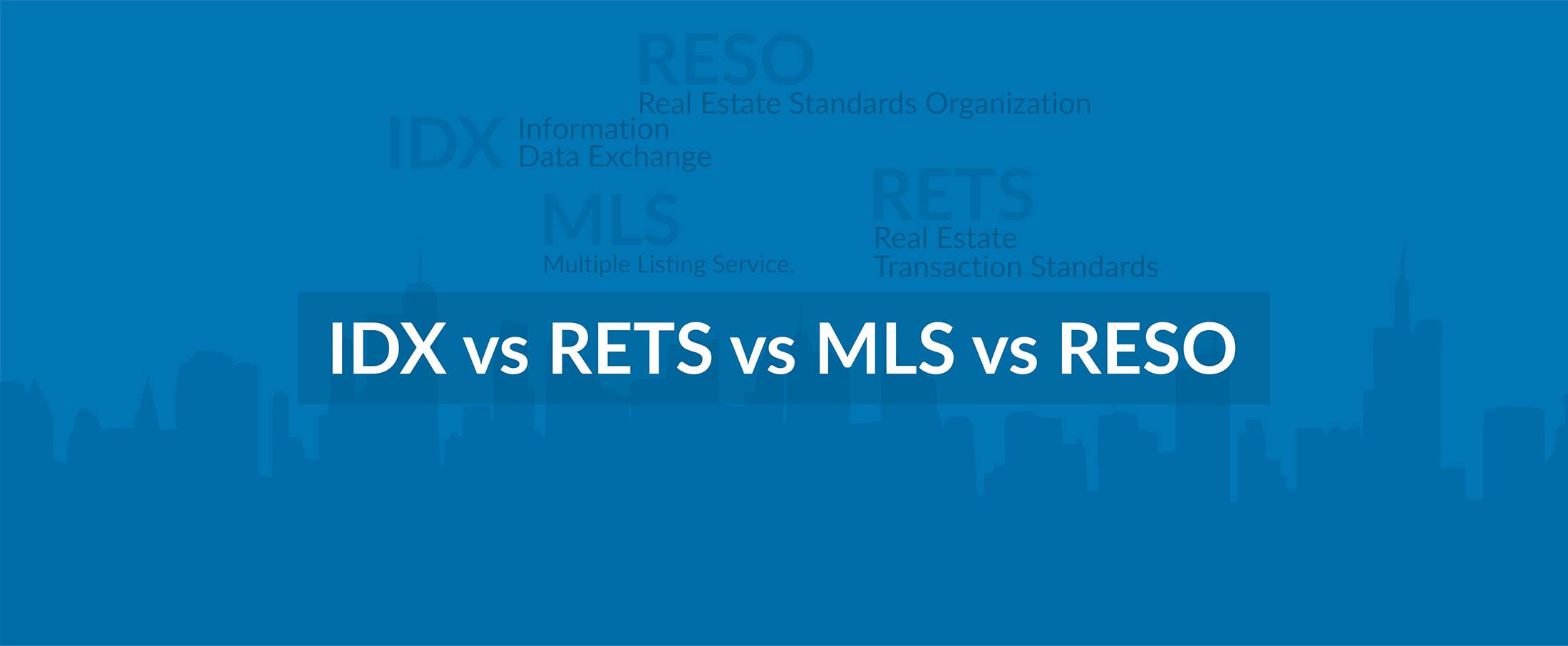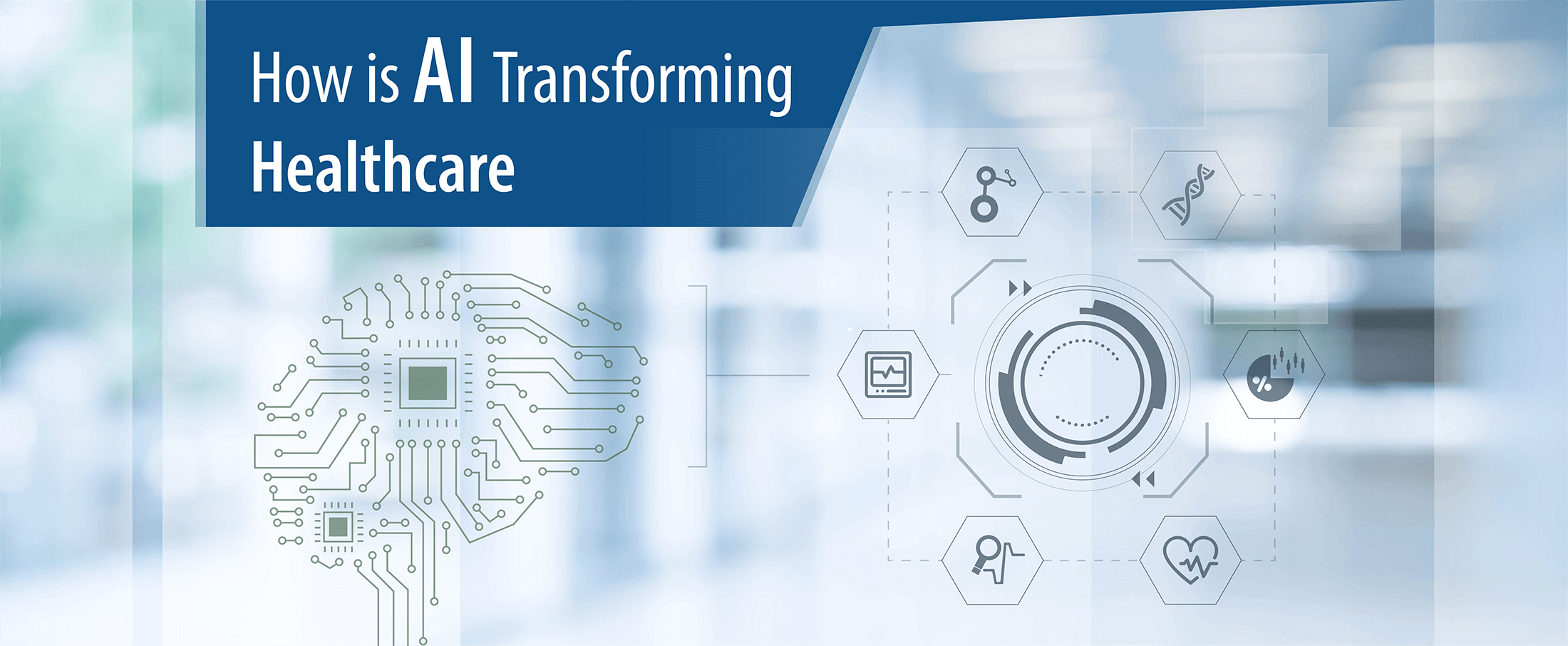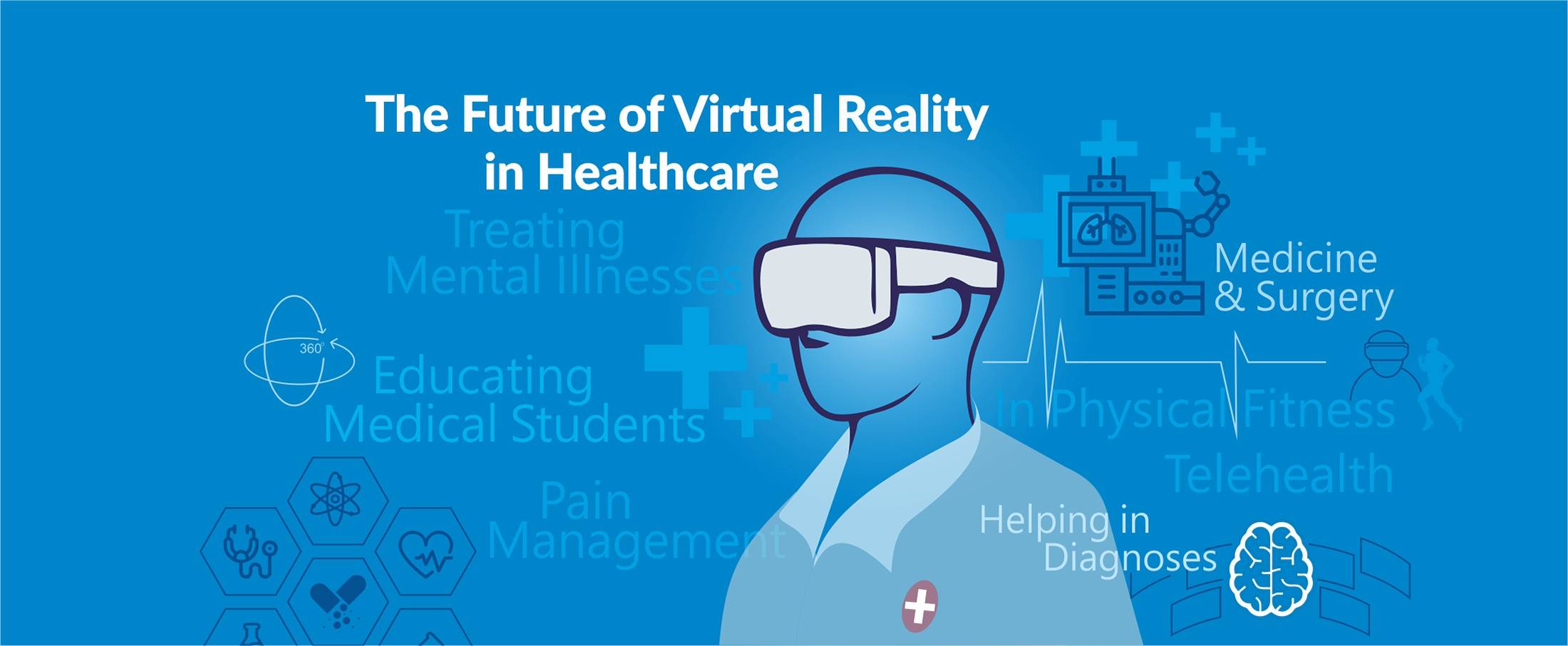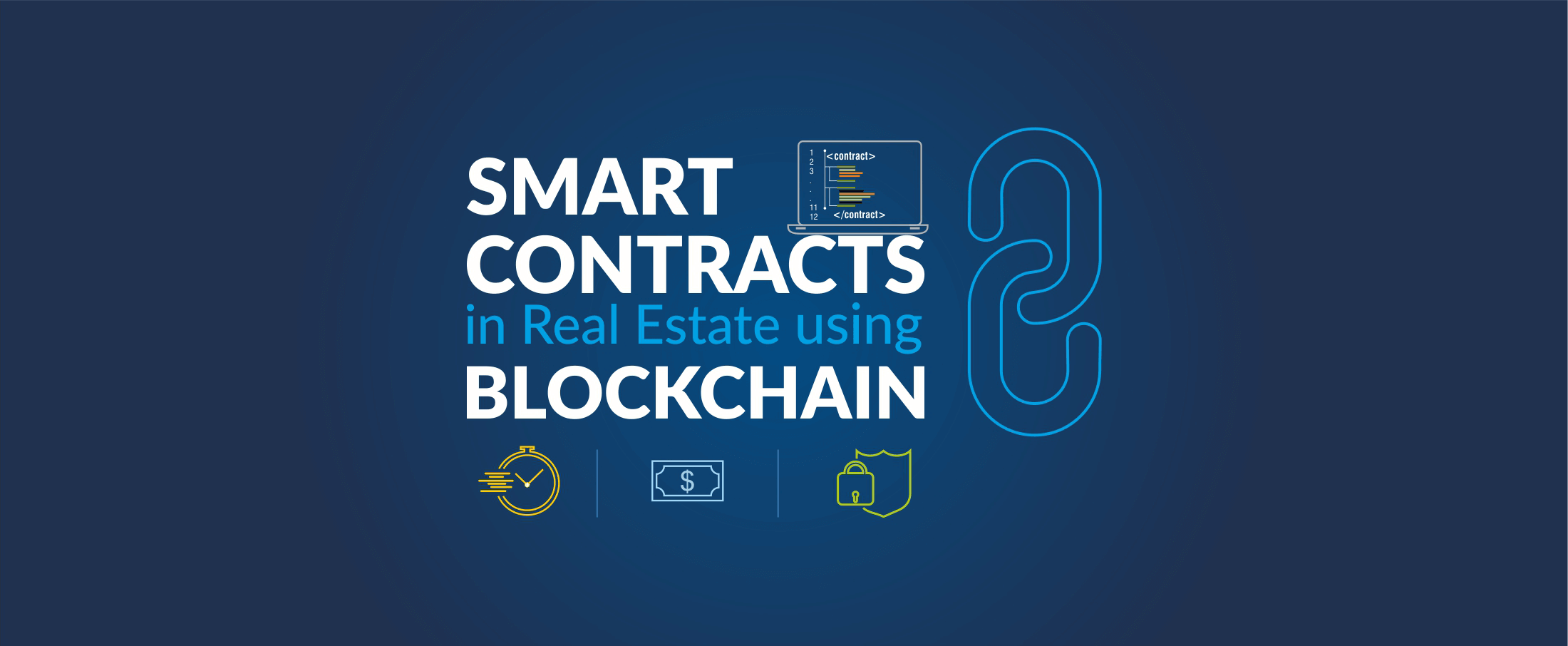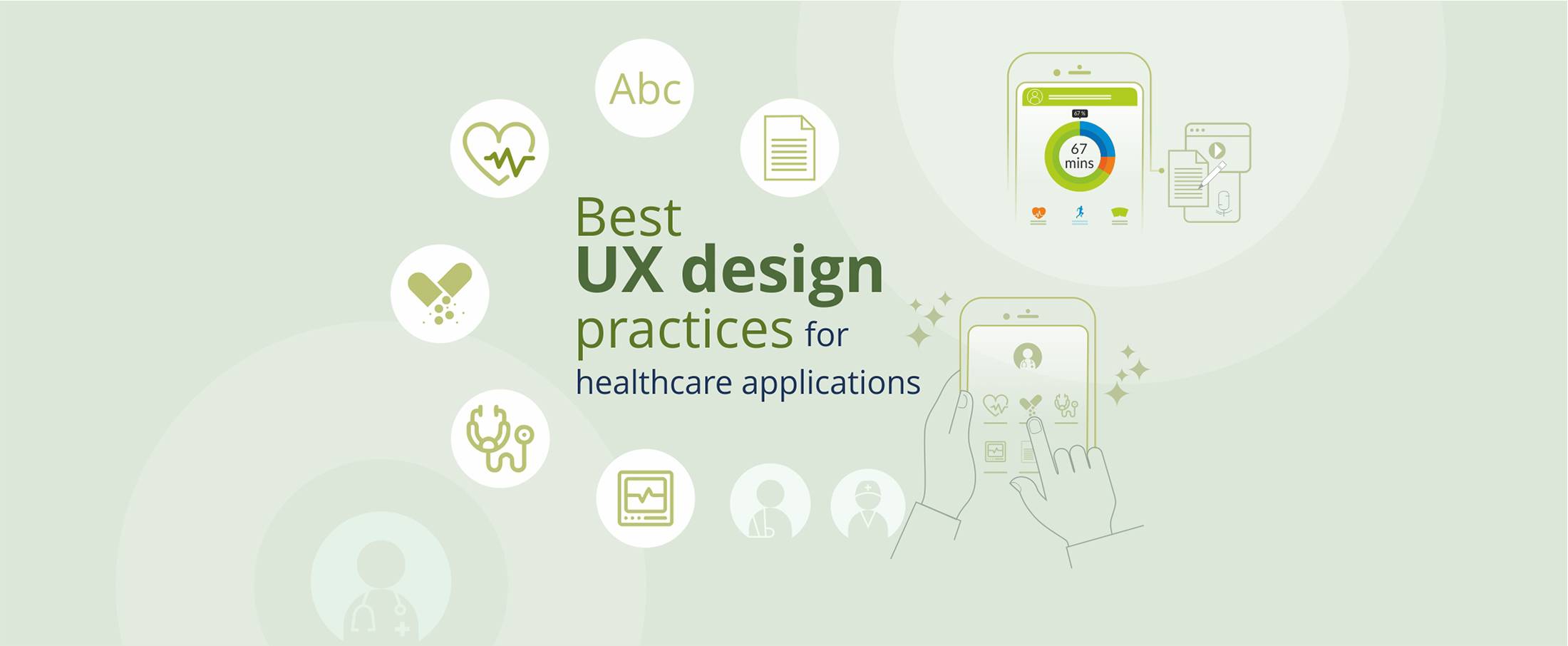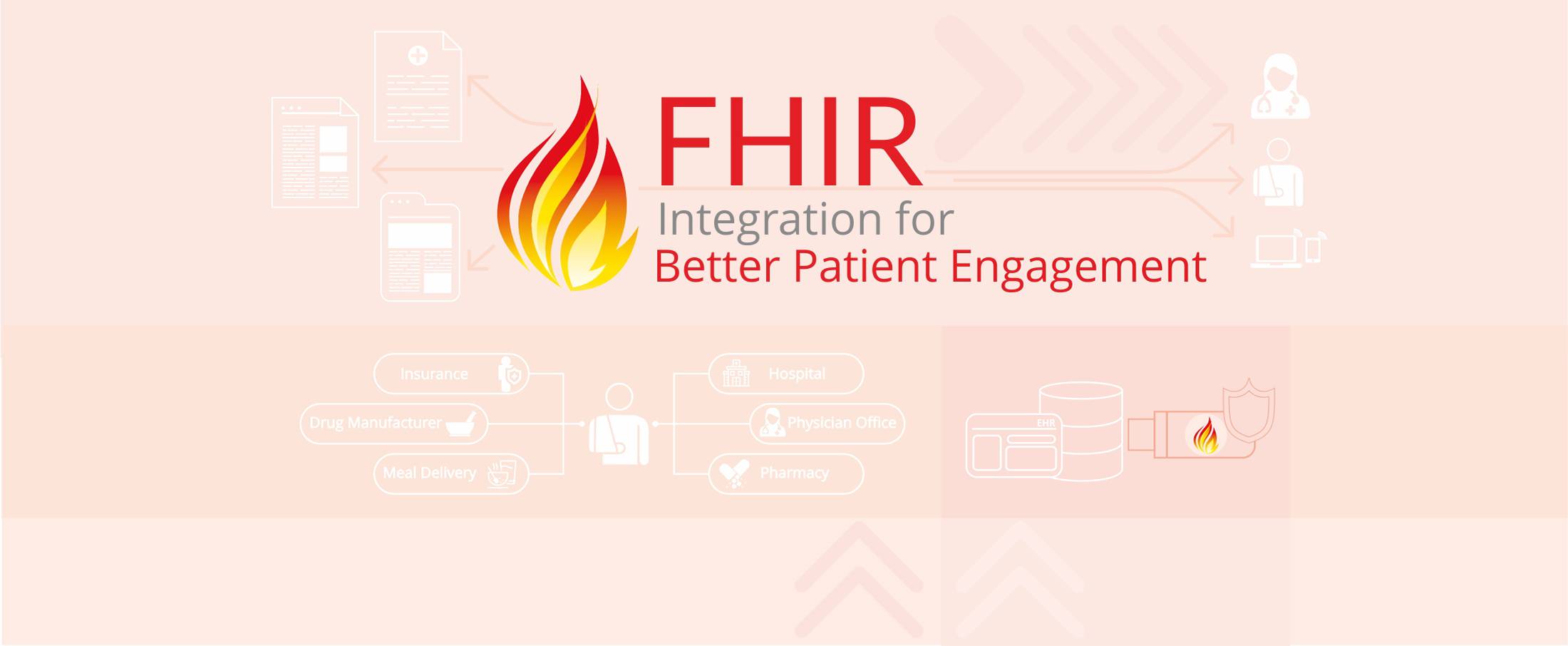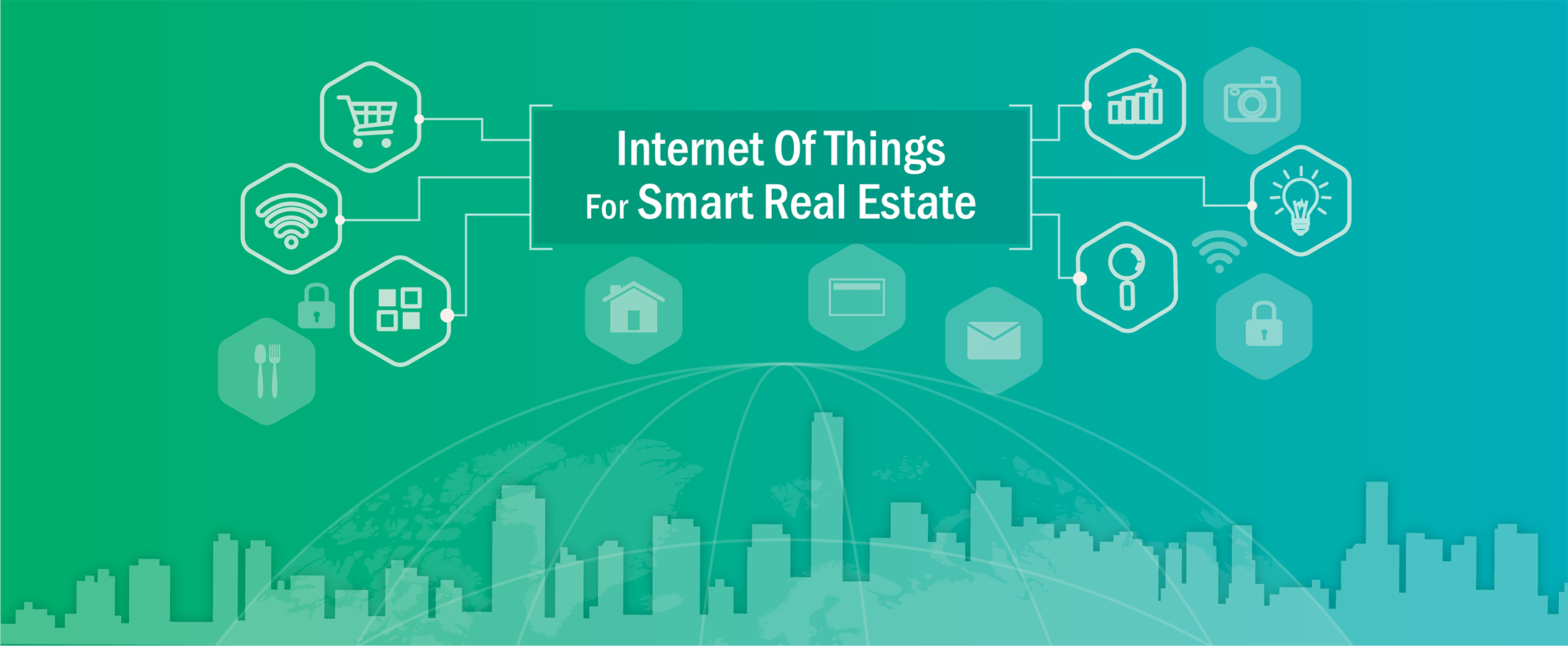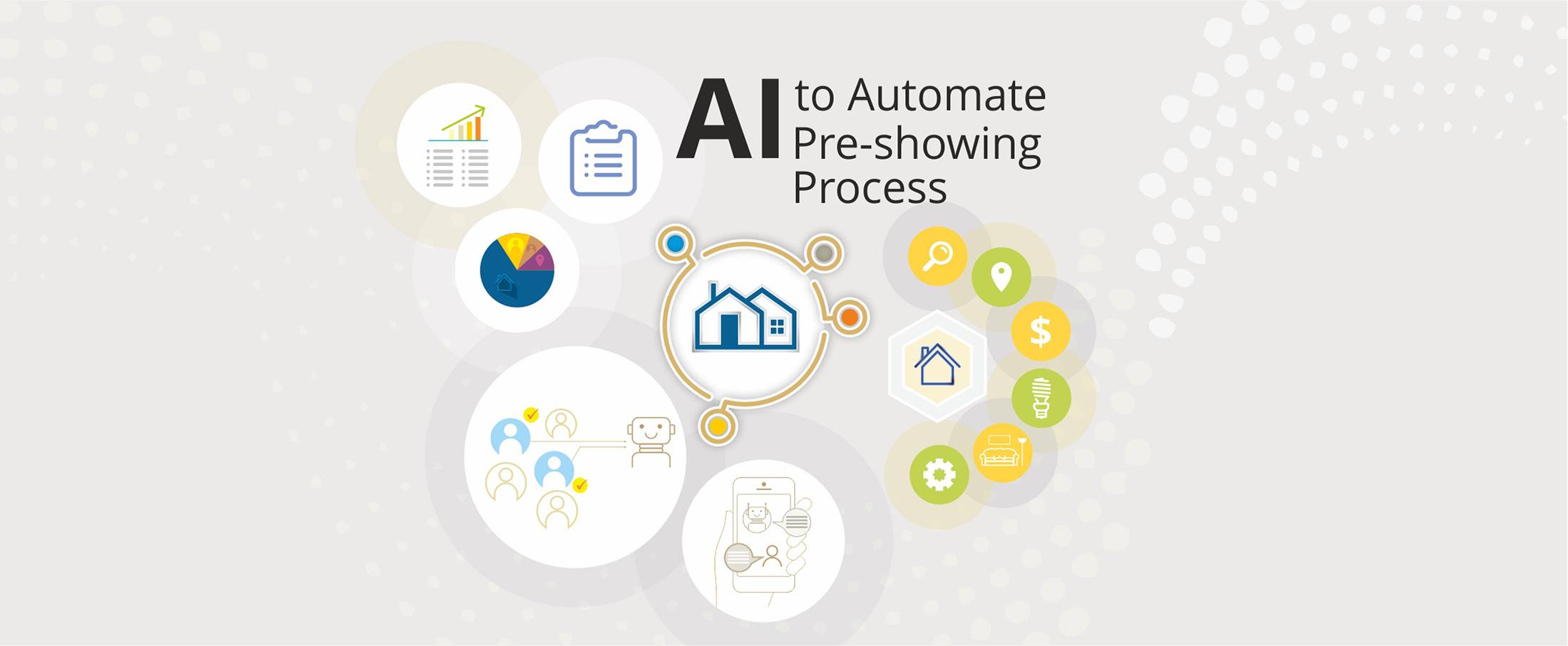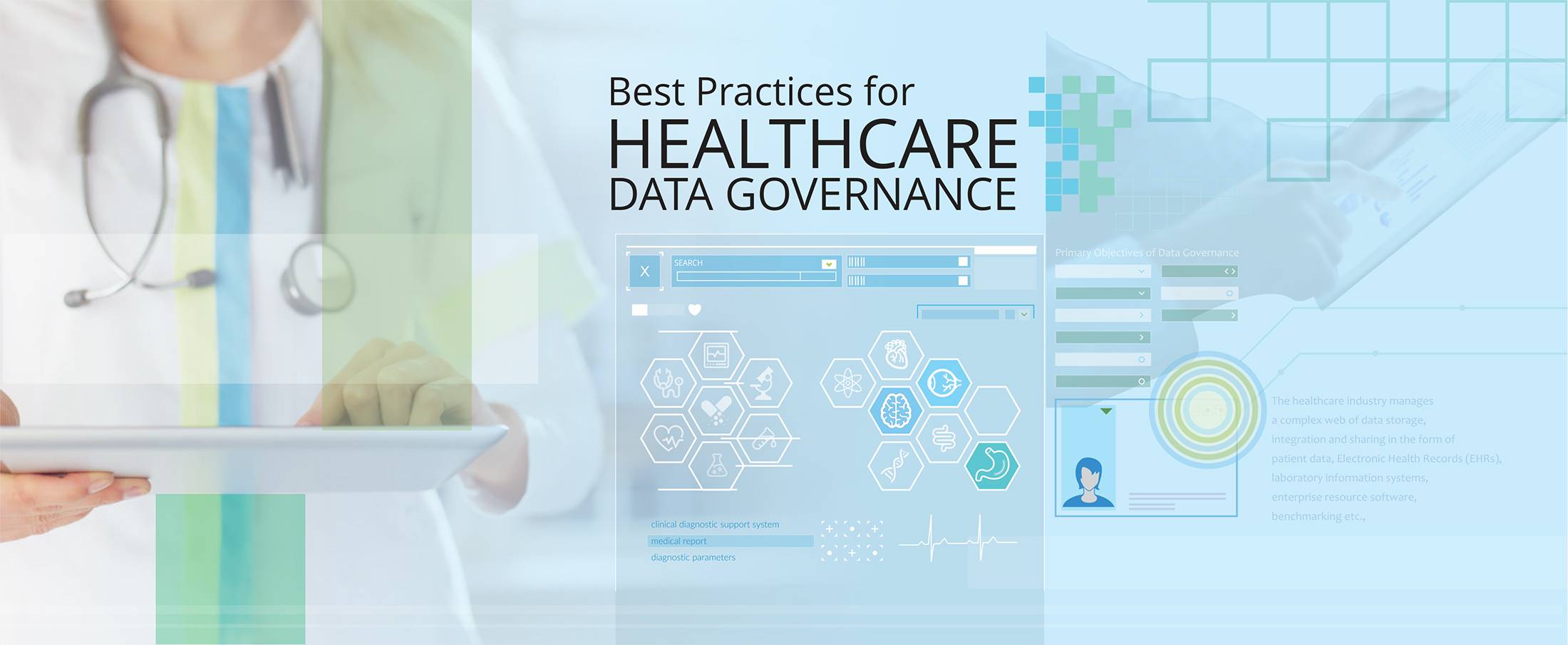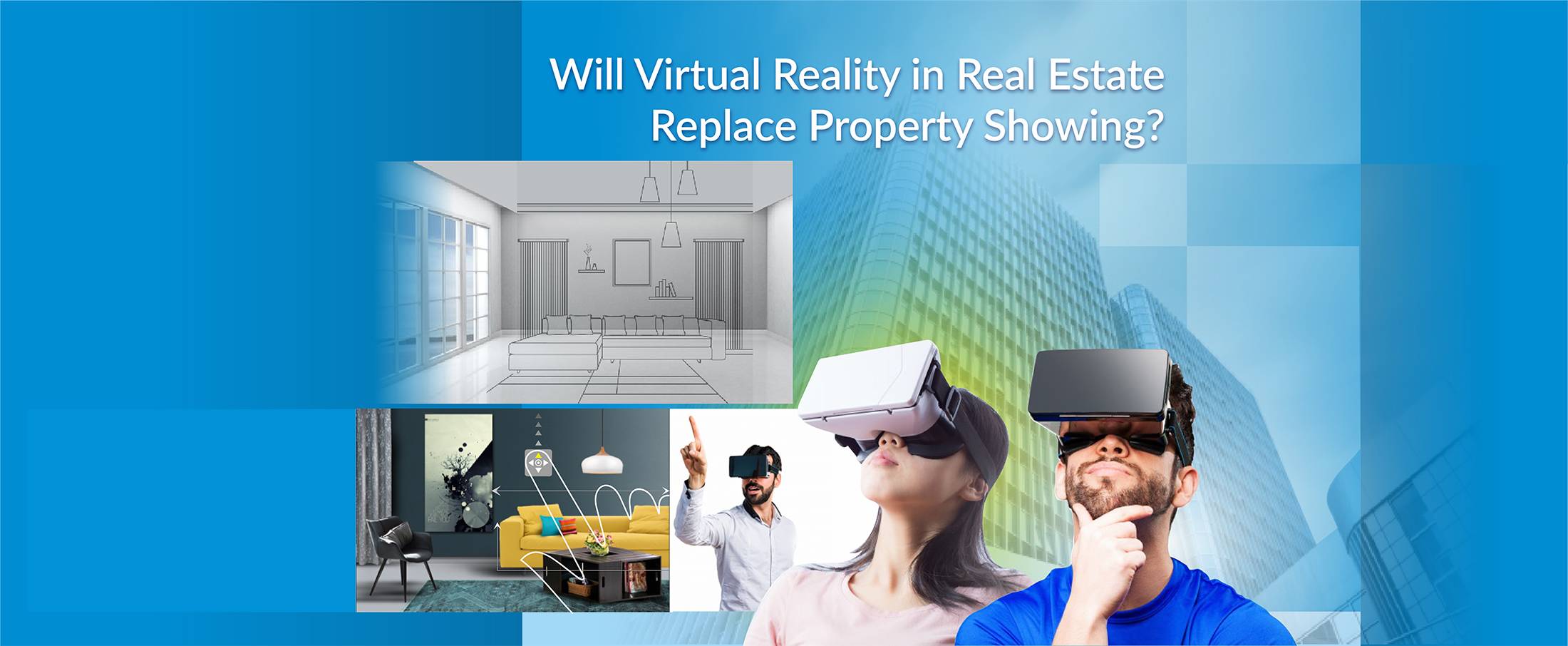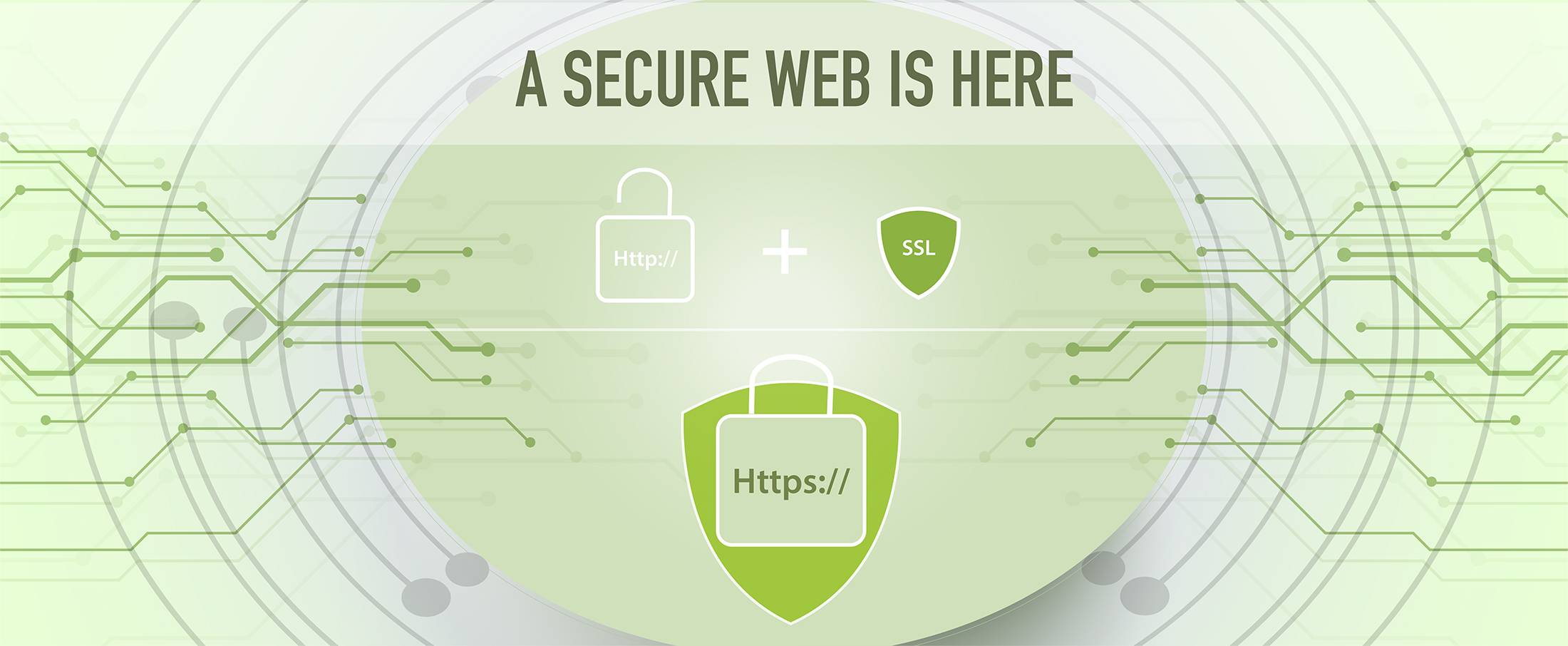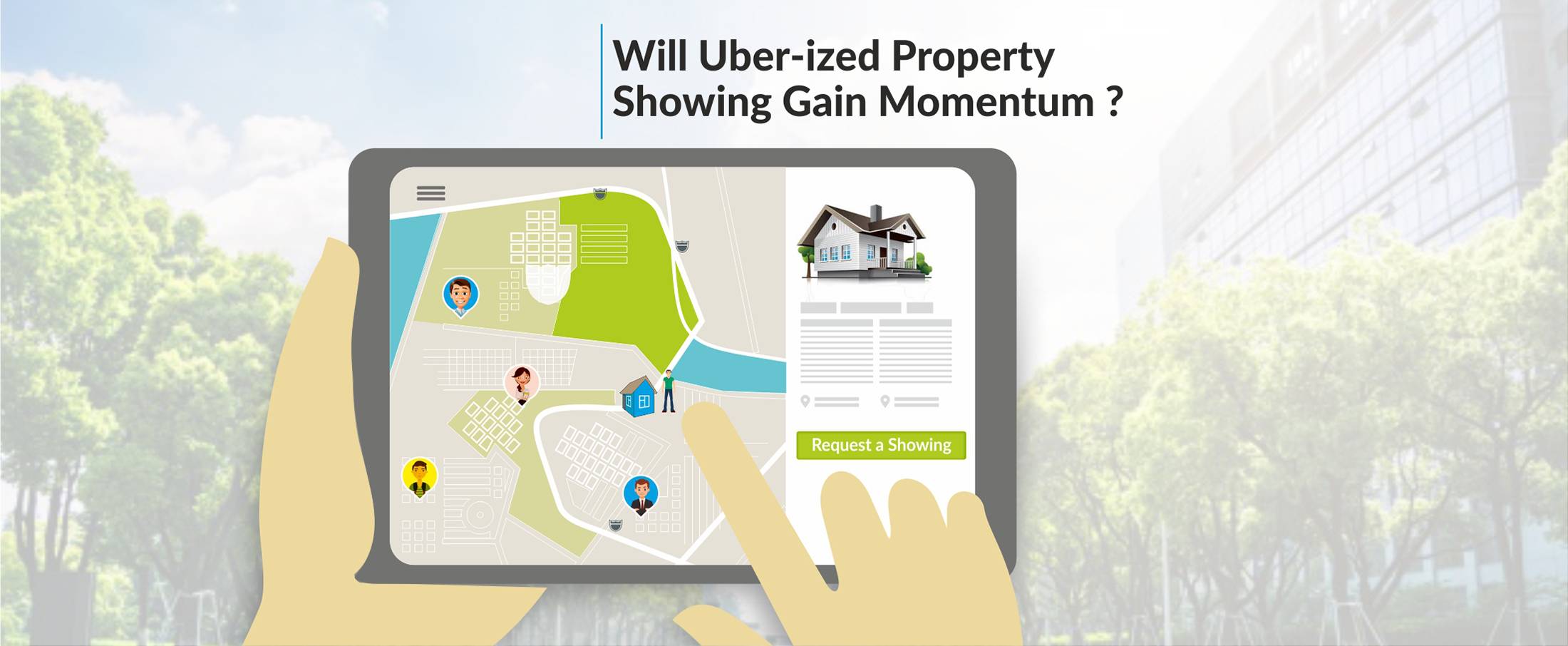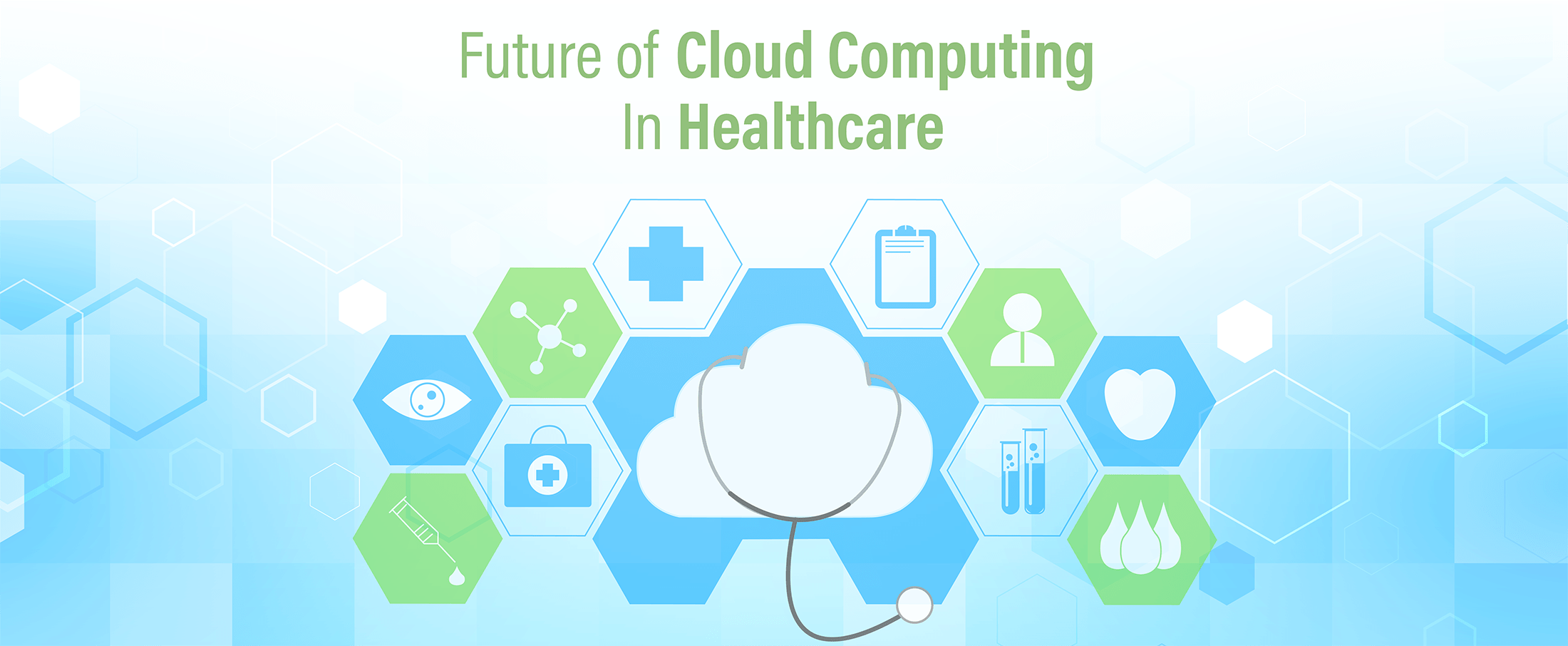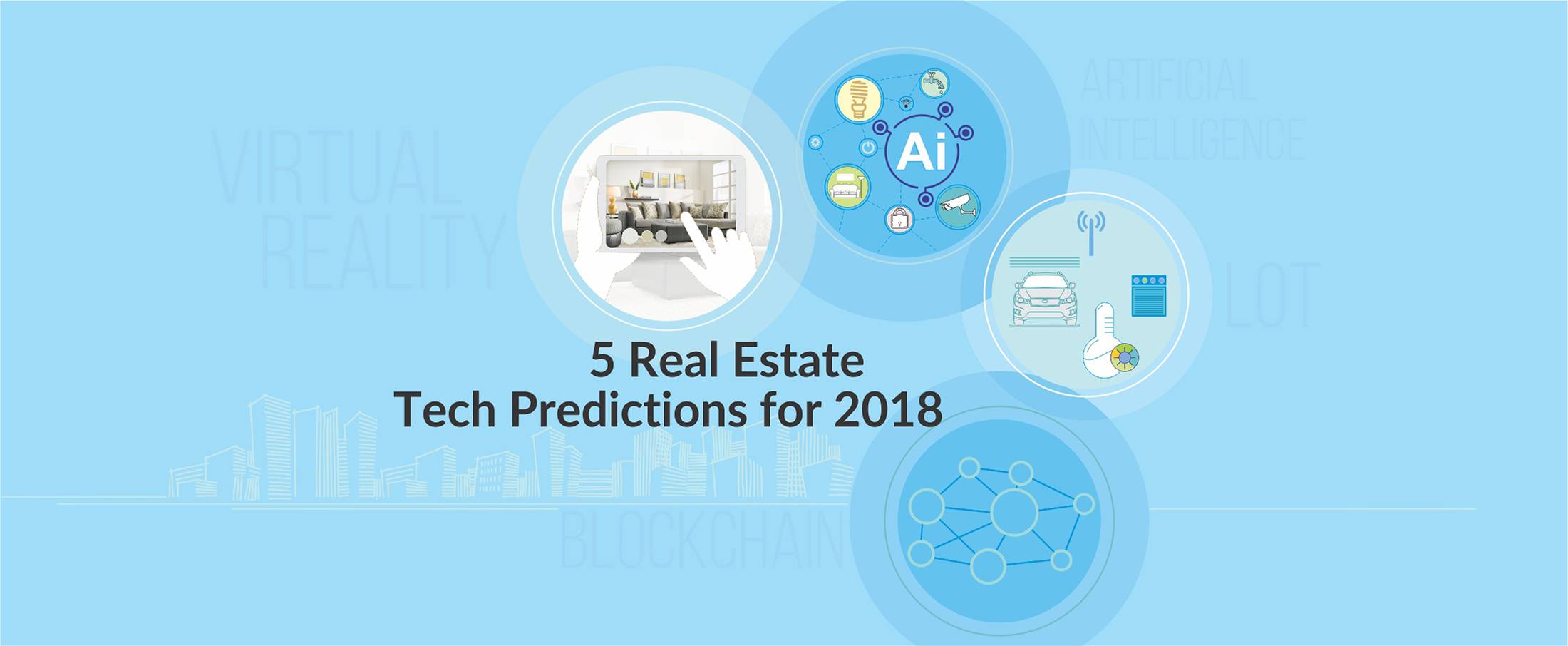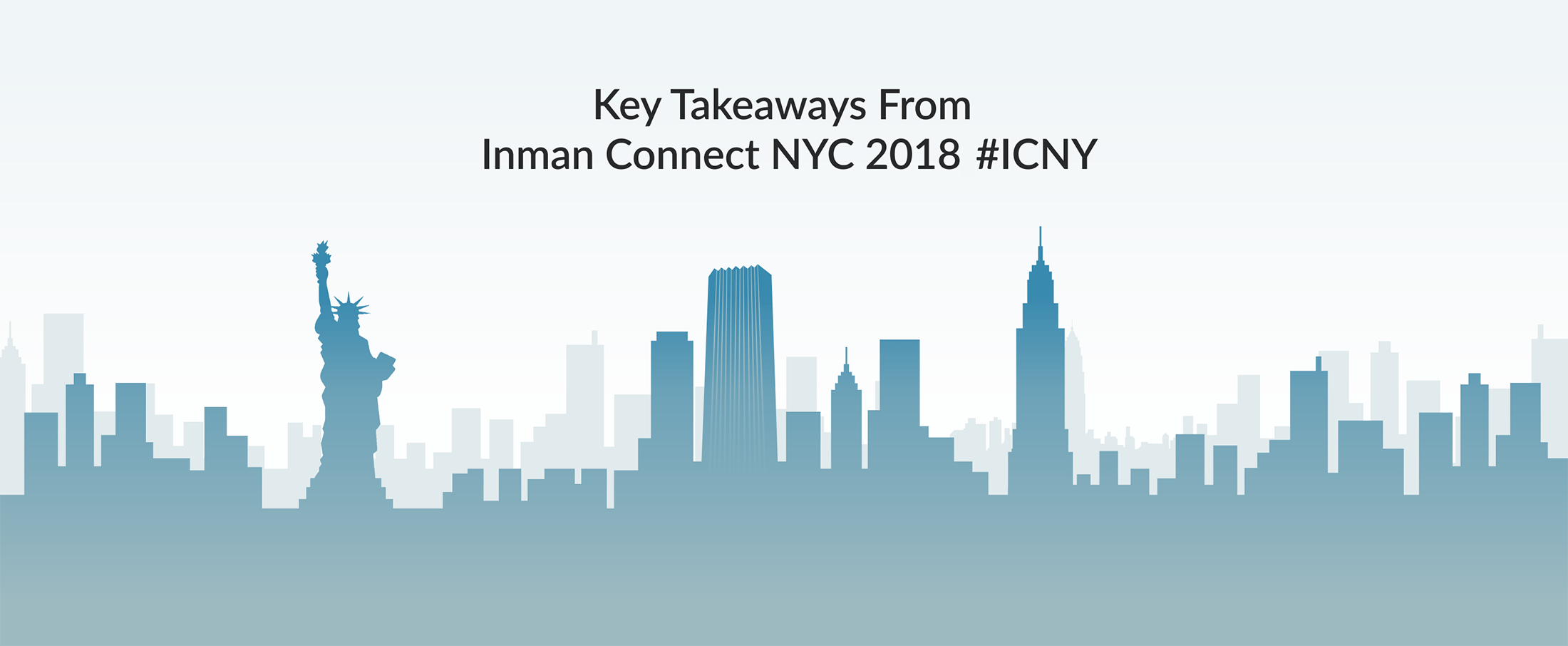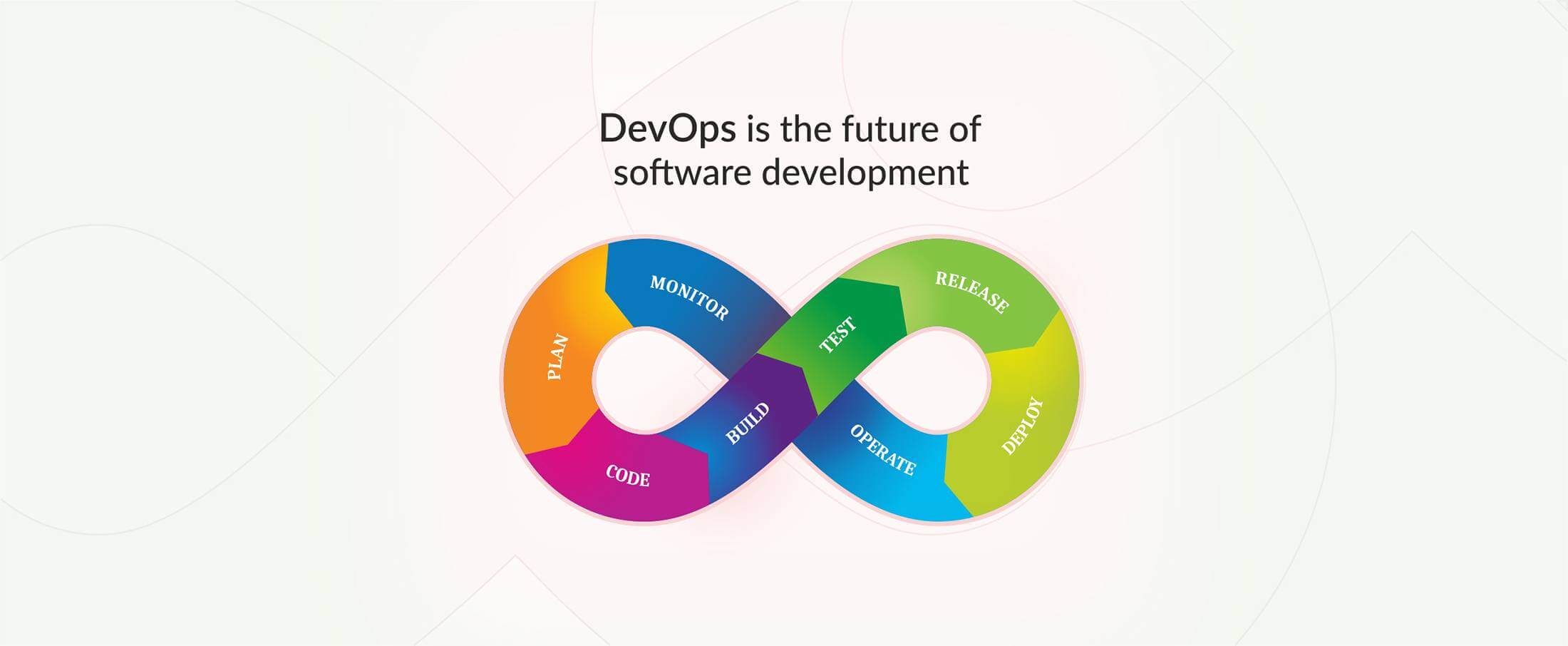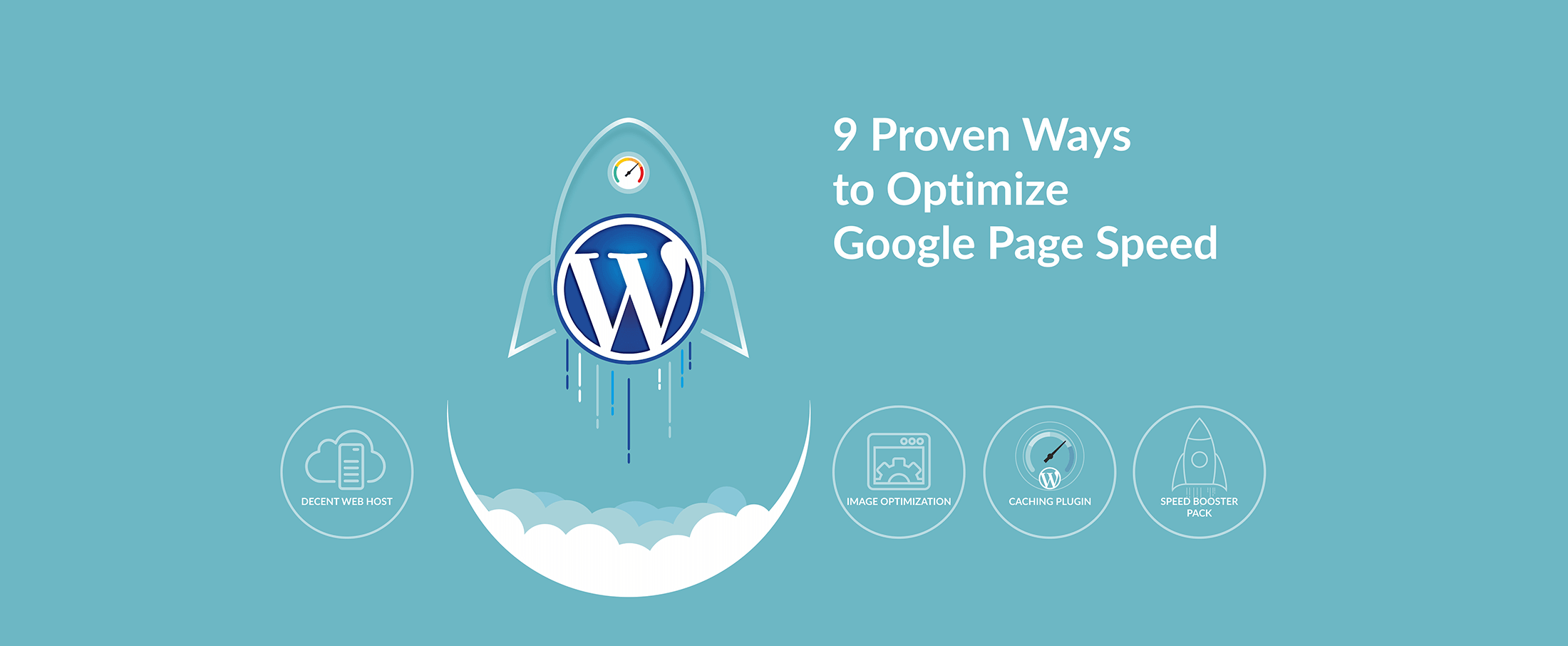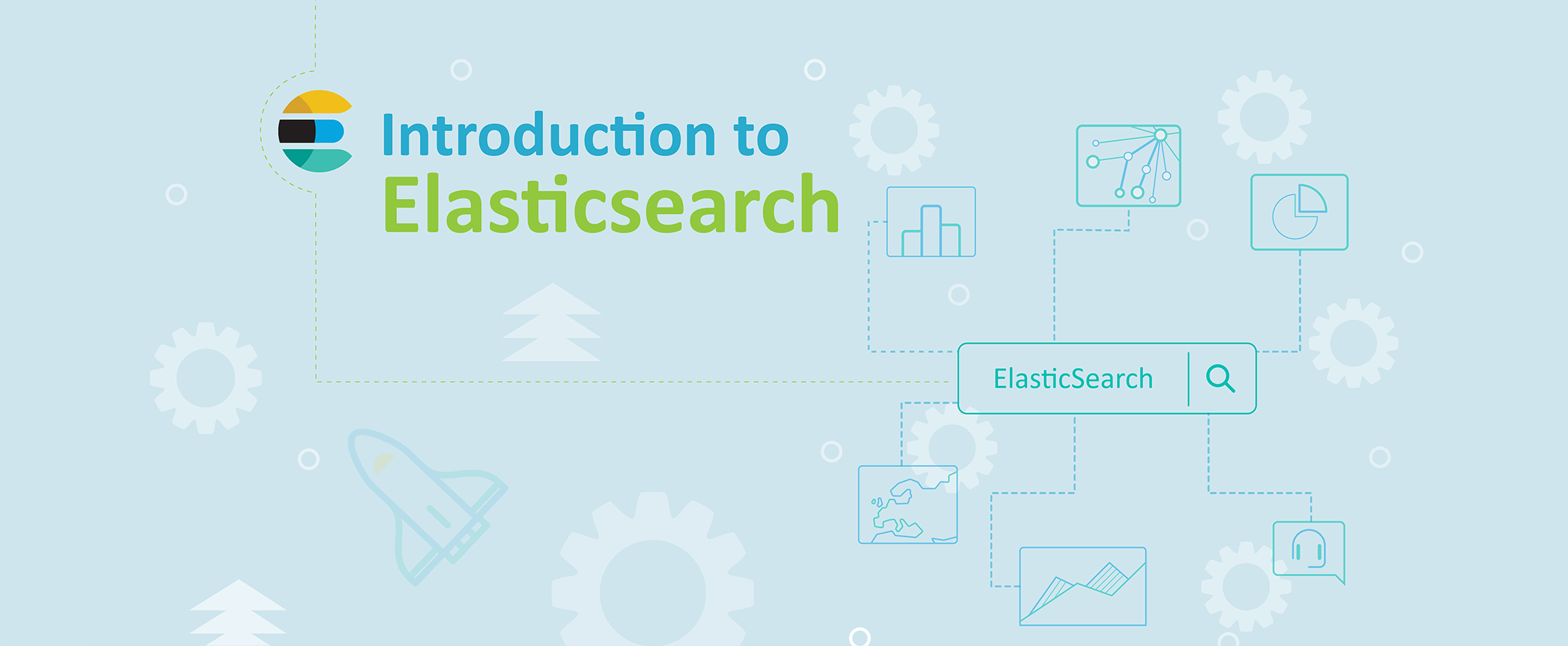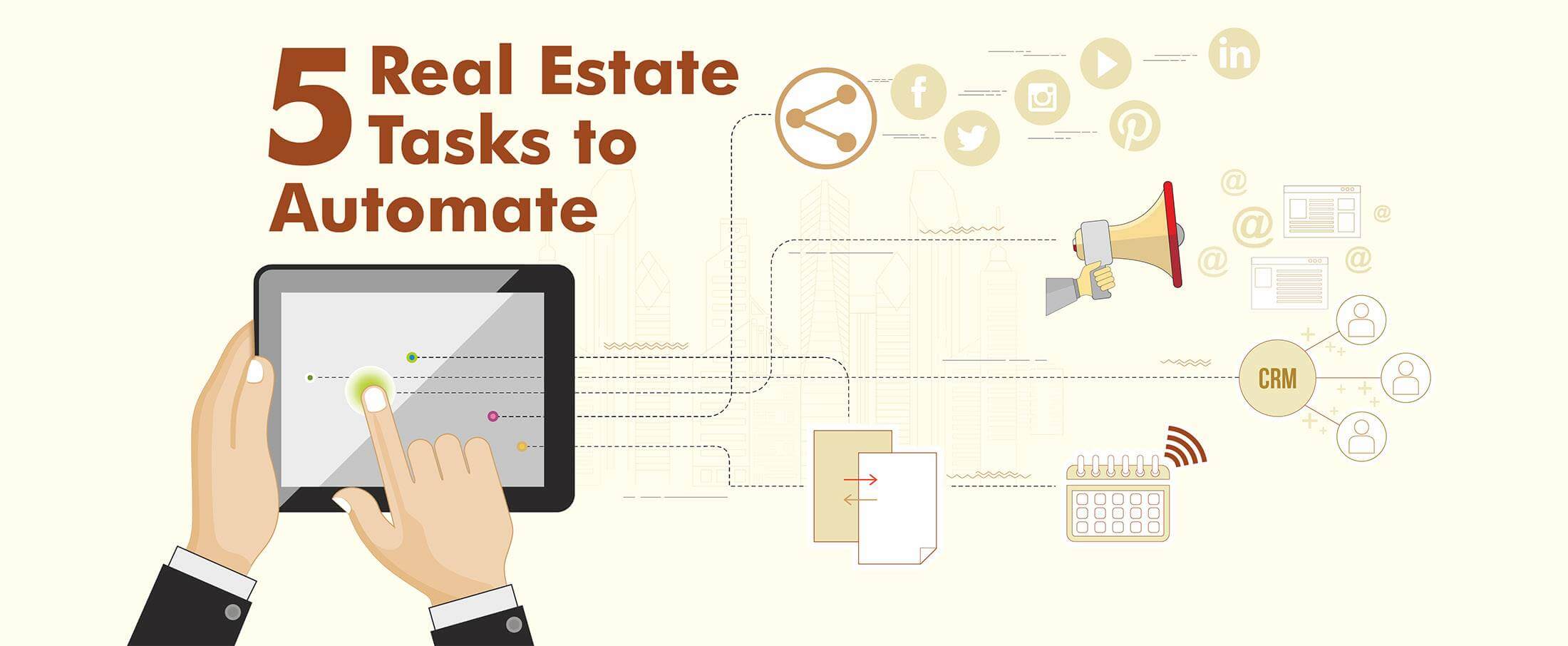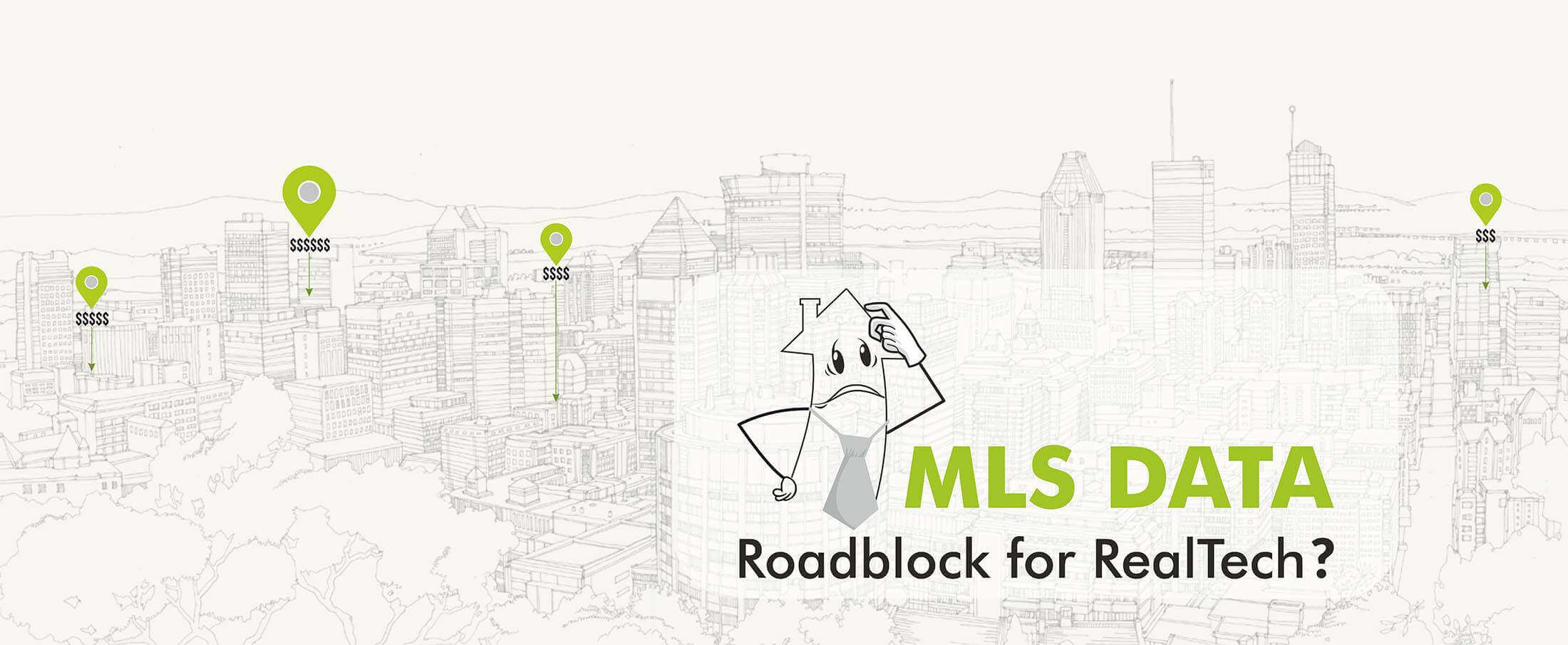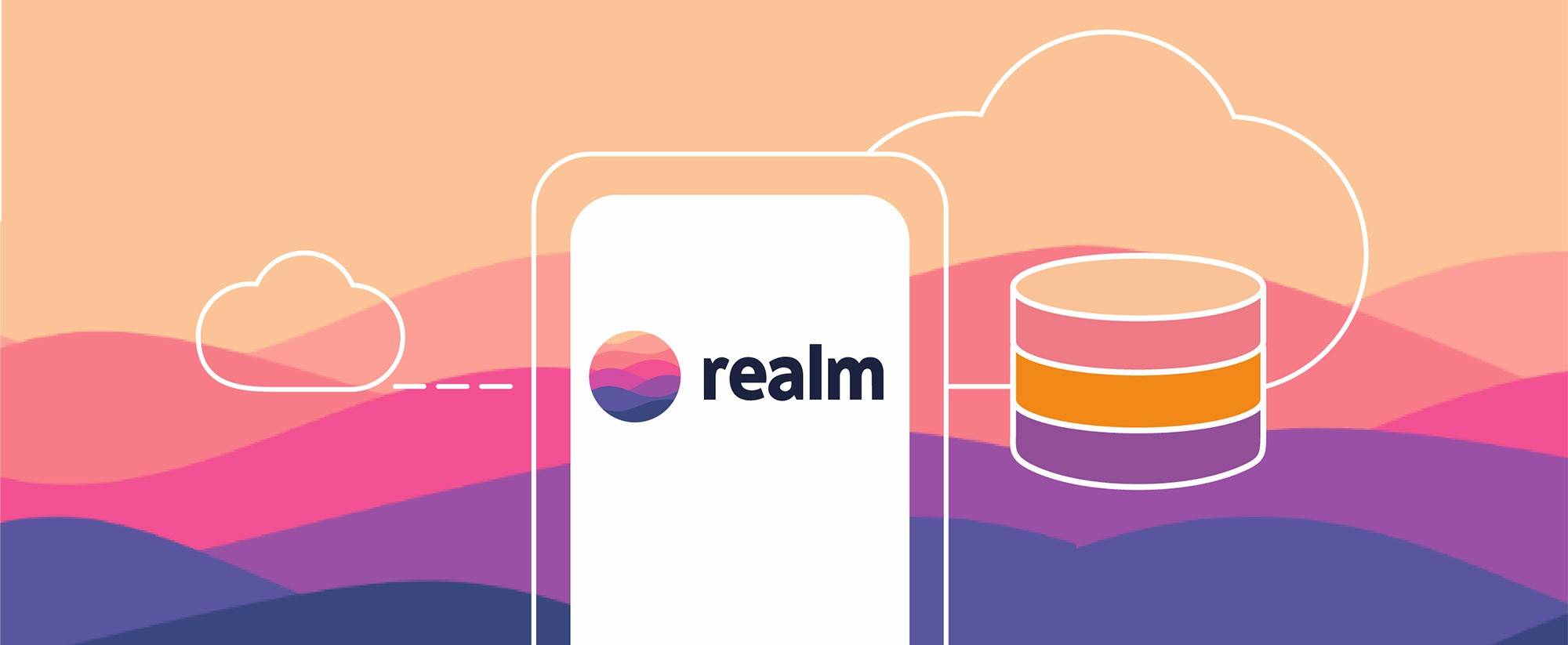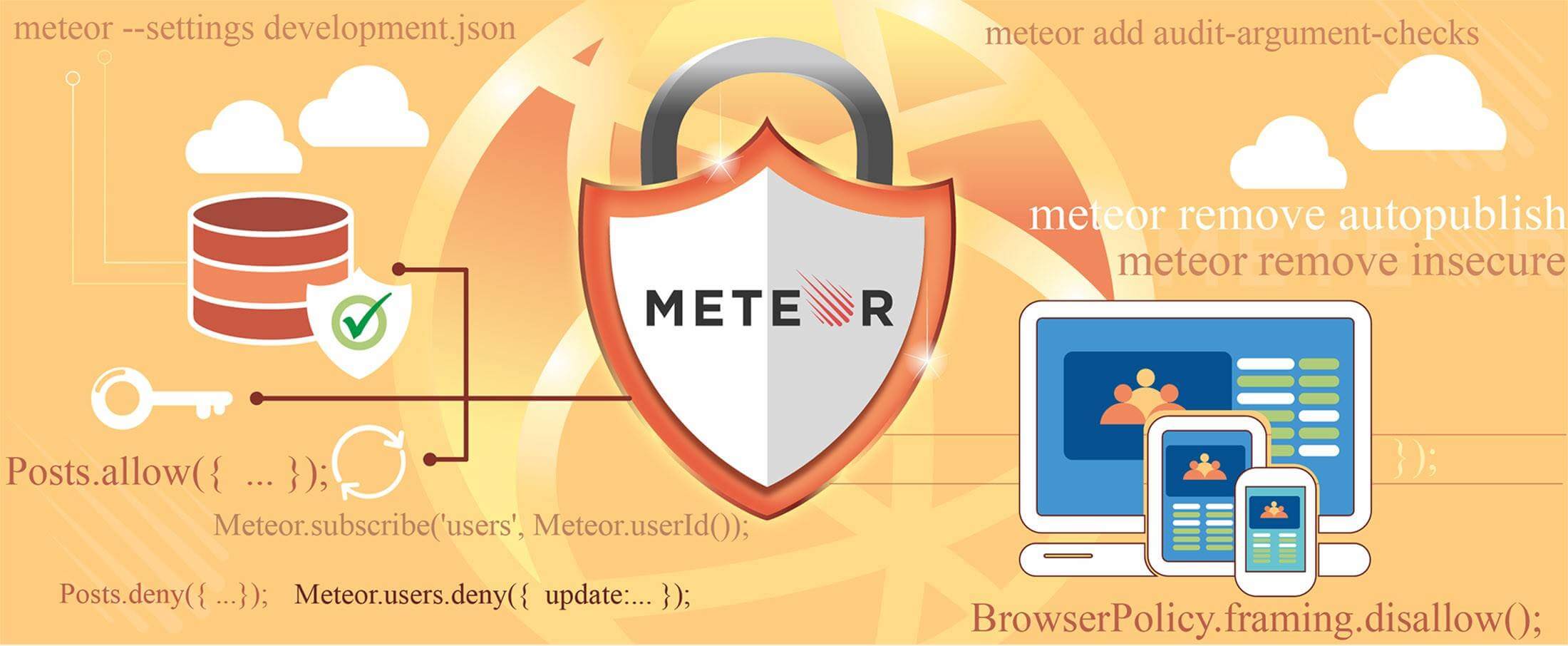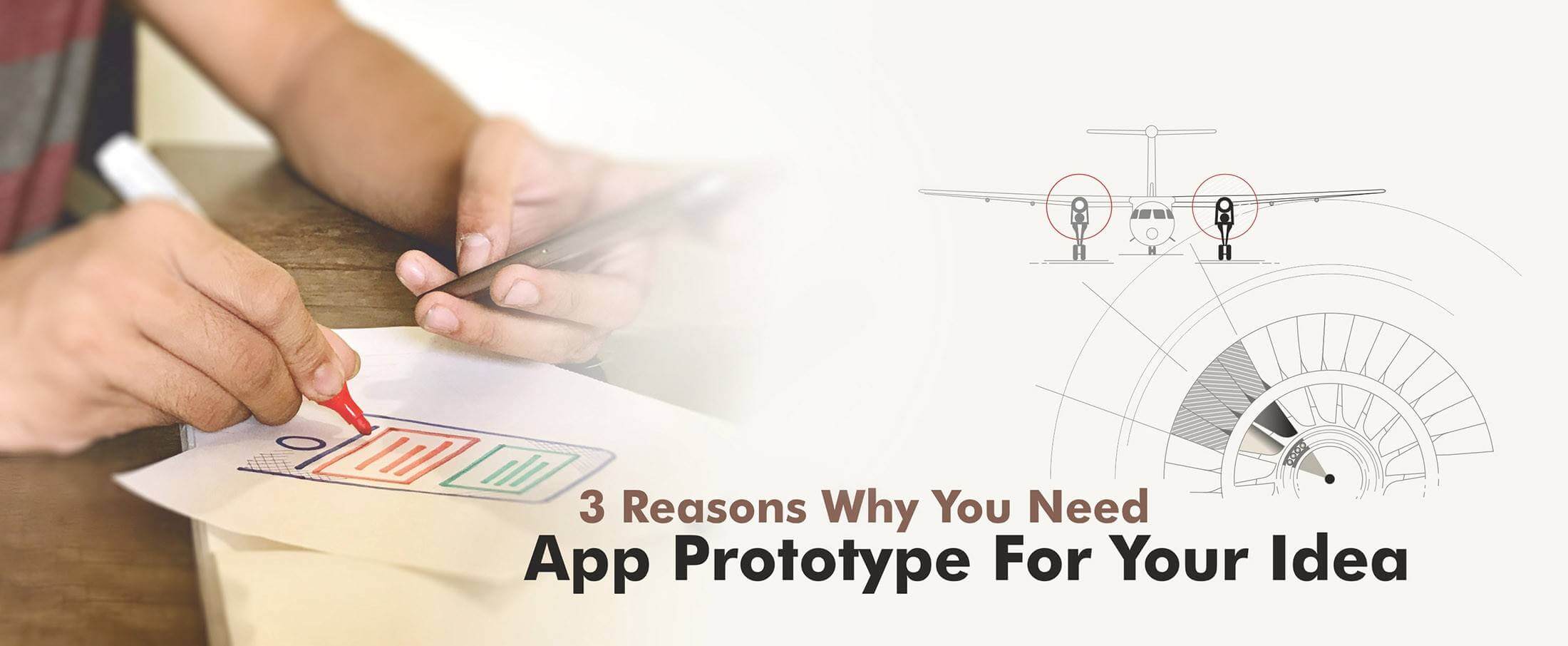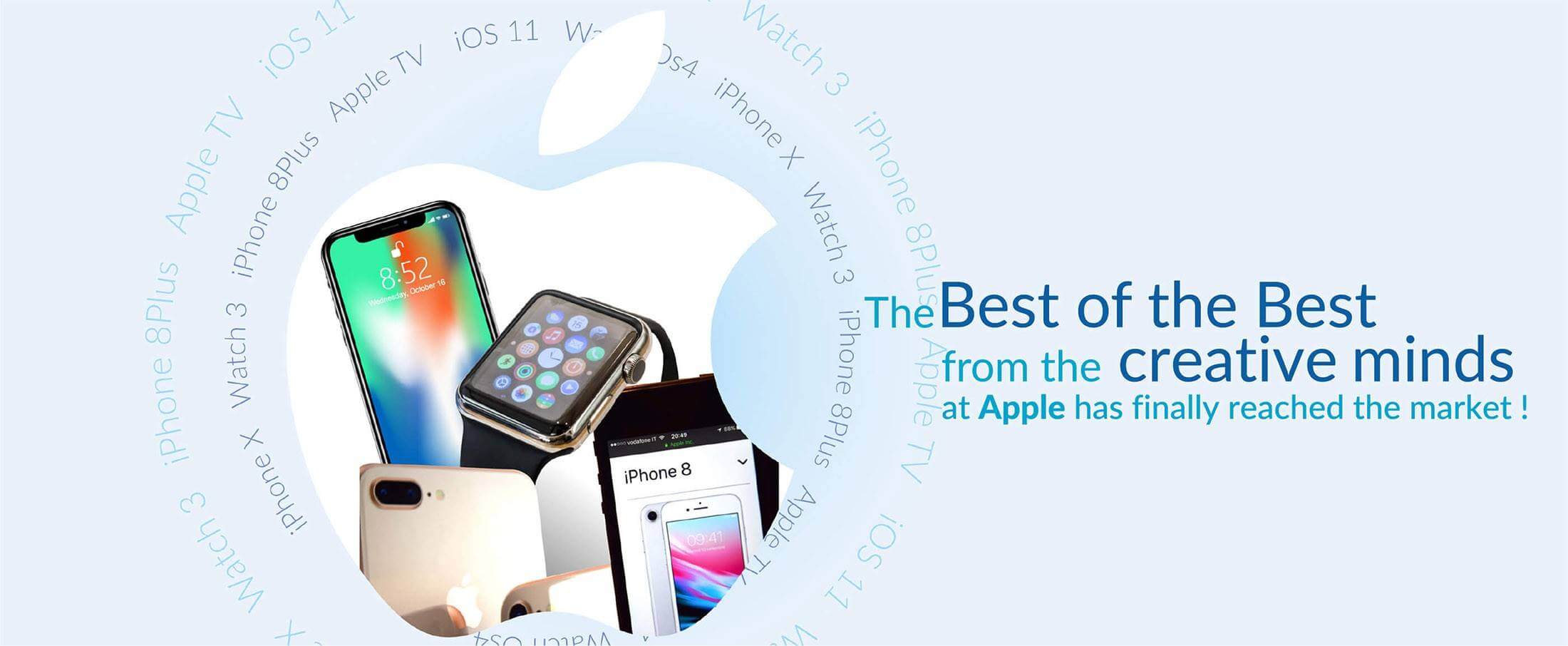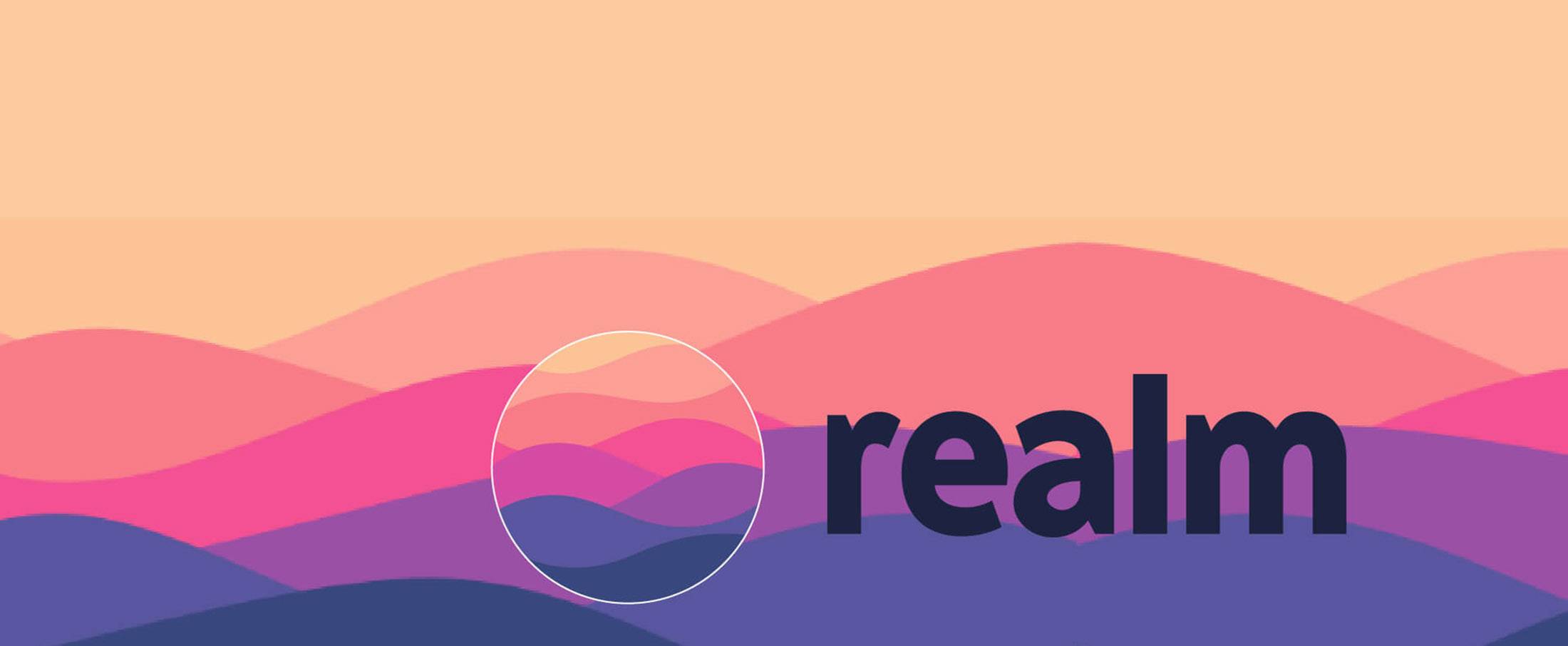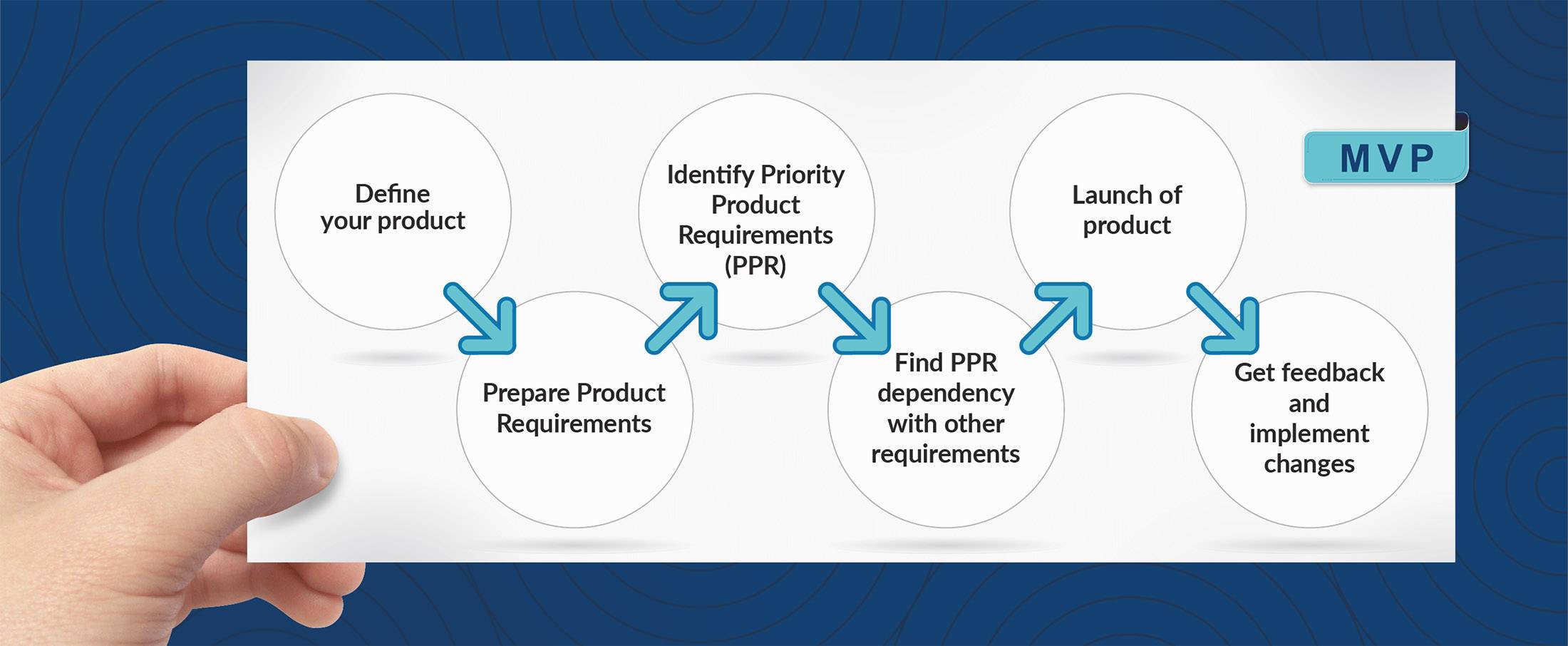Using mHealth for monitoring symptoms in children
Using mHealth for monitoring symptoms in children
Recent World Health Organization studies show that with 5 billion mobile phone subscriptions worldwide and almost 85% of the world population having access to a mobile phone and the internet, people are now using smartphones and mobile technologies to improve their access to healthcare. This has resulted in healthcare system in US undergoing massive transformation and increased personalization of healthcare with the focus on the development of patient-centric healthcare models. The resultant innovation, where mobile devices and the internet are playing a greater part in providing better healthcare is being termed mHealth or Mobile Health.
What does mHealth mean?
The Global Observatory for eHealth defined mHealth or Mobile health as the use of phones and wireless technologies to access health facilities and medical care. The best thing about mHealth is that it is being used to provide better healthcare in geographical locations suffering from a shortage of quality healthcare facilities in the USA. The applications of Mobile Health are innumerable: for treatment of diseases, remote patient management, surveillance and tracking of diseases and epidemics. Various components of mHealth include mobile apps, wearable devices and online availability of health-related data that provides for streamlined and more convenient management of diseases and chronic illnesses.
Benefits of mHealth
At every stage of human evolution, advances in technology have made life easy and more convenient. Currently, when most of us rely on the internet and mobile devices for almost everything, using an app or going online for healthcare too, makes a lot of sense. Currently, more and more patients and doctors are incorporating the concept of mHealth to make availing and providing healthcare more convenient and the reason for the popularity of this concept with medical professionals as well as patients is the convenience and the benefits that it offers.
1. Ease of connecting with a medical professional
The first and foremost advantage of Mobile Health is the ease of connecting with a medical professional. Searching for doctors and connecting with doctors using mobile applications is easier and faster. Additionally, the apps equip medical professionals with technological advancements that help connect with patients and provide them with remote treatment and monitoring easily. This is easing the stress on medical professionals, making it convenient for them to provide continuous care and is making it easy for the patients to access quality healthcare.
2. Availability of life-saving information
Mobile devices and wireless technology help in improving access to information. Availability of patient’s medical and treatment history through secure and sharable online sources helps the medical practitioners in providing accurate and faster healthcare services. Additionally, patients also have a massive amount of information in their hands that can help them better understand their medical problem as well as the treatment provided.
3. Remote Monitoring
This is perhaps the best benefit of Mobile Health technology; it provides practitioners with advanced technology that help them remotely monitor their patients. Using mHealth doctors can monitor the symptoms as well as ensure treatment compliance. Numerous studies have shown that mHealth technology can be extremely beneficial in the monitoring of kids, seniors and patients requiring critical care.
Significance of Mobile Health in Paediatrics
Statistics show that 1 out of 4 children is living with a chronic disease today, be it obesity, diabetes, asthma or learning and behavioural disorders. Studies have shown that there are positive implications of mHealth on accessible, continuous and coordinated medical care. This concept can decrease the negative effects of fragmented healthcare services, limited resources, institutionally as well as financially, and result in improvement in the healthcare services provided, especially for children with chronic illnesses. Studies have also shown that accessibility to 24-hour paediatric healthcare services, even if it is remote, decreases the stress levels in the parents, thus having positive effects on the health and development of the patient.
Leveraging mHealth in monitoring symptoms in children
When it comes to paediatrics, it is the parents who are the more involved parties. Studies have shown that Mobile Health technologies are being readily accepted by parents. A study conducted in Brooklyn has found that 59% of parents are interested in health-related mobile apps and 66.9% use the smartphones to look for health-related information, especially for their kids. This indicates that parents are very much interested in using technology for betterment of healthcare for their kids.
When properly leveraged, mHealth can be used for effective monitoring in pediatrics. Mobile Health apps can help parents monitor symptoms in children with chronic illnesses and allergies like diabetes and asthma. Mobile apps with built-in temperature measurement, heart-rate and blood pressure recorders can help parents and doctors monitor the patient’s symptoms 24×7. The availability of specific apps for specific health problems provides for better and continuous monitoring. Additionally, they can also help doctors keep track of the patient’s treatment compliance thereby providing them an opportunity to offer better care and treatment.
- Chronic Disease Monitoring
- mHealth
- Pediatric Monitoring
- Remote Monitoring
Mobifilia
17 September 2019
